Rabbits are more than just adorable companions—they're picky eaters with specific needs. And when it comes to hay, age does matter. Choosing the right hay based on your rabbit's age can mean the difference between a happy, healthy bun and one with long-term health issues.
Click Here For a Guide to Understanding Your Rabbits Diet.

It's easy to assume all hay is the same, but feeding a baby rabbit the wrong type can cause serious digestive problems or lead to obesity later on. If you're unsure when or how to make the switch, you're in the right place.
What Baby Rabbits Should Eat
For the first few weeks of life, baby rabbits (kits) should be nursed by their mother. Nursing continues for about seven weeks, but that doesn't mean they can't start nibbling on solids before then.
Alfalfa Hay can be introduced around week three. This hay is rich in calcium, protein, and fiber—exactly what a growing kit needs. Unlike adult rabbits, young ones require those extra nutrients to support bone growth, development, and weight gain.
Don't forget to offer fresh water, and as they grow closer to six weeks, start mixing in a few small pellets and a limited number of leafy greens. Just go slow with those extras, and always keep Alfalfa Hay available in unlimited amounts.
Understanding Age-Appropriate Rabbit Hay
Once your rabbit hits the six-to-seven-month mark, it's time to start thinking about transitioning away from Alfalfa Hay. This is when your rabbit no longer needs the high calcium and protein found in Alfalfa. In fact, continuing with it could cause obesity, urinary issues, and calcium buildup in the kidneys.
The go-to hay for adult rabbits is Timothy Hay. This grass hay is lower in calories and calcium but still packed with fiber—perfect for keeping your rabbit's digestion and teeth in check.
When it comes to age-appropriate rabbit hay, the goal is to support your rabbit's nutritional needs without overfeeding or underfeeding any one nutrient. High-quality Timothy Hay is a must for adults, while young rabbits should stay on Alfalfa Hay until they're mature enough to switch.
How to Transition Your Rabbit's Diet
Here's the tricky part: rabbits tend to love Alfalfa Hay. It's sweeter and more flavorful, which means your bun might be a bit hesitant when you first introduce Timothy Hay.
The best way to handle this? Mix the two. Start with a ratio of about 75% Alfalfa and 25% Timothy Hay, and slowly adjust the balance each week. Keep decreasing the Alfalfa until your rabbit is fully on Timothy Hay. Depending on how stubborn your bunny is, this could take a few weeks or longer.
If your rabbit refuses the new hay, resist the urge to offer more pellets or extra treats to "make up" for it. That only delays the transition. Hunger is a powerful motivator, and as long as they're healthy, your rabbit will eventually get used to the change.
Pellets and Vegetables: Don't Overdo It
Pellets and veggies are fun to offer, but they shouldn't crowd out the hay in your rabbit's diet. Too much of either can lead to digestive issues, gas, or even diarrhea.
For rabbits over 7 months: Pellets should be limited to 1/4 cup per day per 6 pounds of body weight.
Leafy greens are great in moderation, but avoid starchy or sugary vegetables and fruits unless given as occasional treats.
Hay should always be the foundation of your rabbit's diet—about 80% of their intake, especially as they reach adulthood.

What About Special Cases?
There are a few exceptions to the typical hay schedule. Some rabbits need a boost in calories or calcium beyond the baby stage. If your rabbit is elderly, underweight, recovering from surgery, or pregnant/nursing, Alfalfa Hay may still be appropriate—at least in small amounts.
In these situations, it's smart to talk with a vet who specializes in rabbit care. They'll help you build a plan supporting your rabbit's needs.
Why Hay Quality Matters
Let's say you've made the switch to Timothy Hay, but your rabbit still won't eat it. Before you assume they're just being picky, take a look at the hay itself. Is it dry? Crumbly? Dusty or pale in color?
Rabbits won't eat old or low-quality hay. Hay that smells moldy or musty can even make them sick. It should be green, slightly moist, and have a fresh, grassy smell. If your hay isn't passing that test, it might be time to toss it.
The easiest way to keep hay fresh is to buy it in smaller amounts and store it in a cool, dry place with good airflow. Avoid plastic containers—they trap moisture and cause mold. A breathable paper bag or open-top bin in a dark pantry works much better.
Tips for a Smoother Transition
Stick to a routine. Feed at the same time each day to keep your rabbit feeling secure and consistent.
Limit distractions. Place hay in a quiet, low-traffic area where your rabbit can relax while eating.
Try different cuts. Some rabbits prefer second cut Timothy Hay (softer and leafier), while others like the crunch of first cut hay. Try both to see what they enjoy most.
-
Mix it up. Try sprinkling some of their favorite herbs or flowers (like chamomile or dandelion) into the Timothy Hay to make it more tempting.

Why It’s Worth the Effort
Timothy Hay isn't just filler—it's what keeps your rabbit's digestive system moving and their teeth from overgrowing. Rabbits have teeth that grow constantly. If they're not chewing enough fibrous hay, those teeth can grow into painful spurs that require vet trimming under sedation.
And that's not cheap or fun for anyone involved. Hay is nature's toothbrush and tummy-soother all in one.
What About Other Small Pets?
Even though this post is all about rabbits, it's worth mentioning that guinea pigs and chinchillas follow a similar hay schedule. Baby guinea pigs and chinchillas benefit from Alfalfa Hay, too, and both need to switch to grass hays like Timothy once they're fully grown. It's good to note that guinea pigs need a steady supply of vitamin C to avoid deficiency, which you can read more about here.
If you live in a multi-pet household, double-check feeding areas so your adult rabbits aren't sneaking Alfalfa from the babies. That hay may be great for young pets, but it's not a good long-term snack for adults.

Find What Works Best
Every rabbit is different. While most will eventually accept Timothy Hay, a few may need some creative encouragement. Rabbit Hole Hay offers sample packs that let you test out different cuts and types of hay without a big commitment. It's an easy way to learn what your rabbit likes best.
You can also grab our Hay is for Rabbits eBook to dive deeper into different hay types and their benefits based on your rabbit's age, health, and lifestyle.
Key Takeaways for Rabbit Hay Transitions
Start baby rabbits on Alfalfa Hay at around 3 weeks old, and keep it going until about 6–7 months of age.
Gradually switch to Timothy Hay using a blend, reducing Alfalfa week by week.
Stick with high-quality, fresh hay—and store it properly to keep it that way.
If your rabbit isn't eating the hay, resist the urge to overcompensate with pellets or veggies. Stay patient.
Switching to age-appropriate rabbit hay isn't always easy, but it's always worth it. A diet rich in the right hay sets your rabbit up for a healthy life—one full of happy hops, good poops, and fewer vet visits.

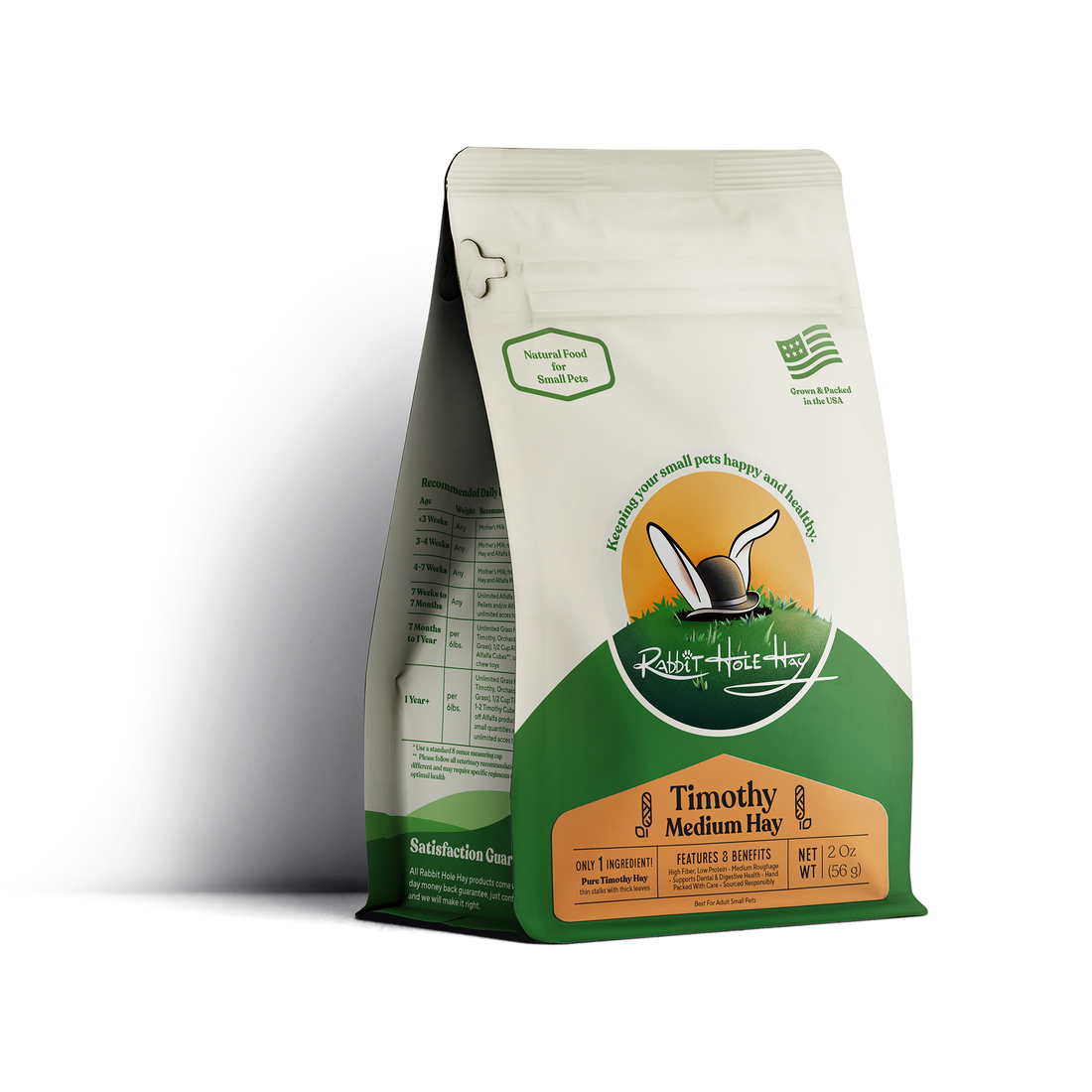
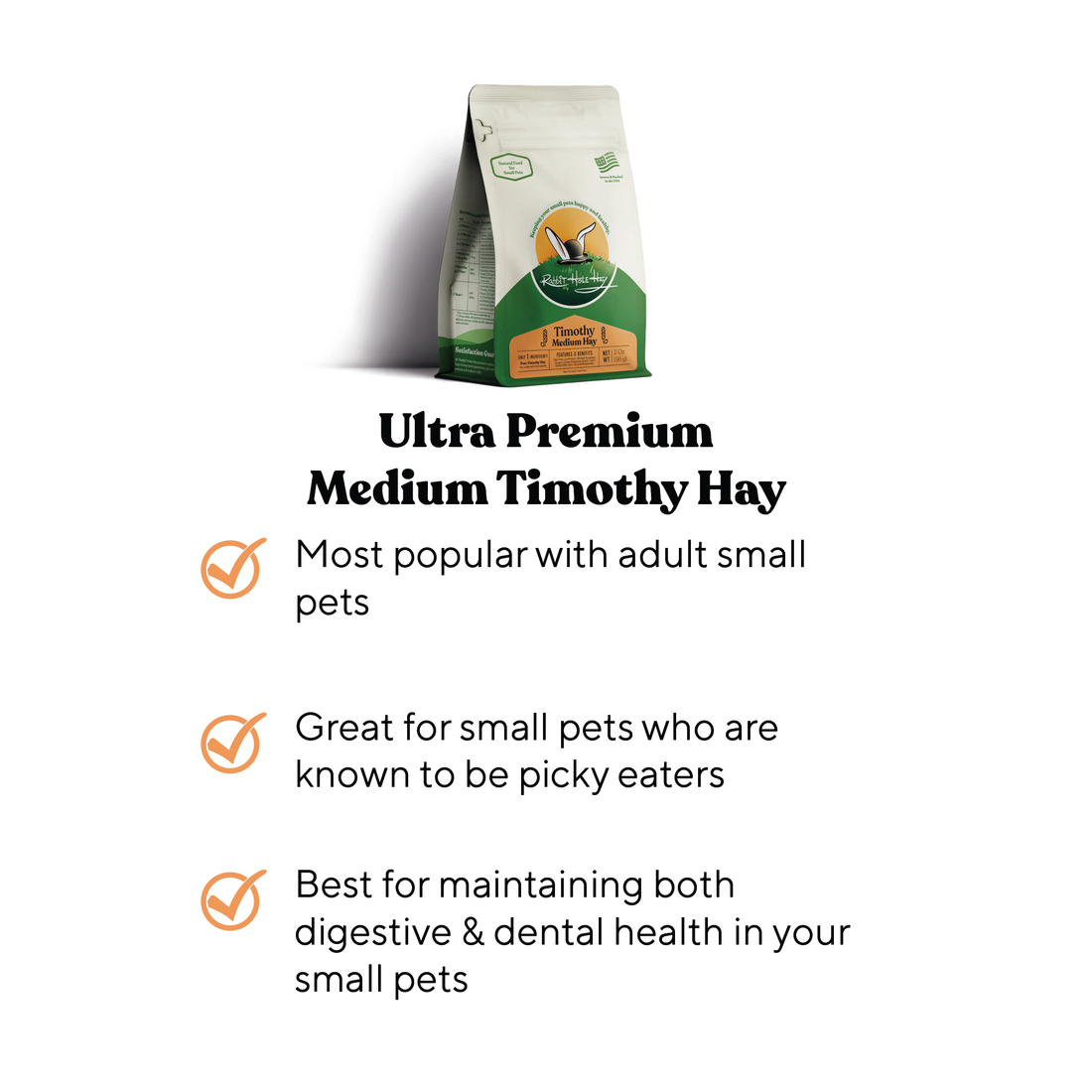
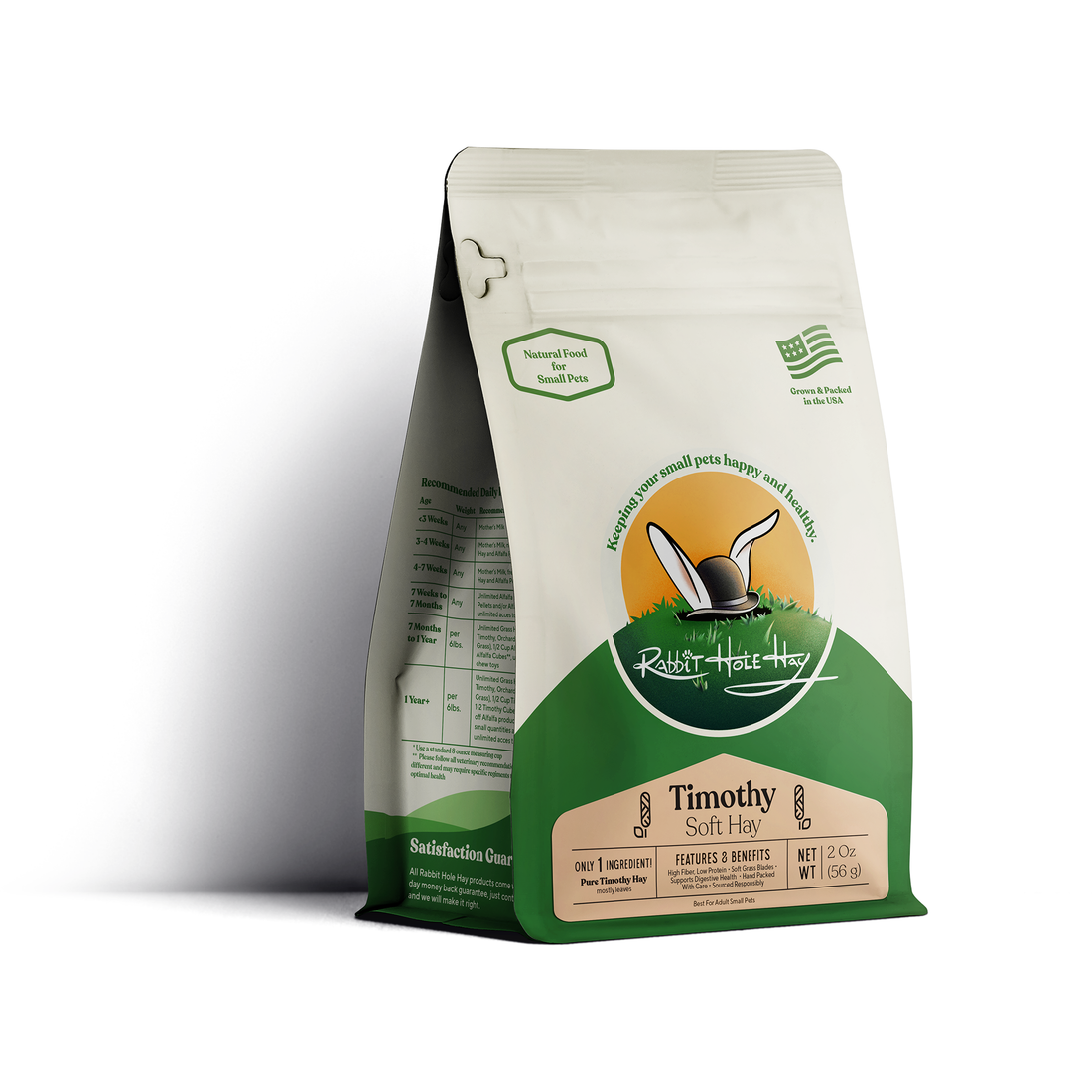
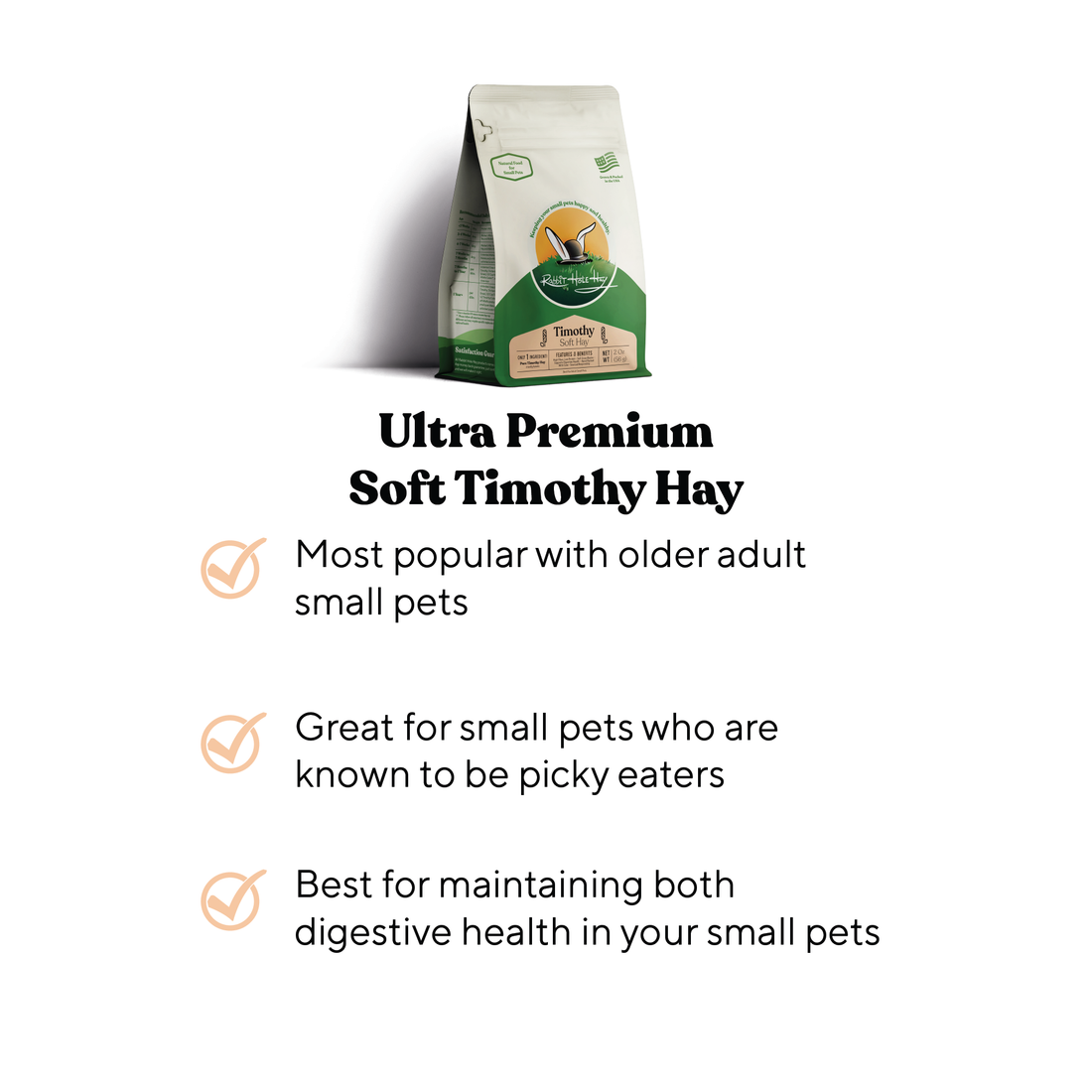
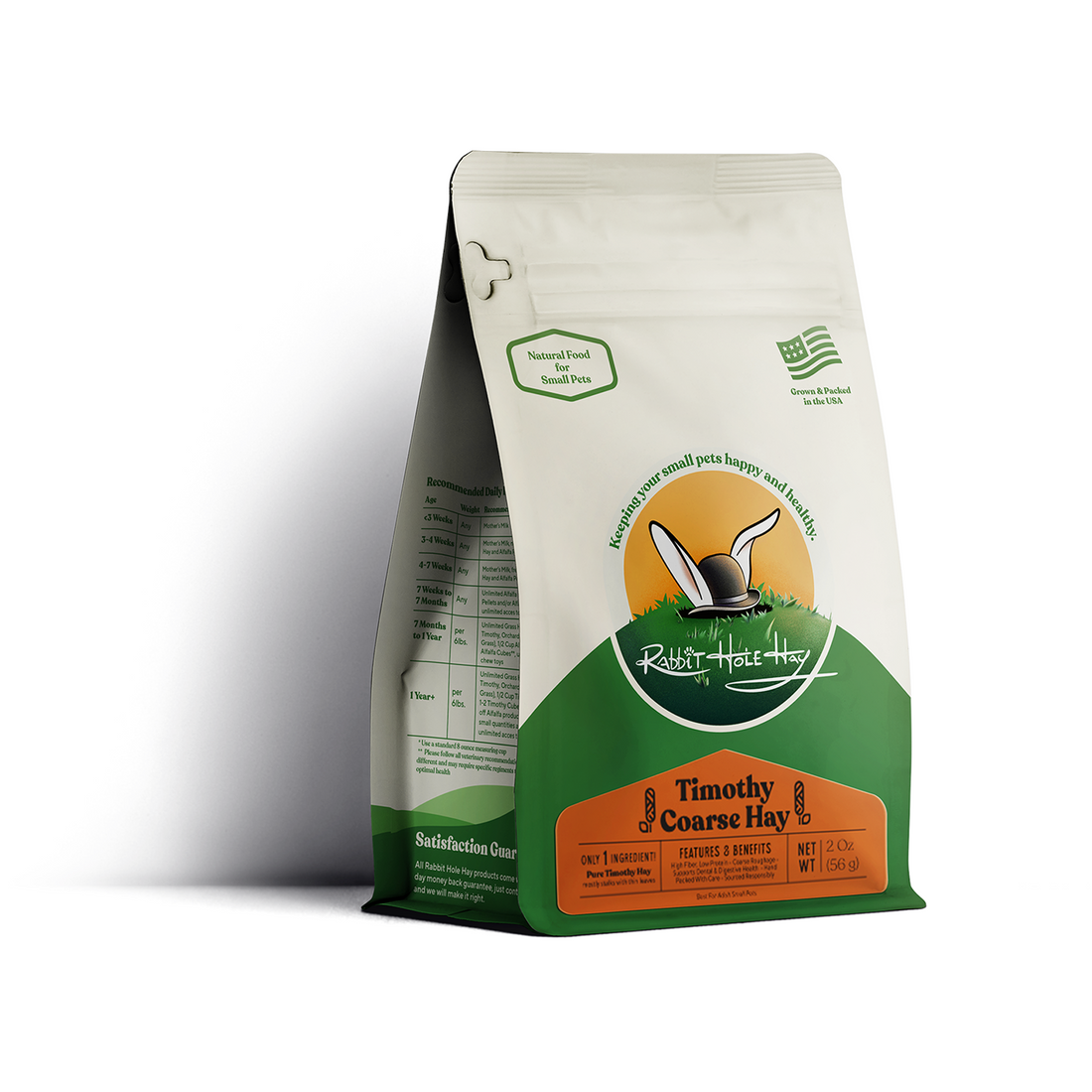
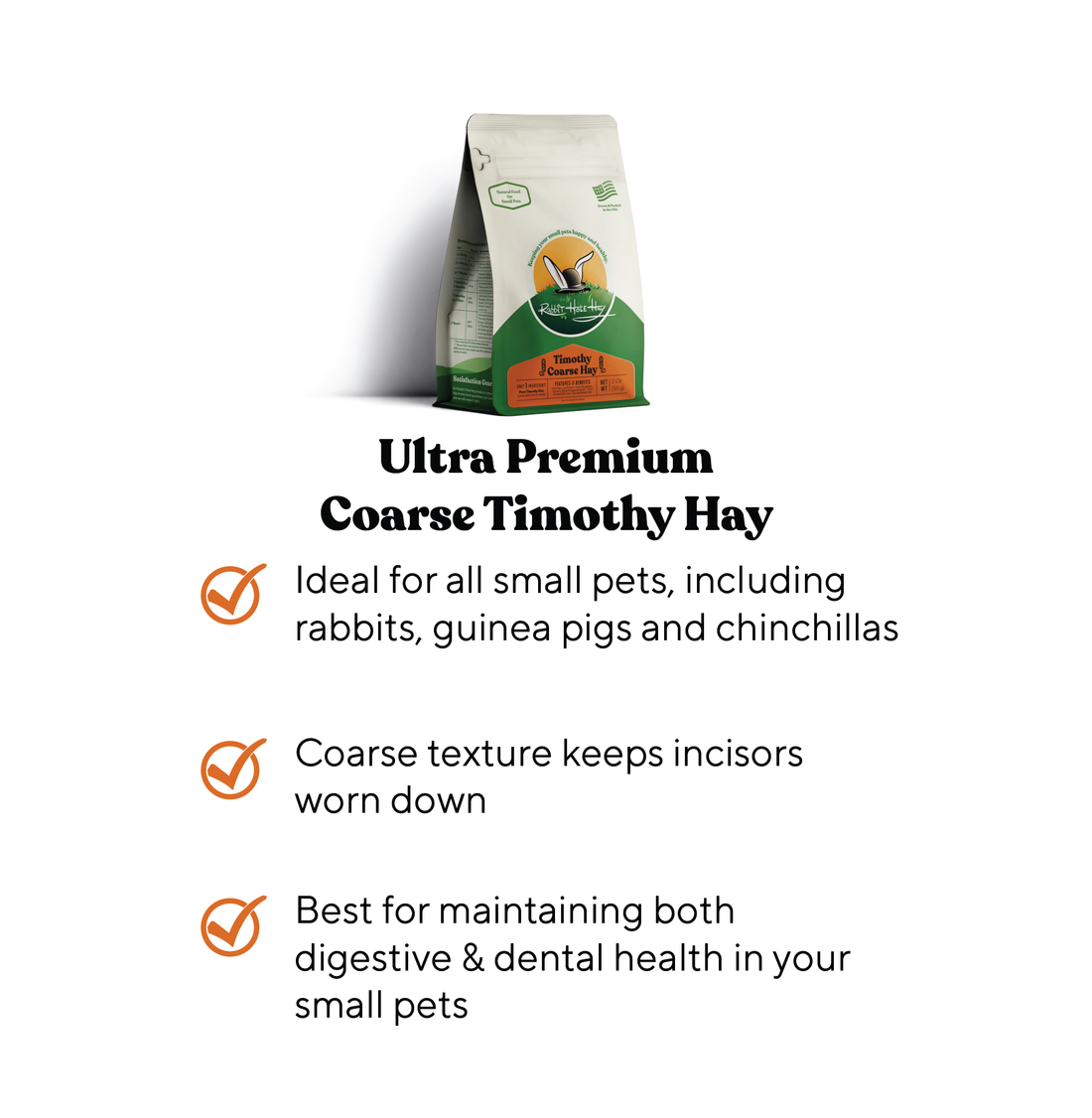
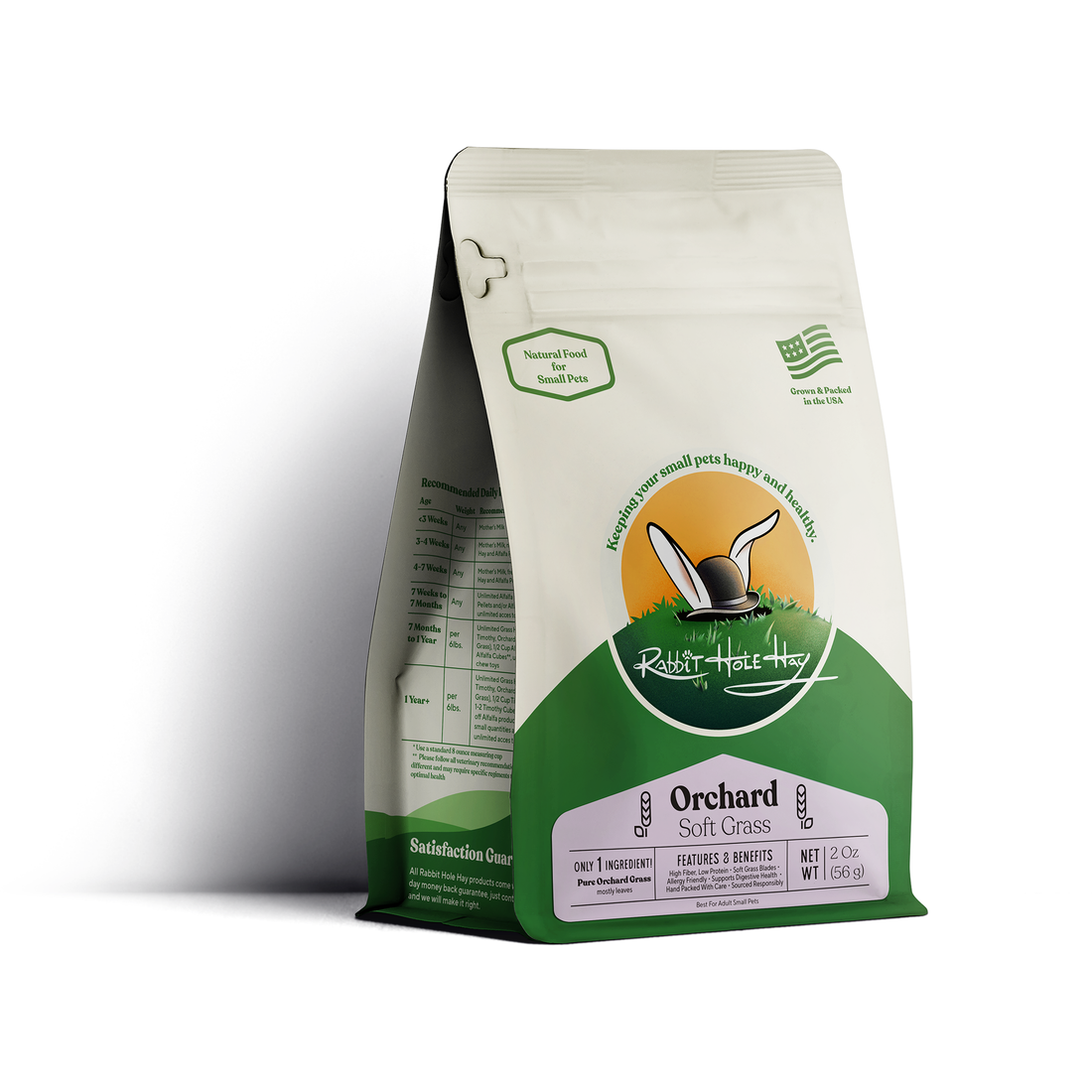
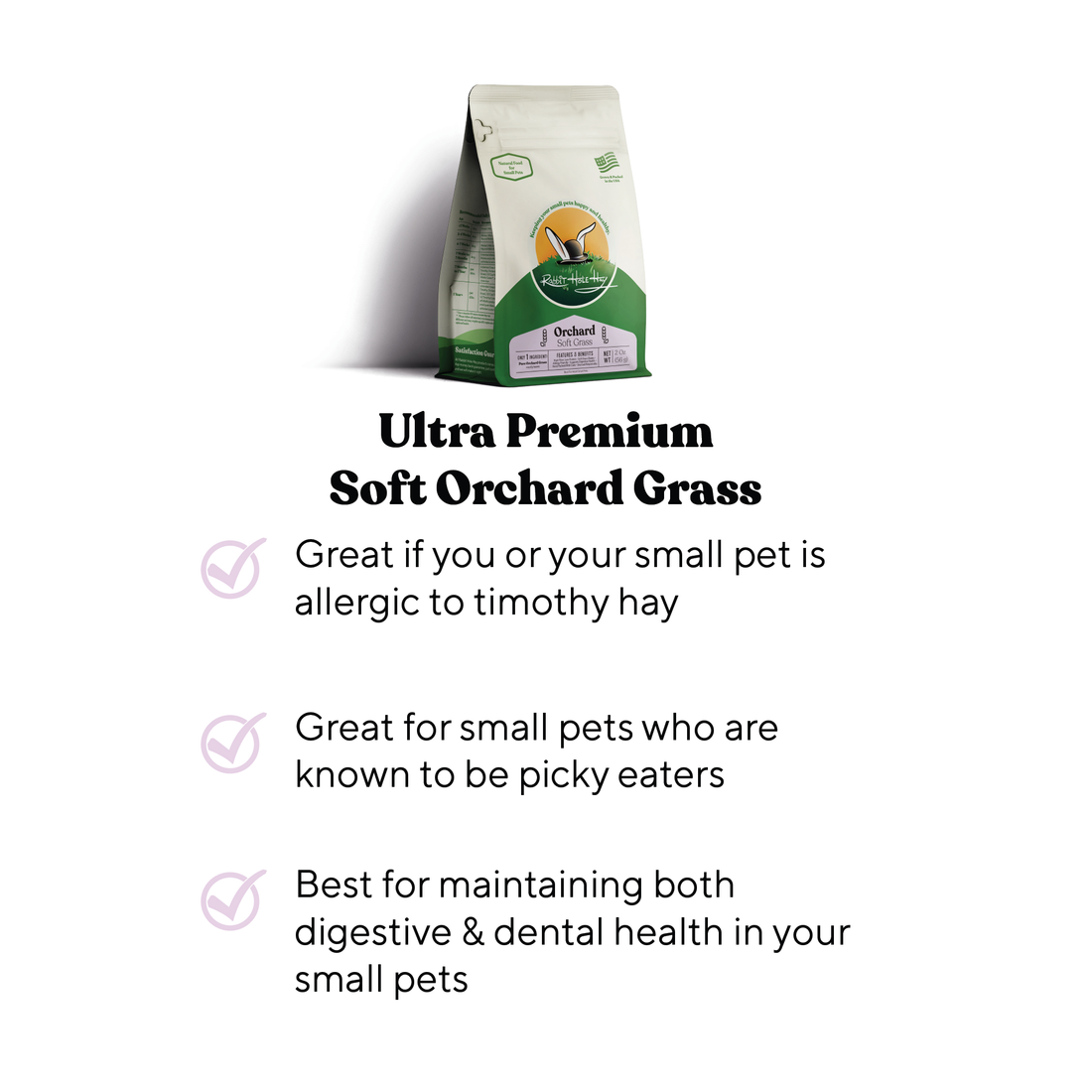
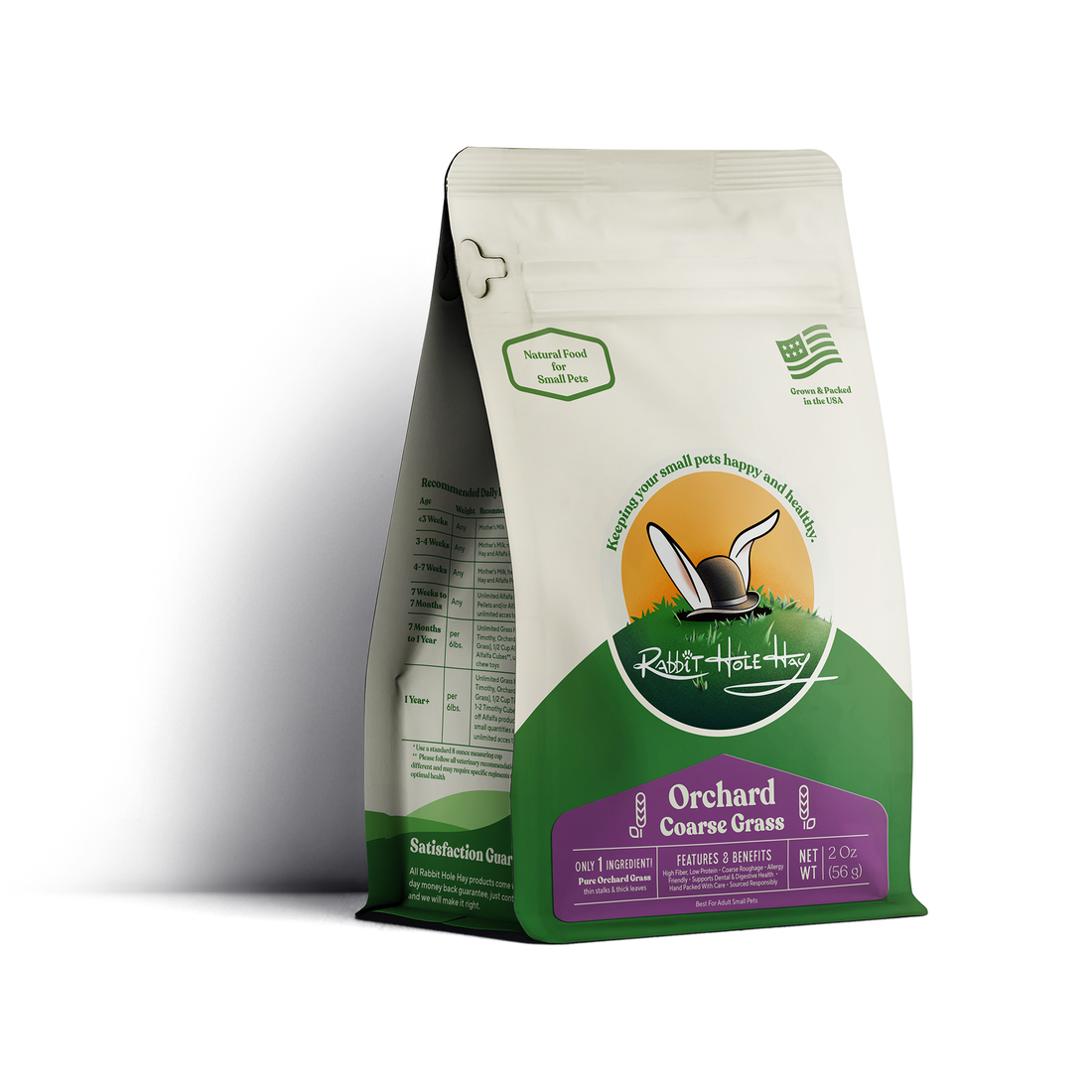
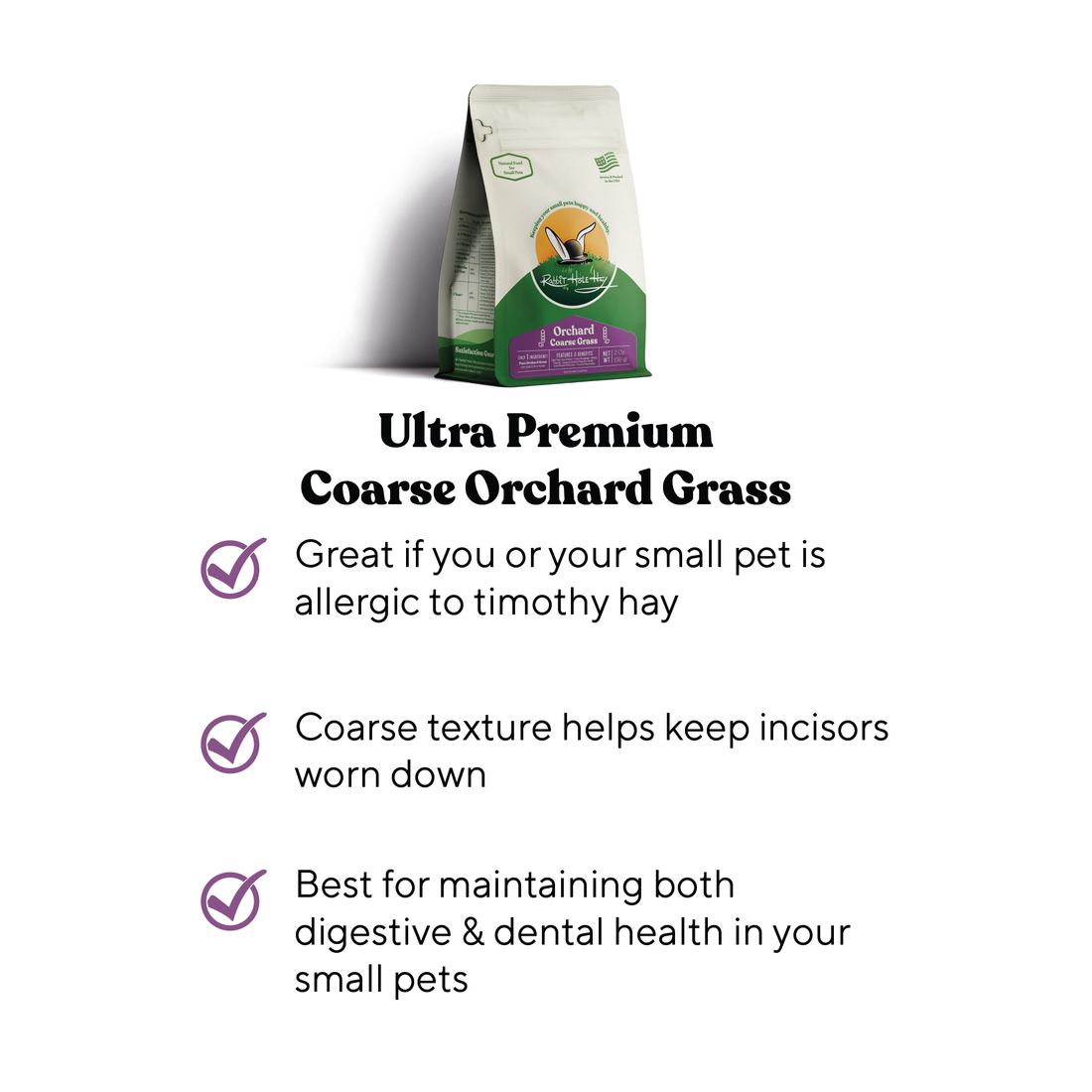
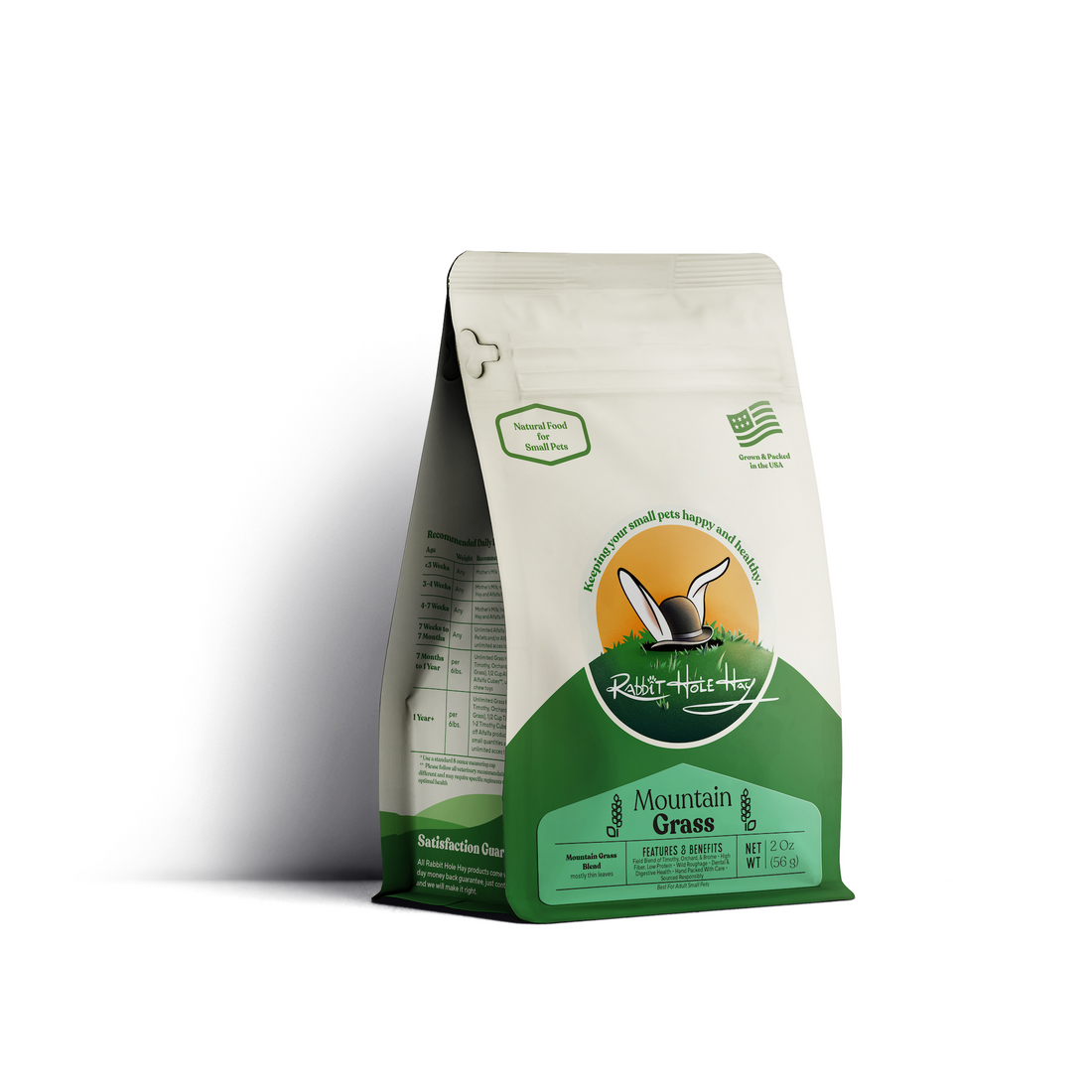
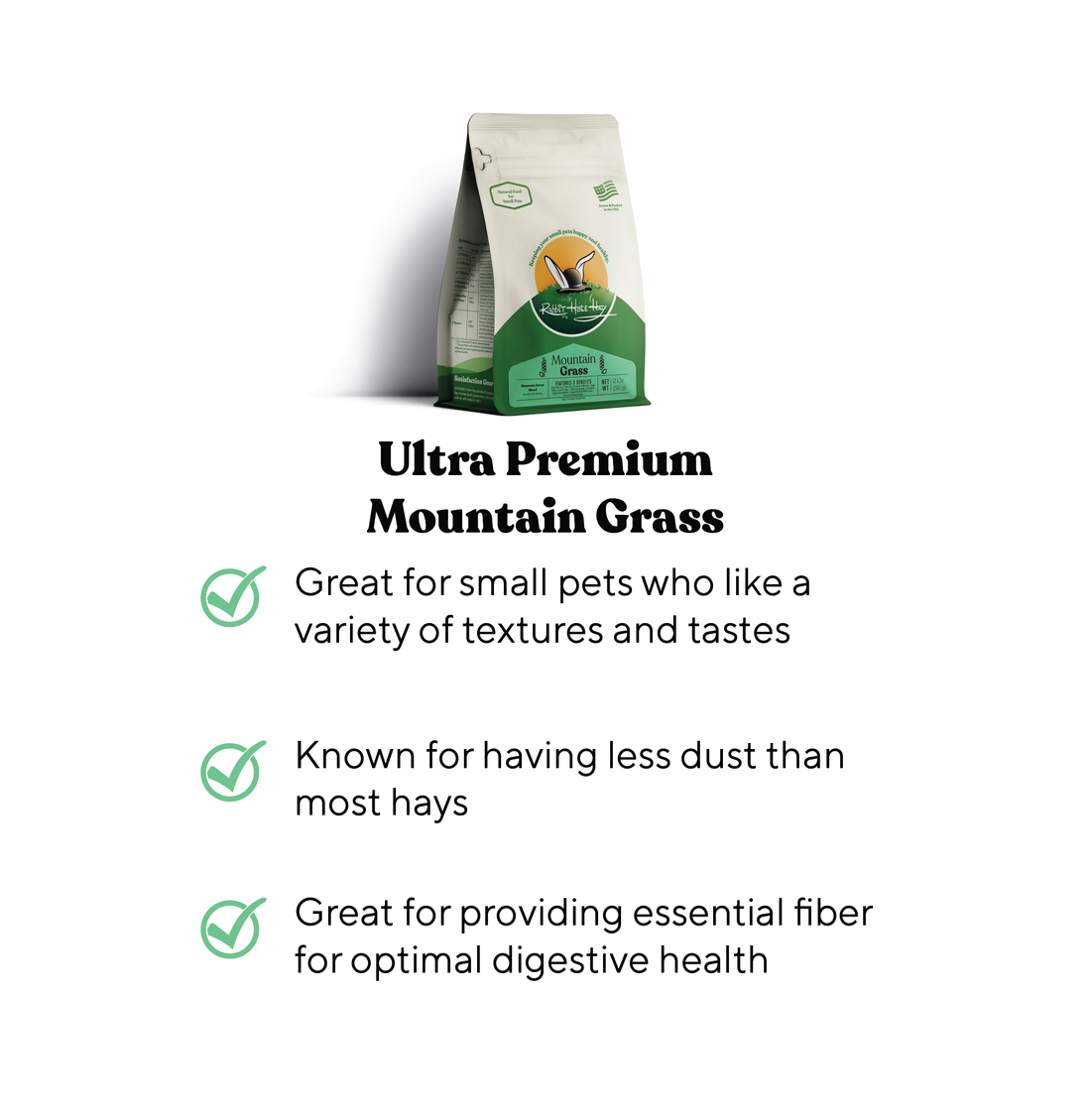
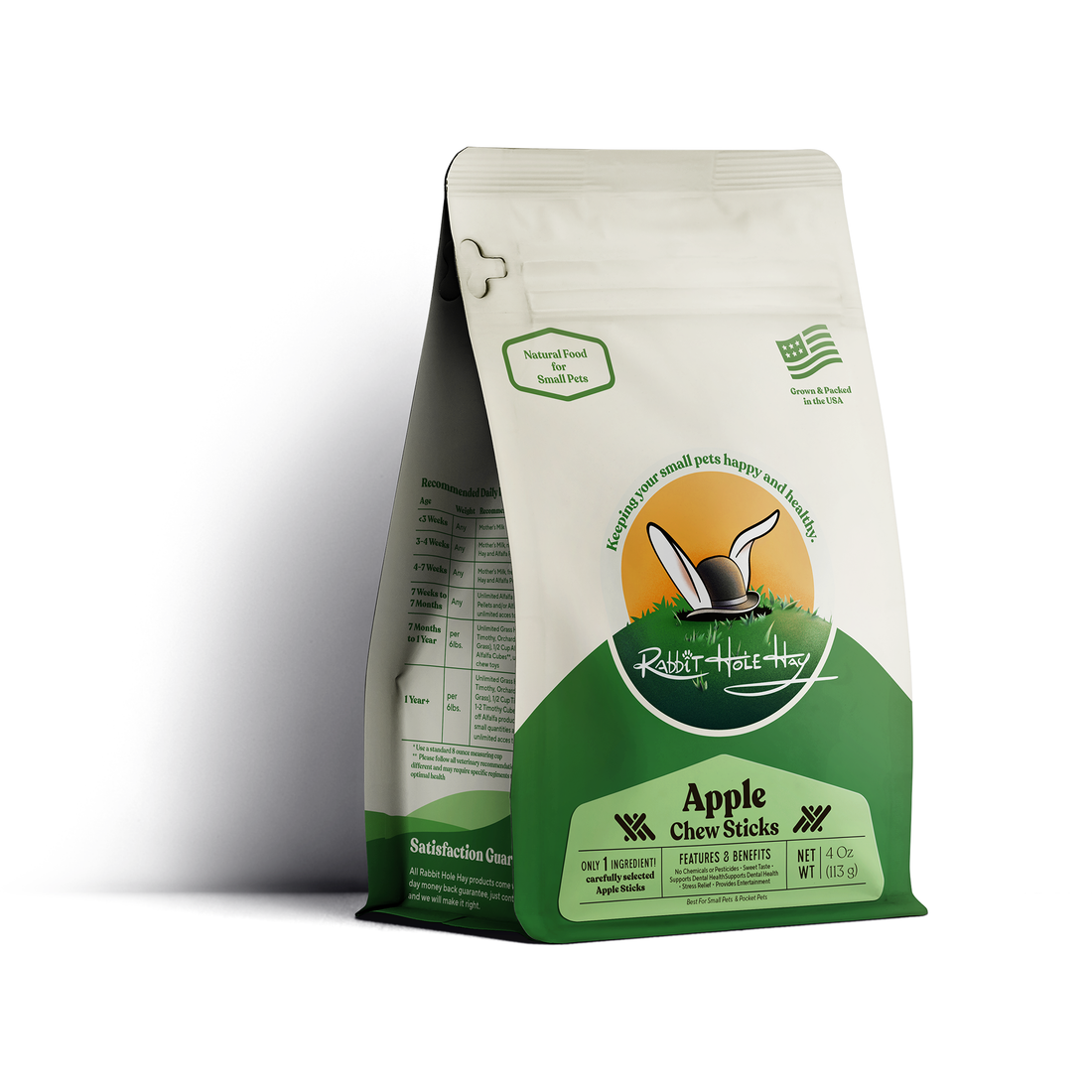
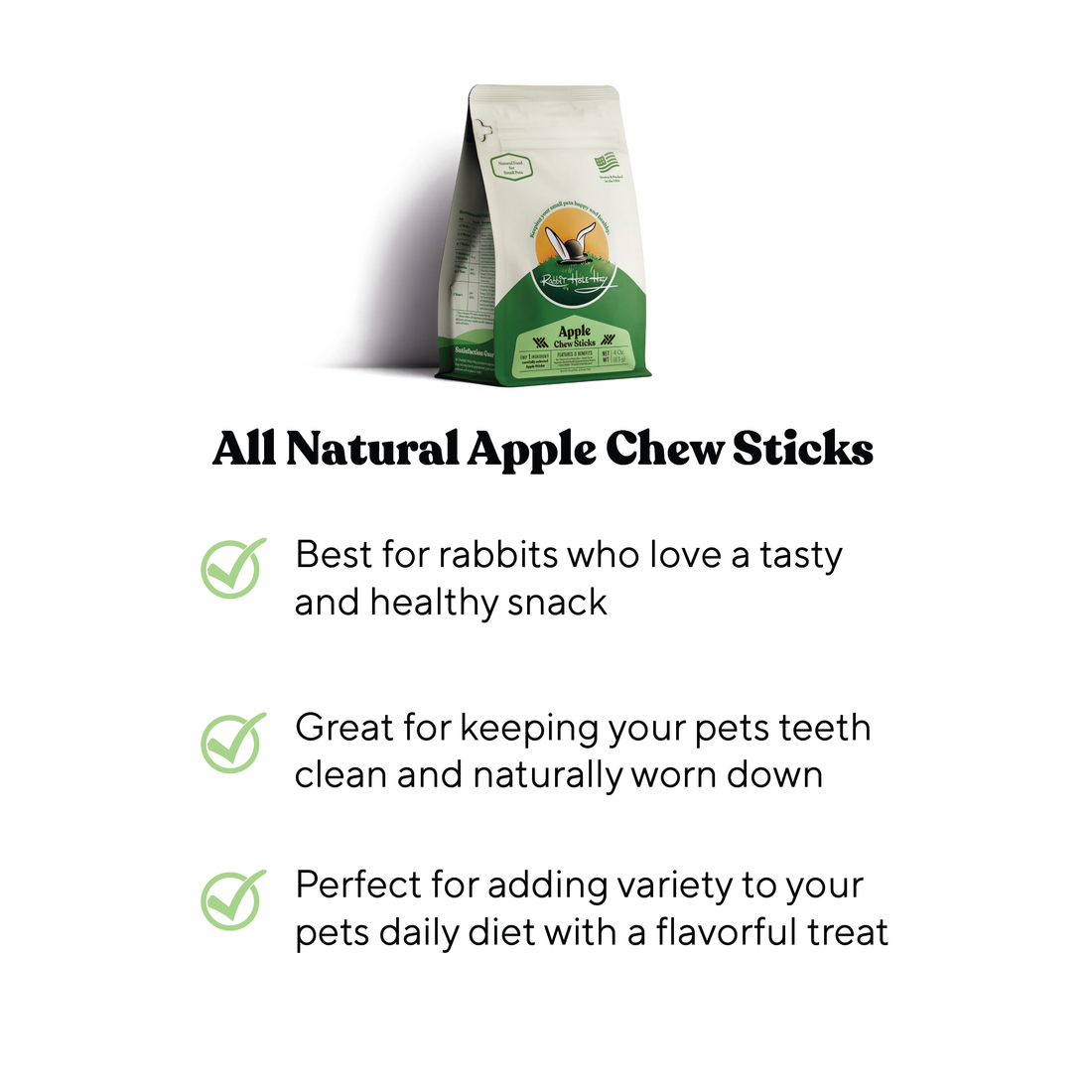
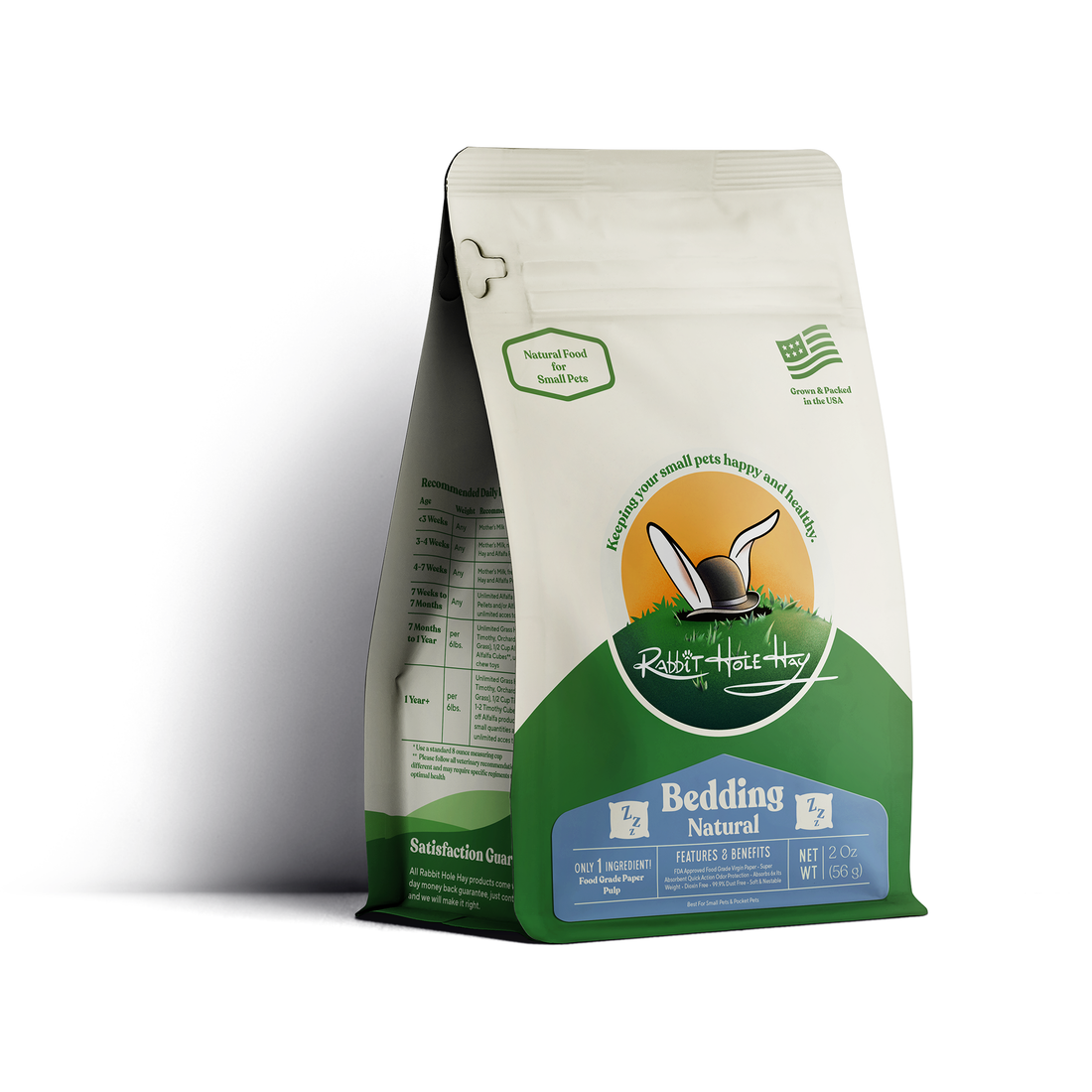
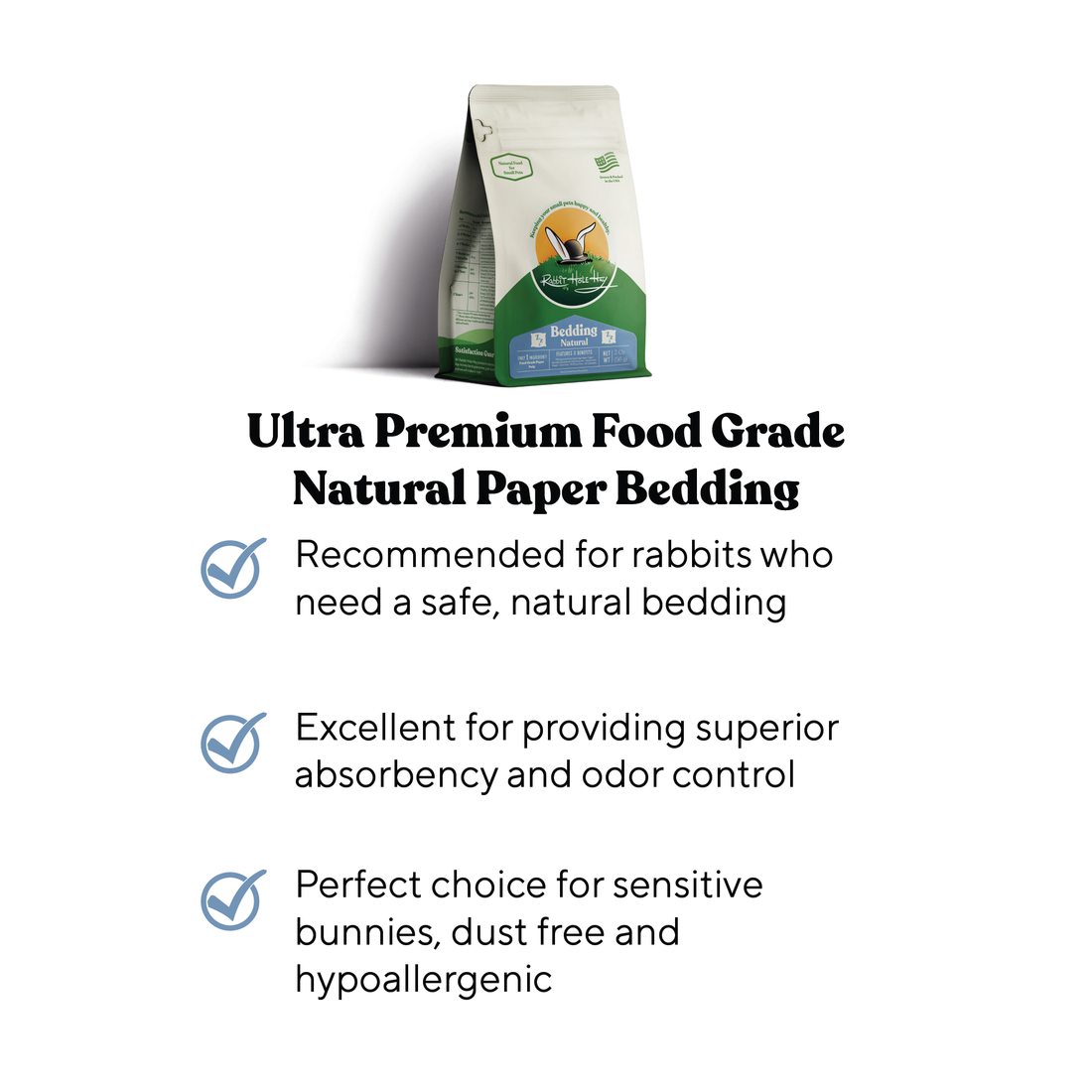
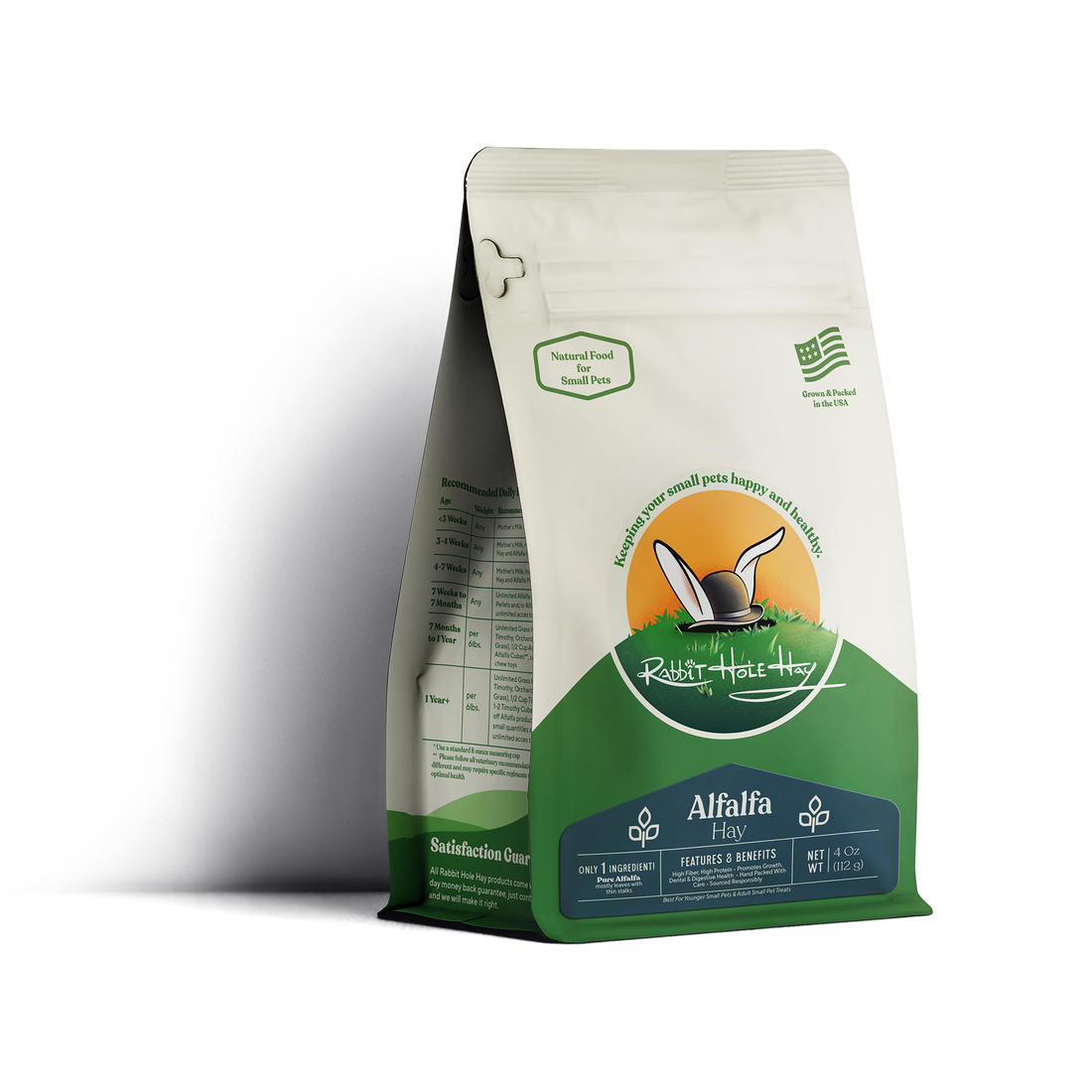
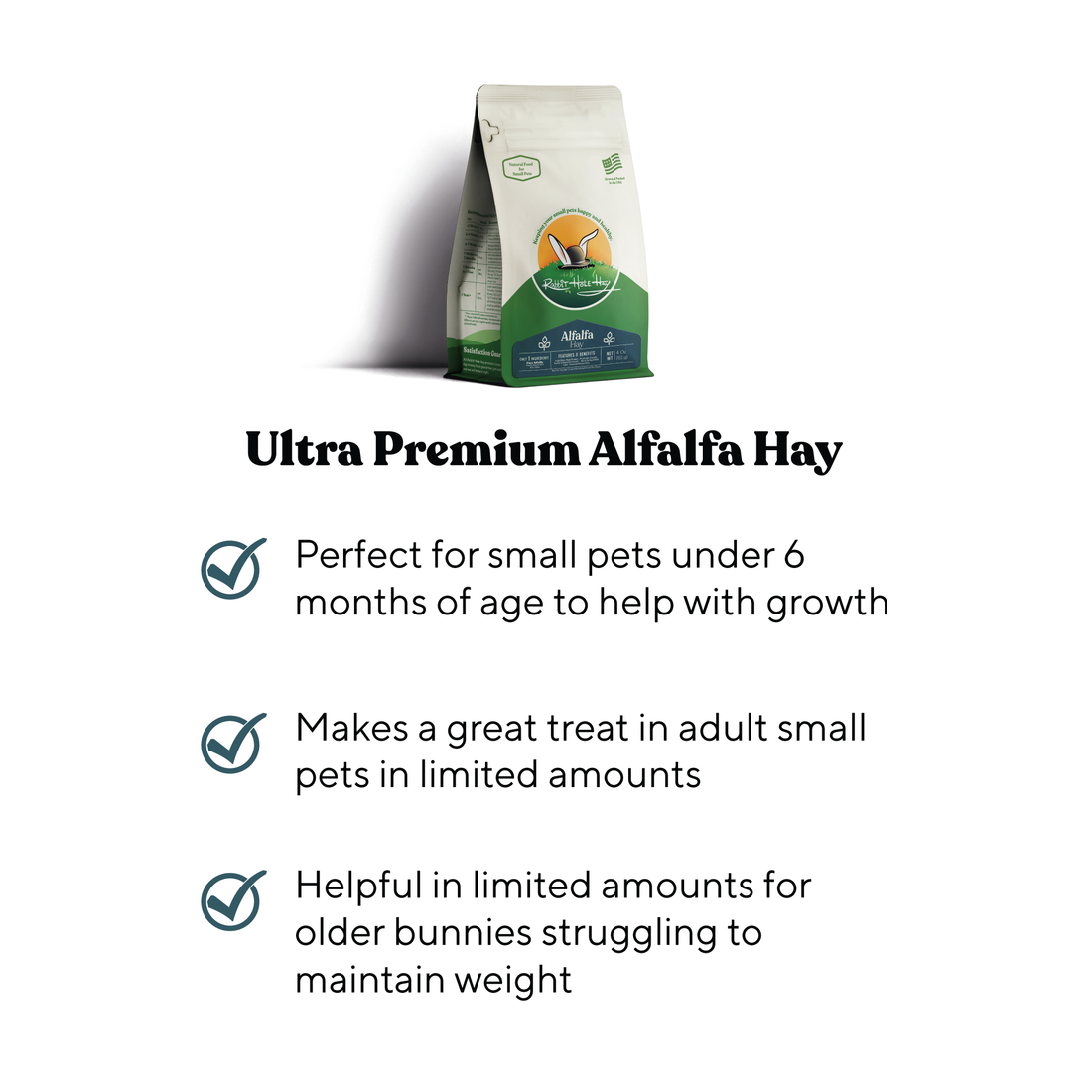
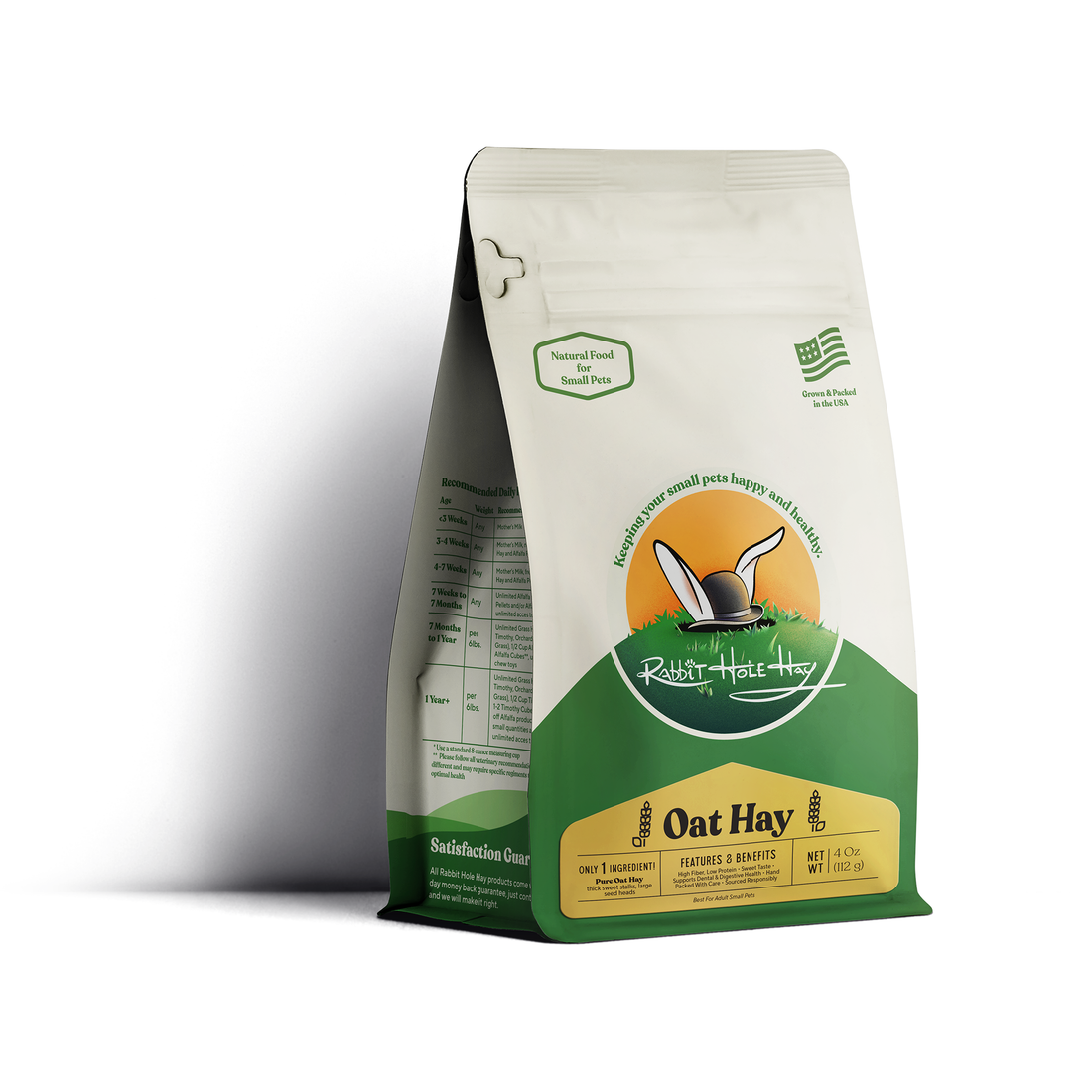
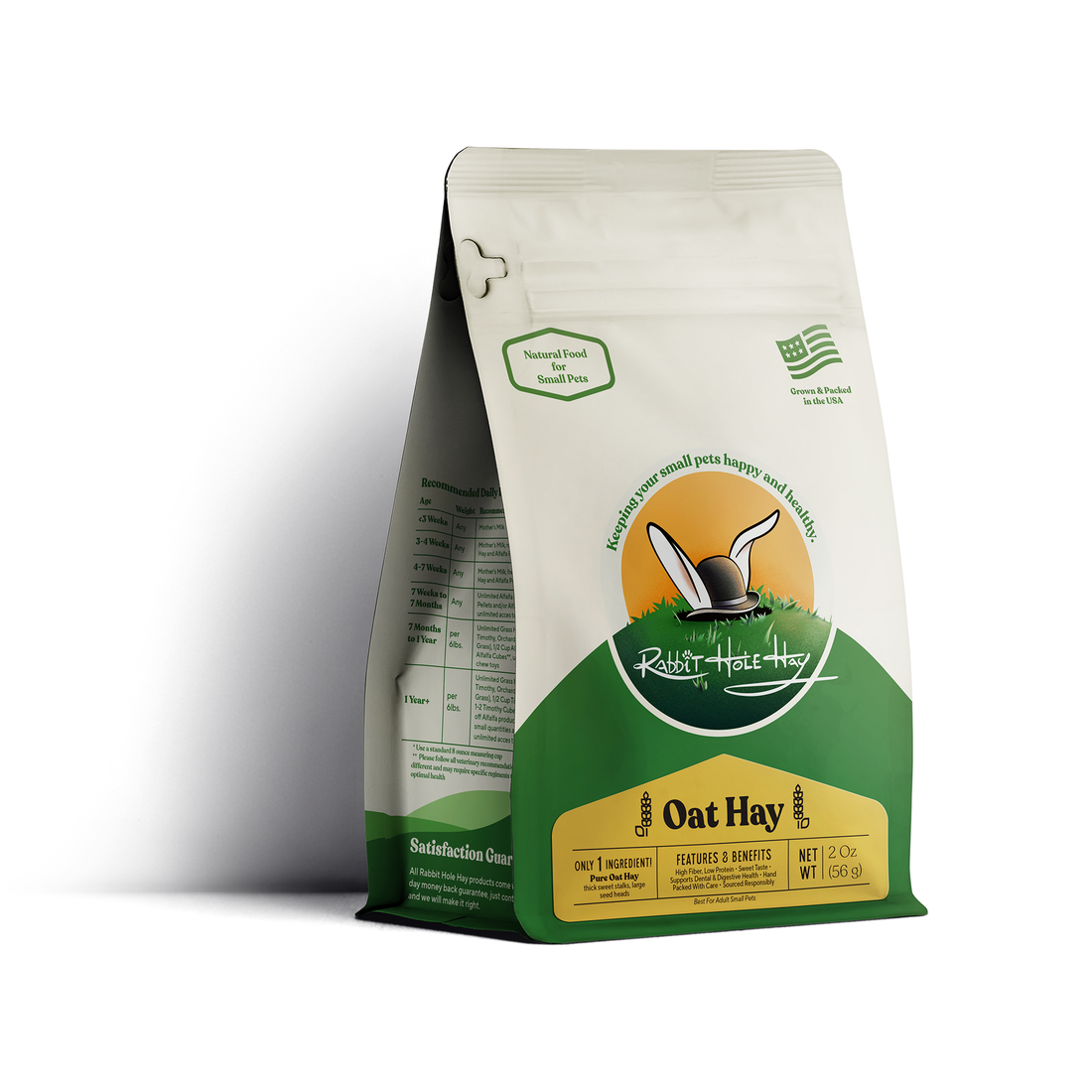
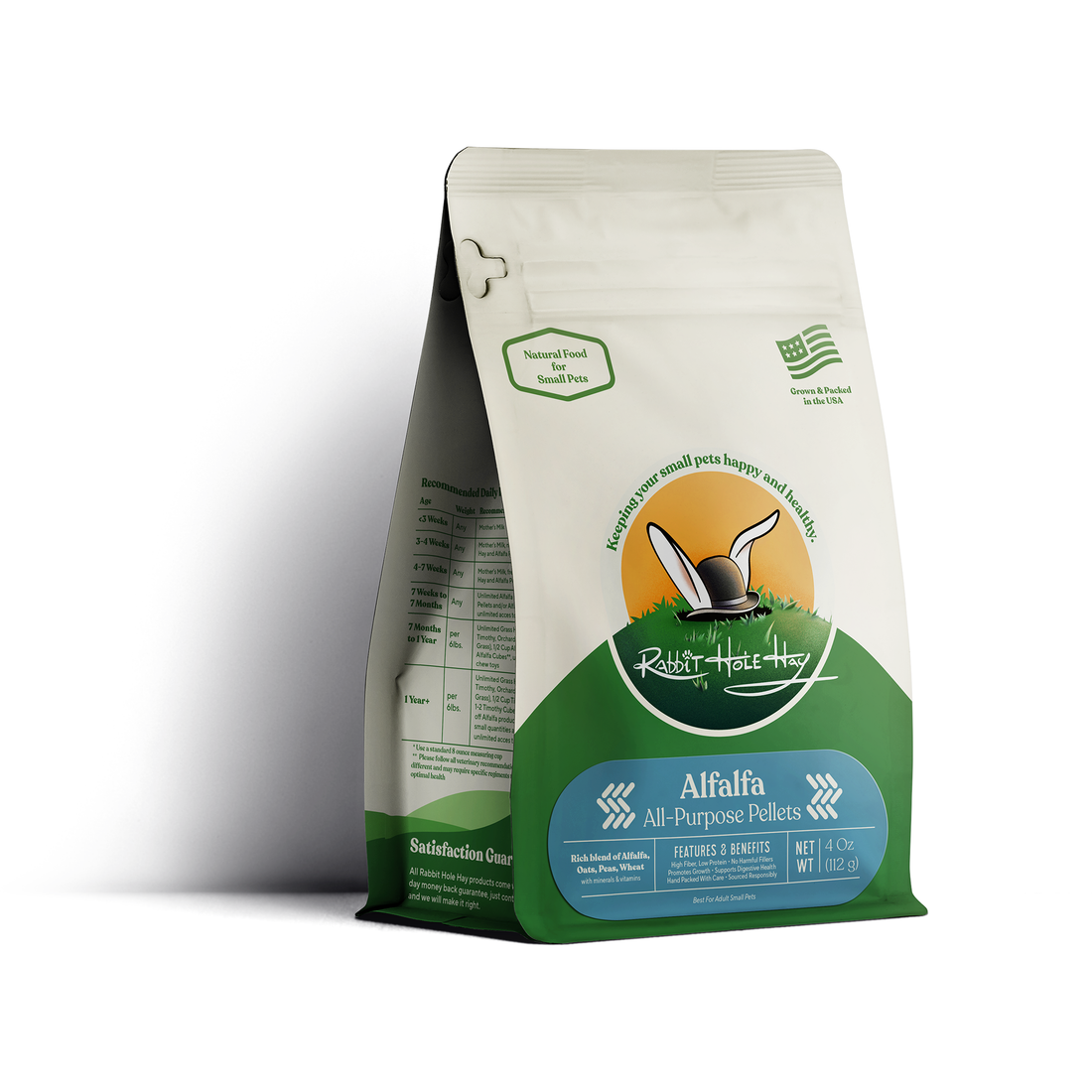
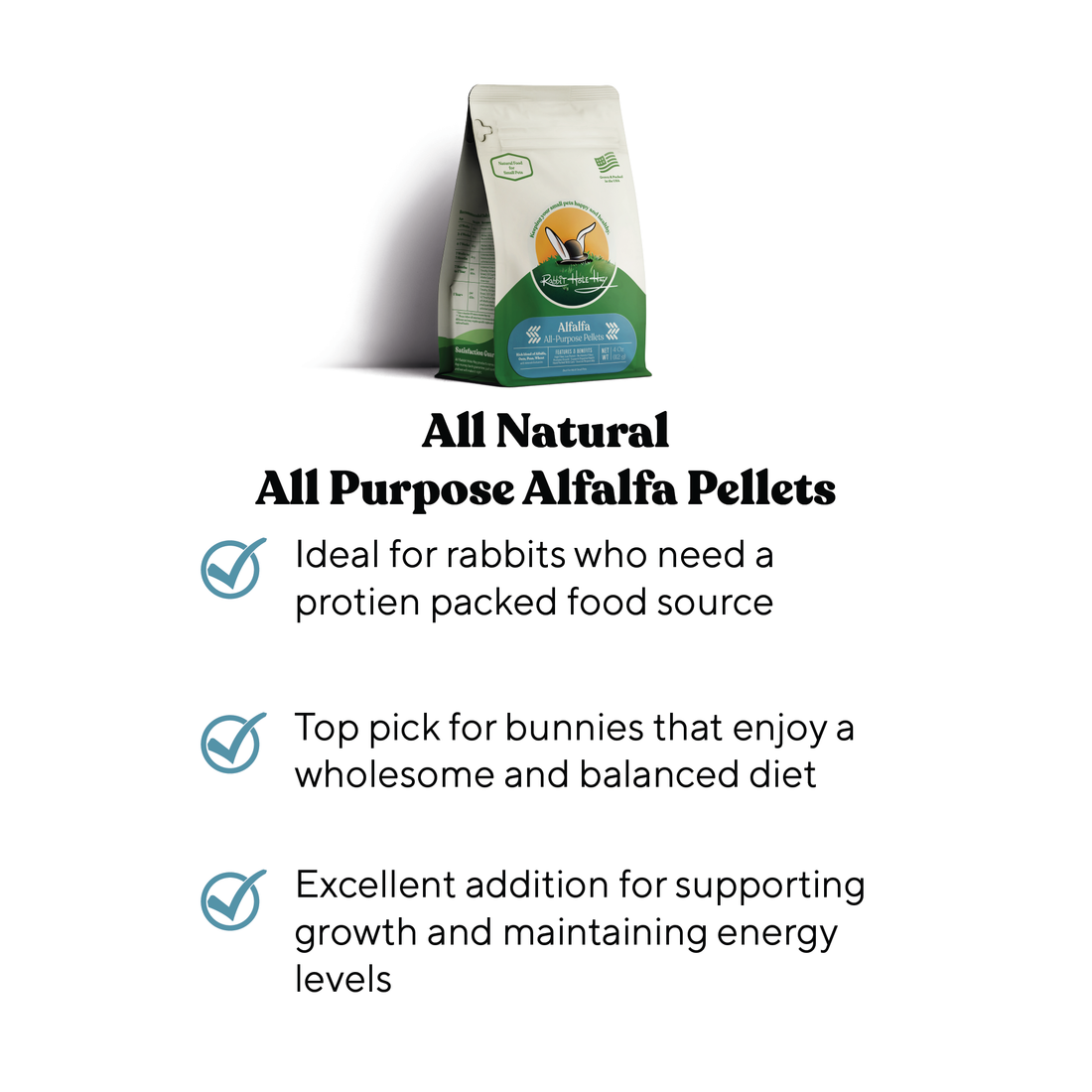
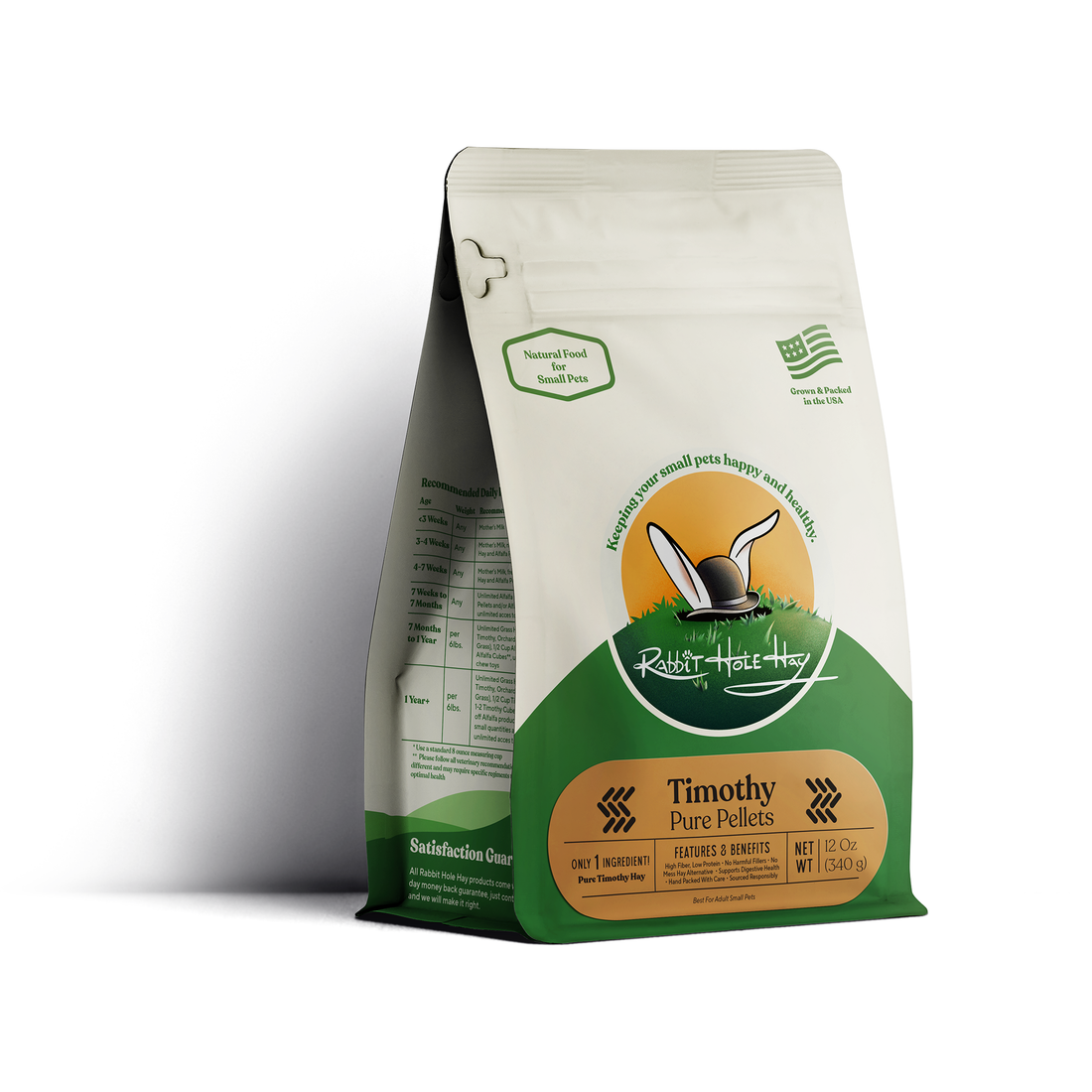
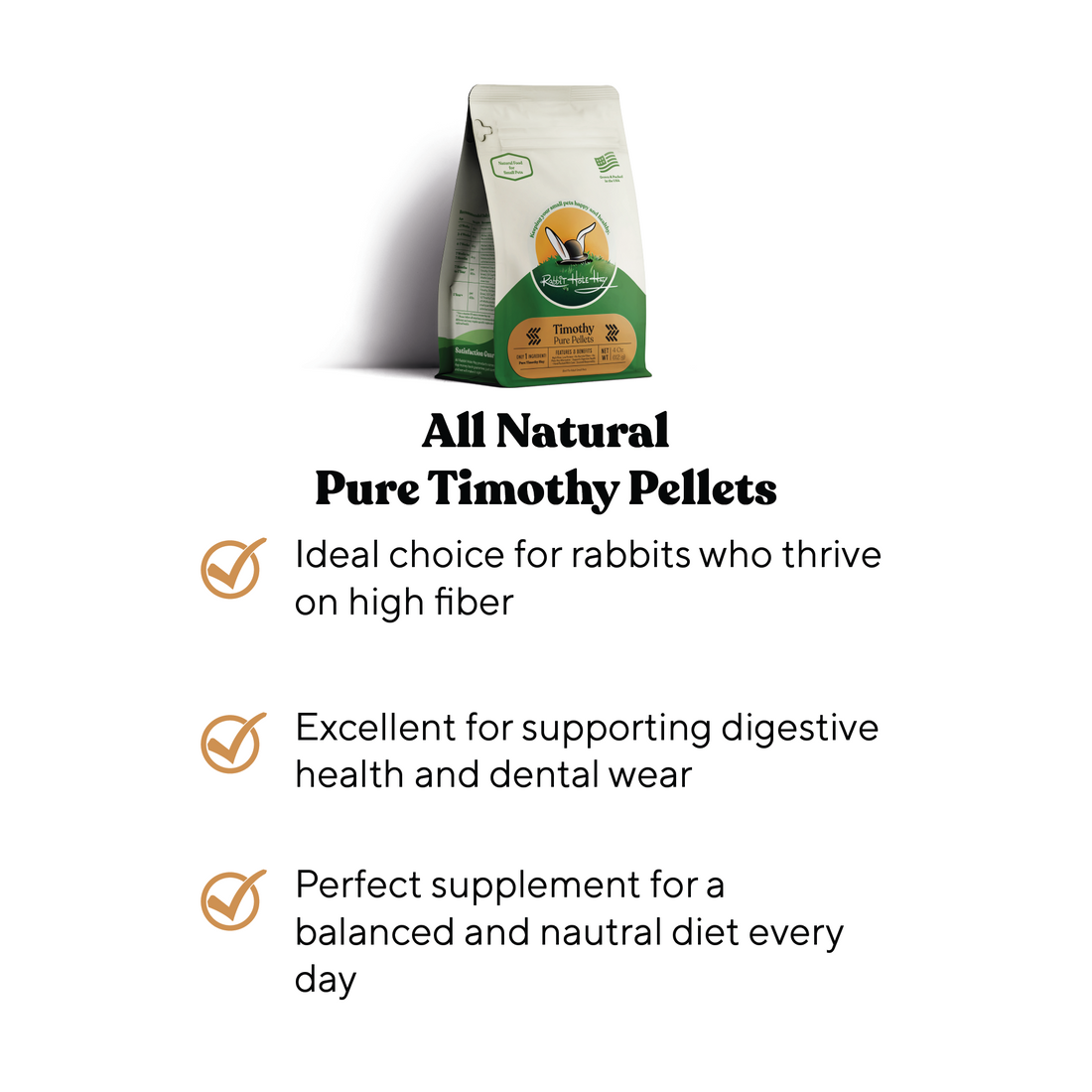
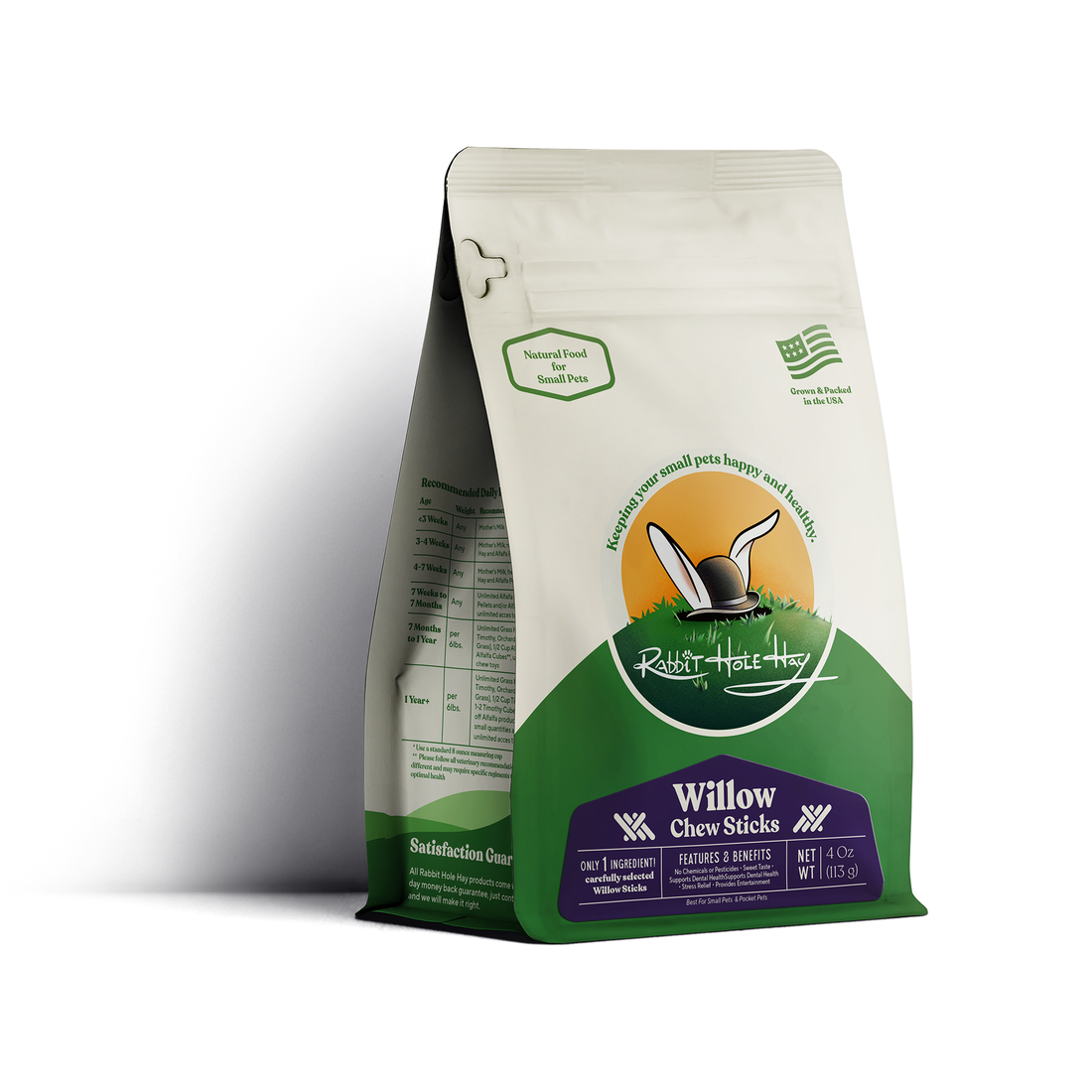
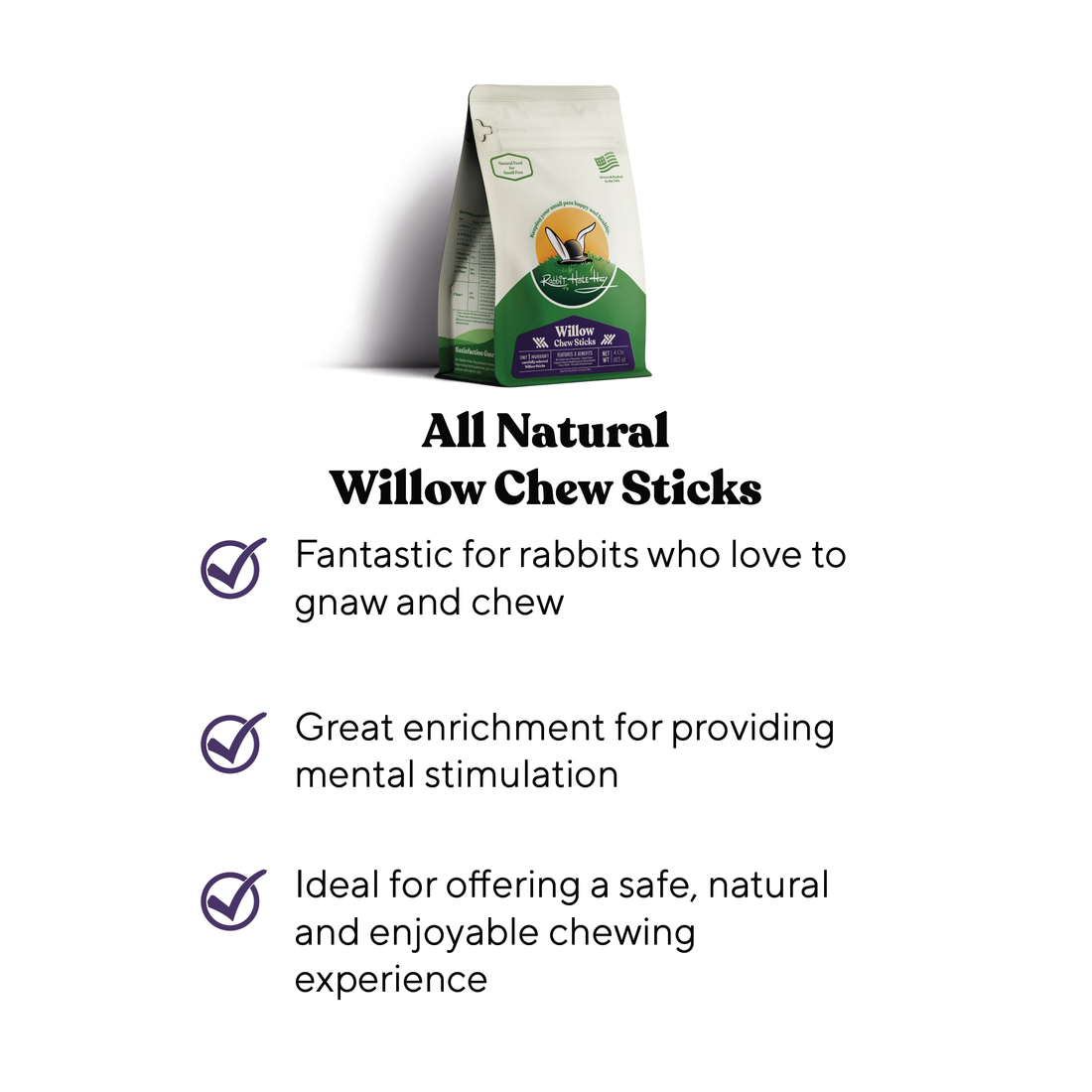
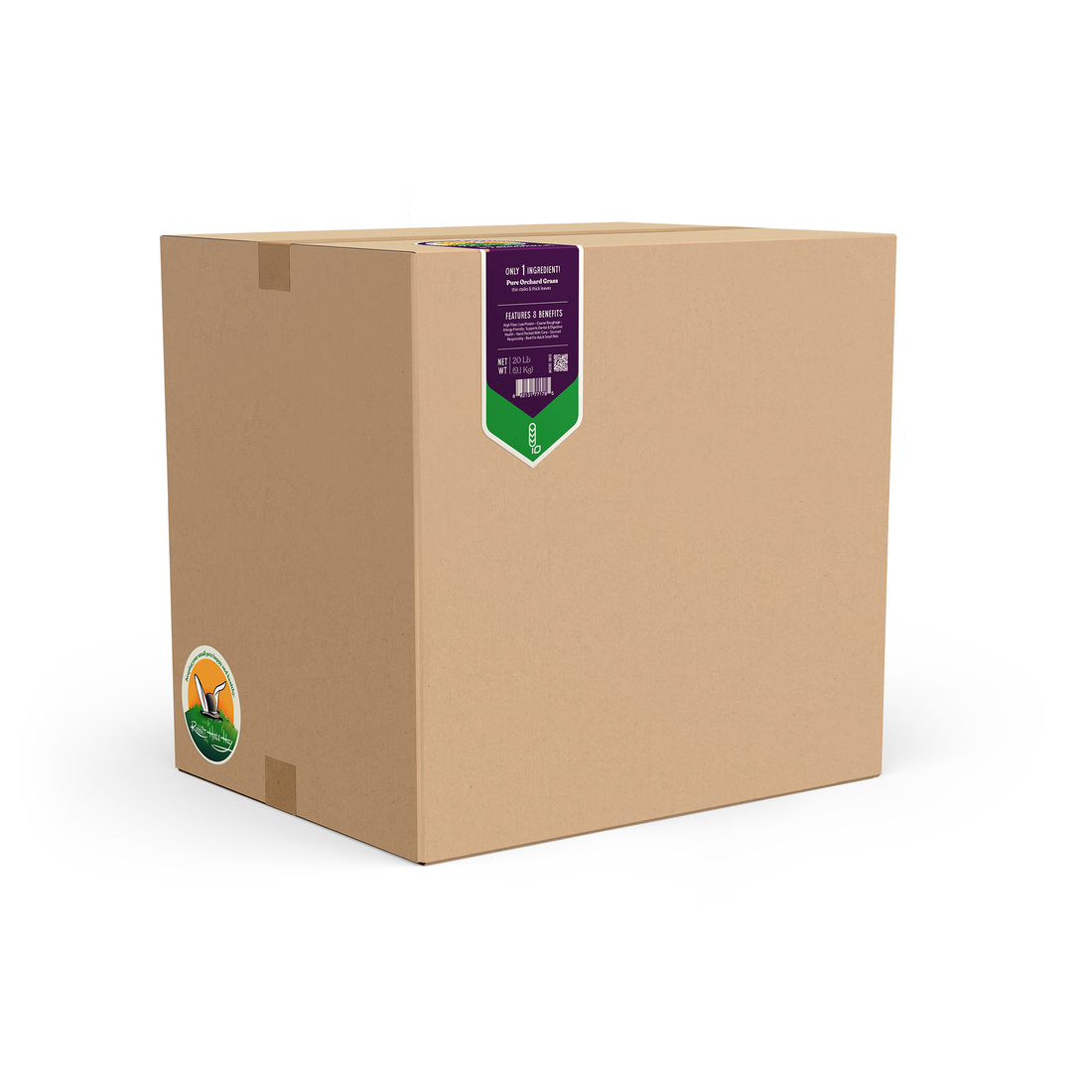
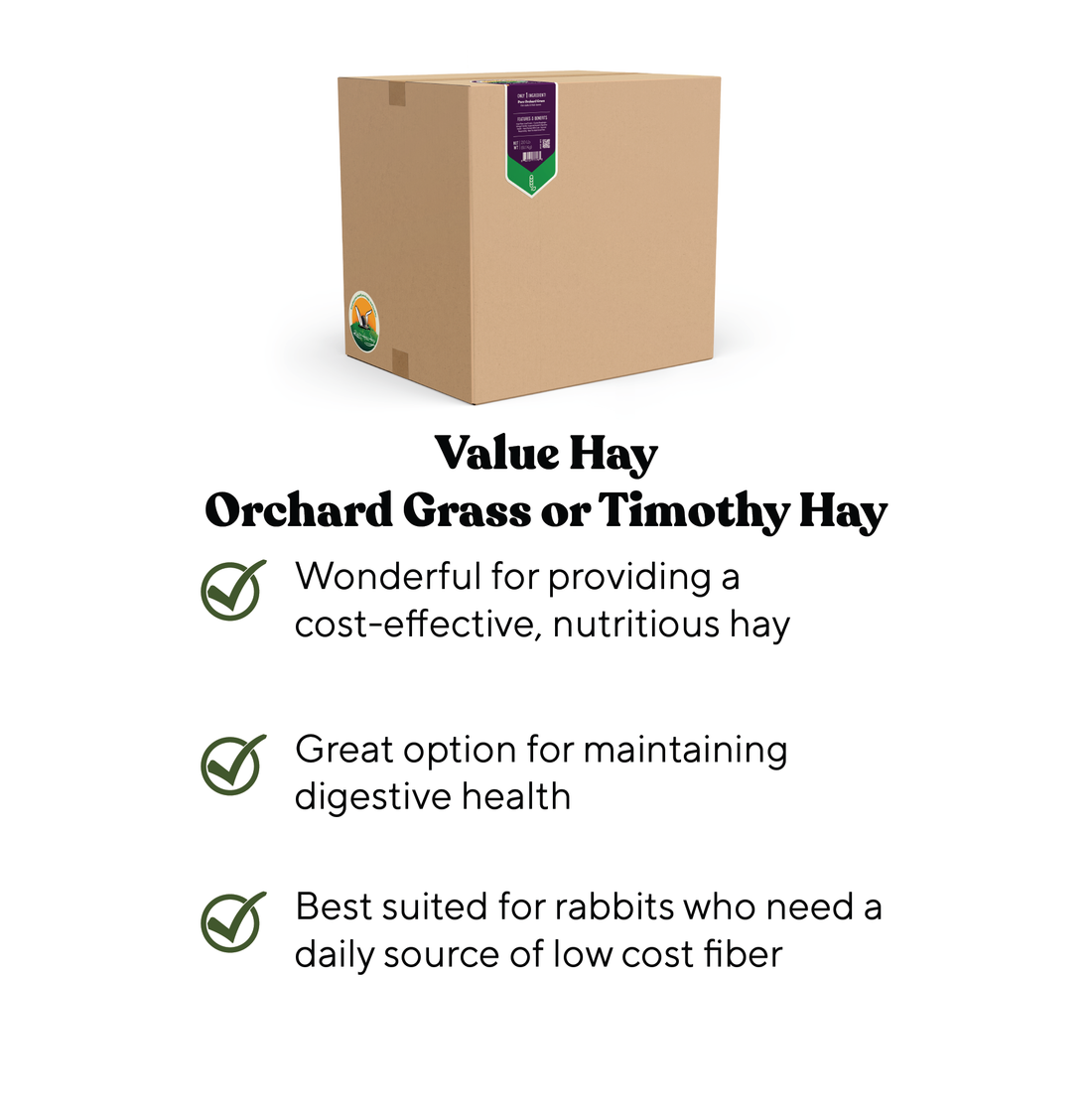
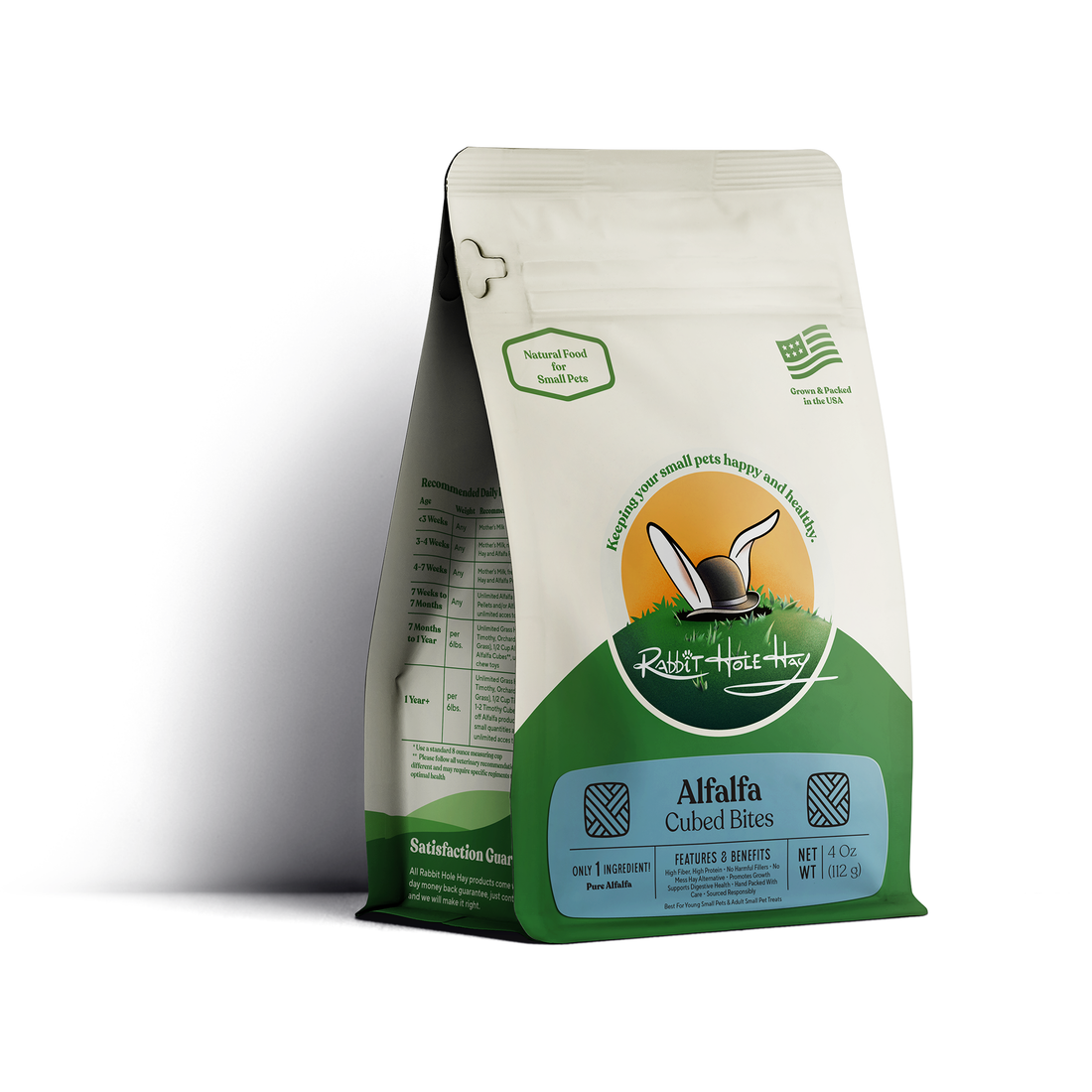
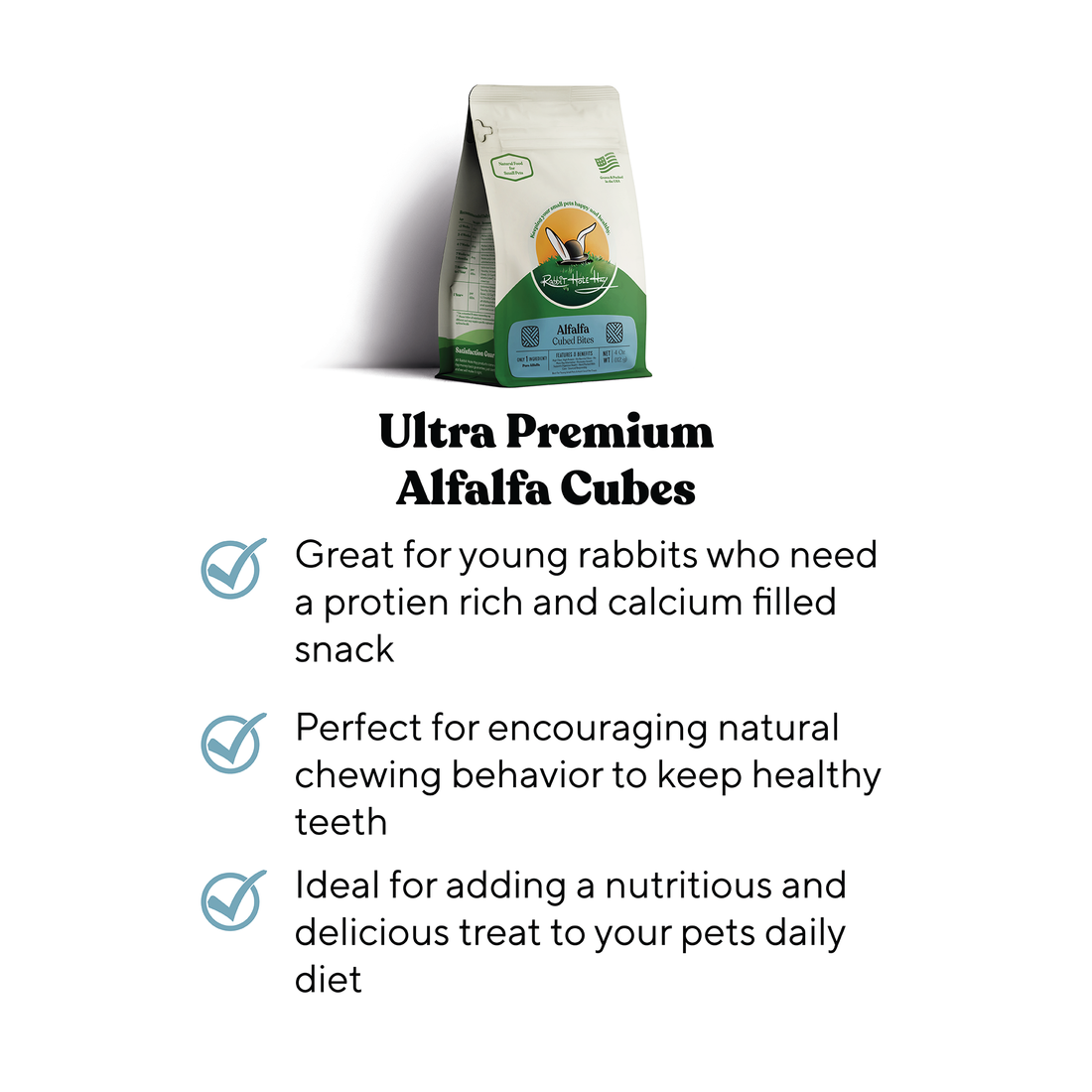
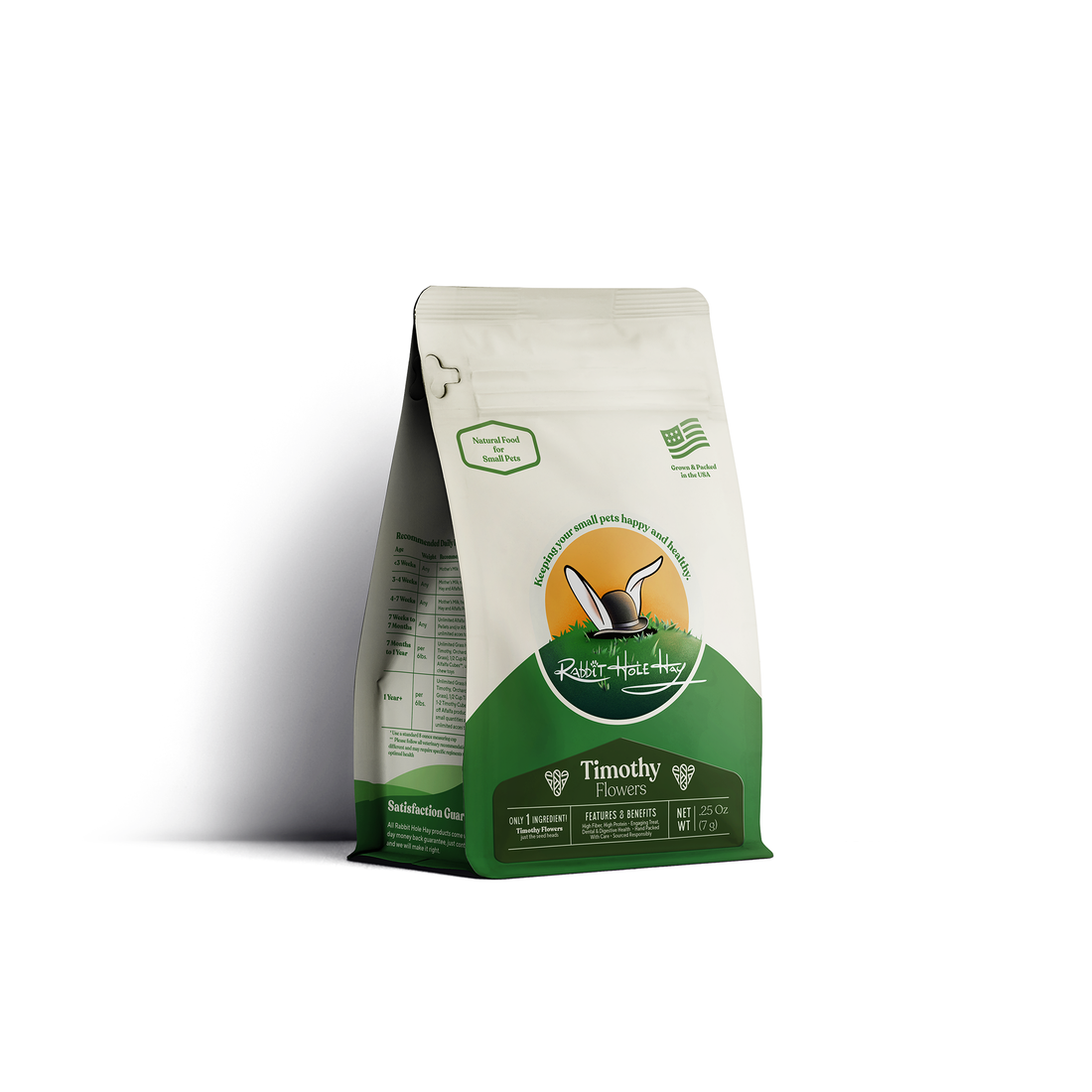
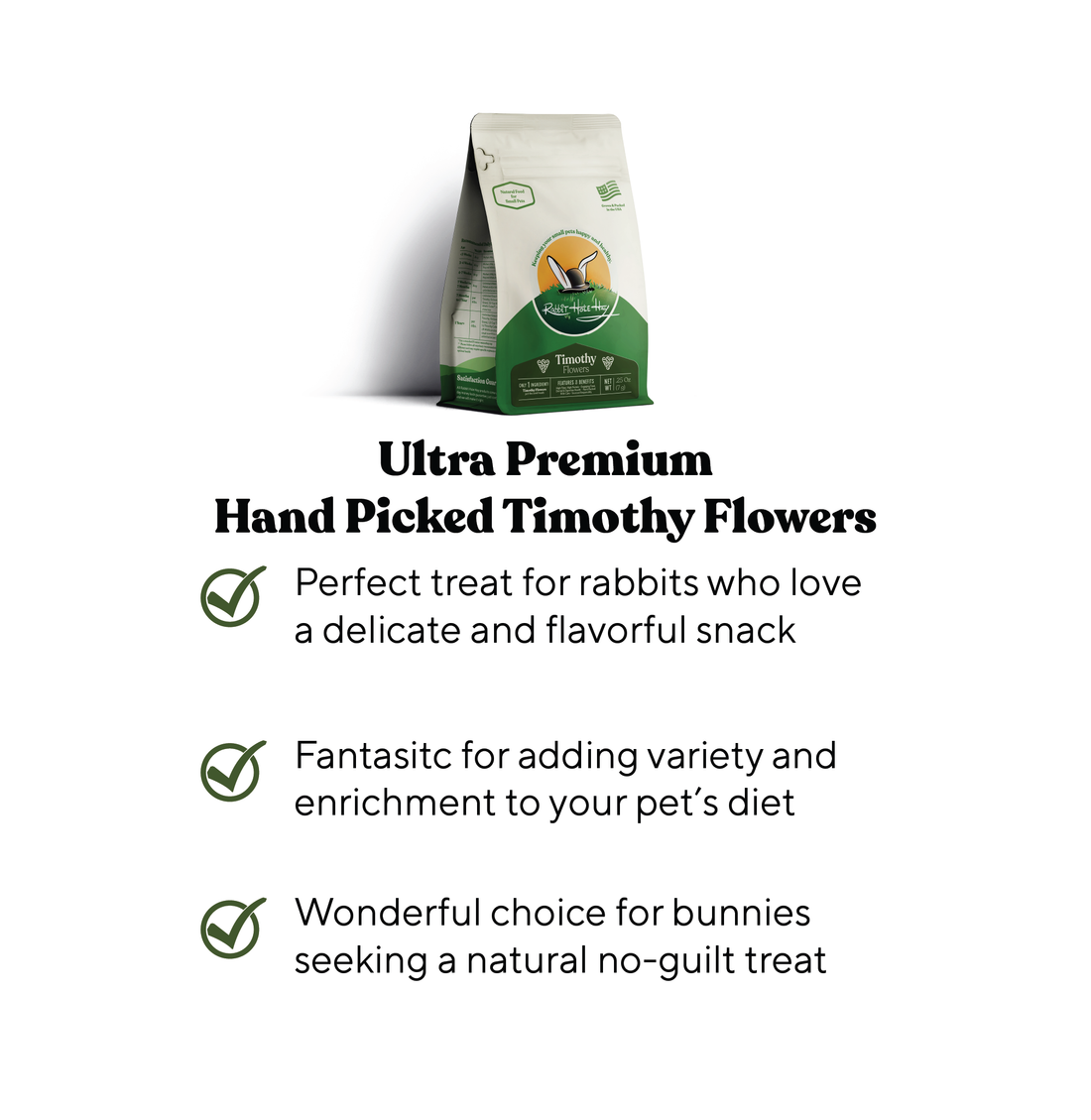
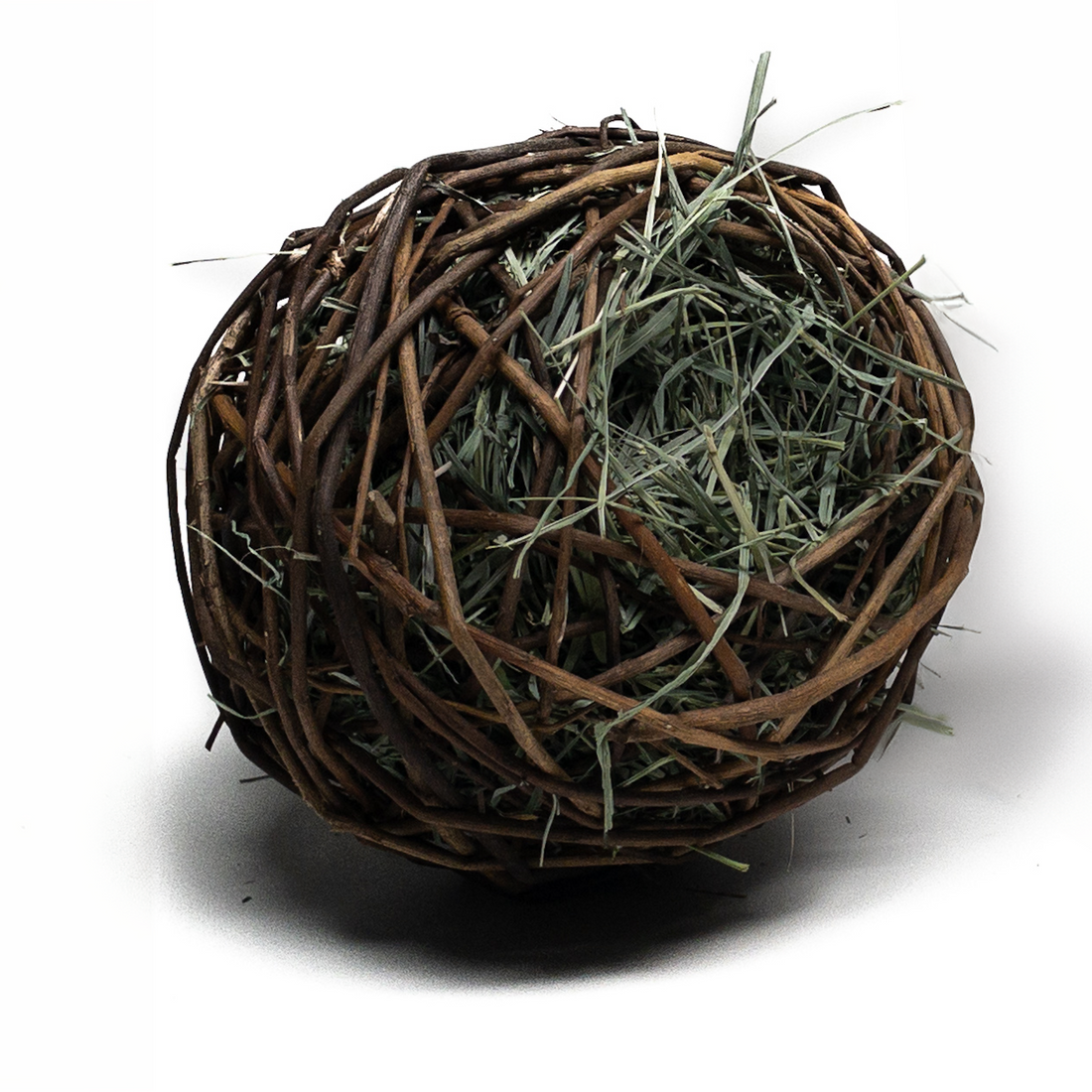
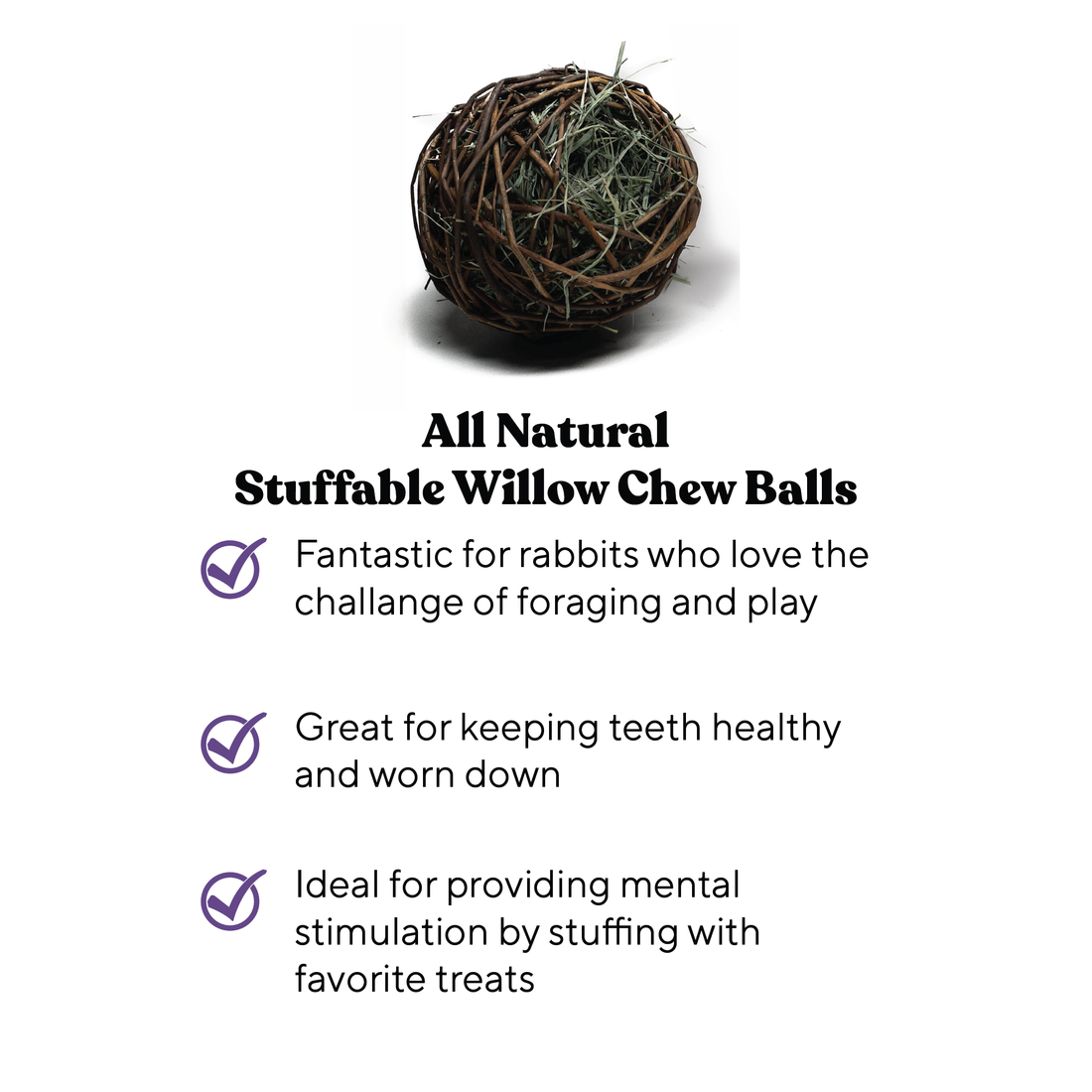
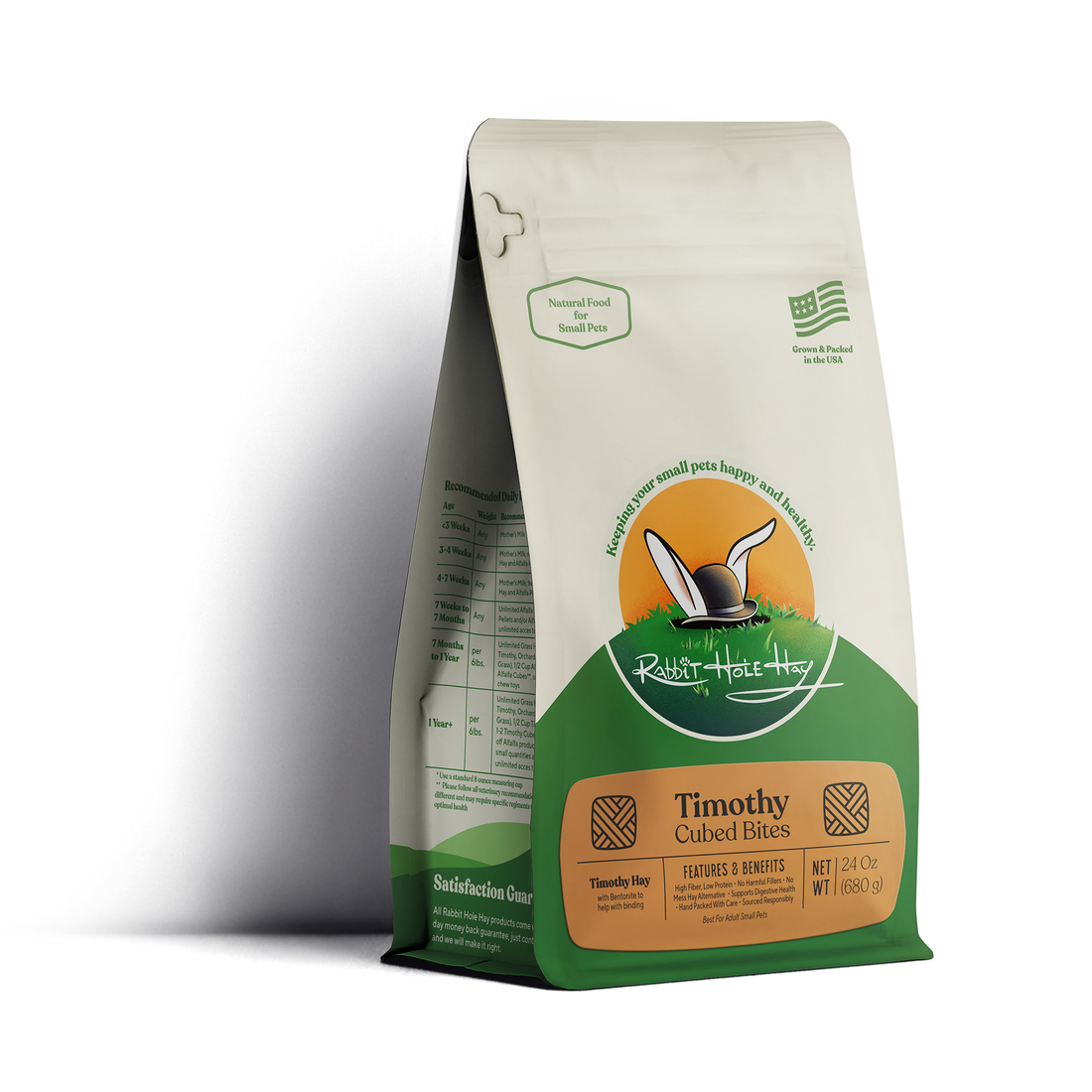
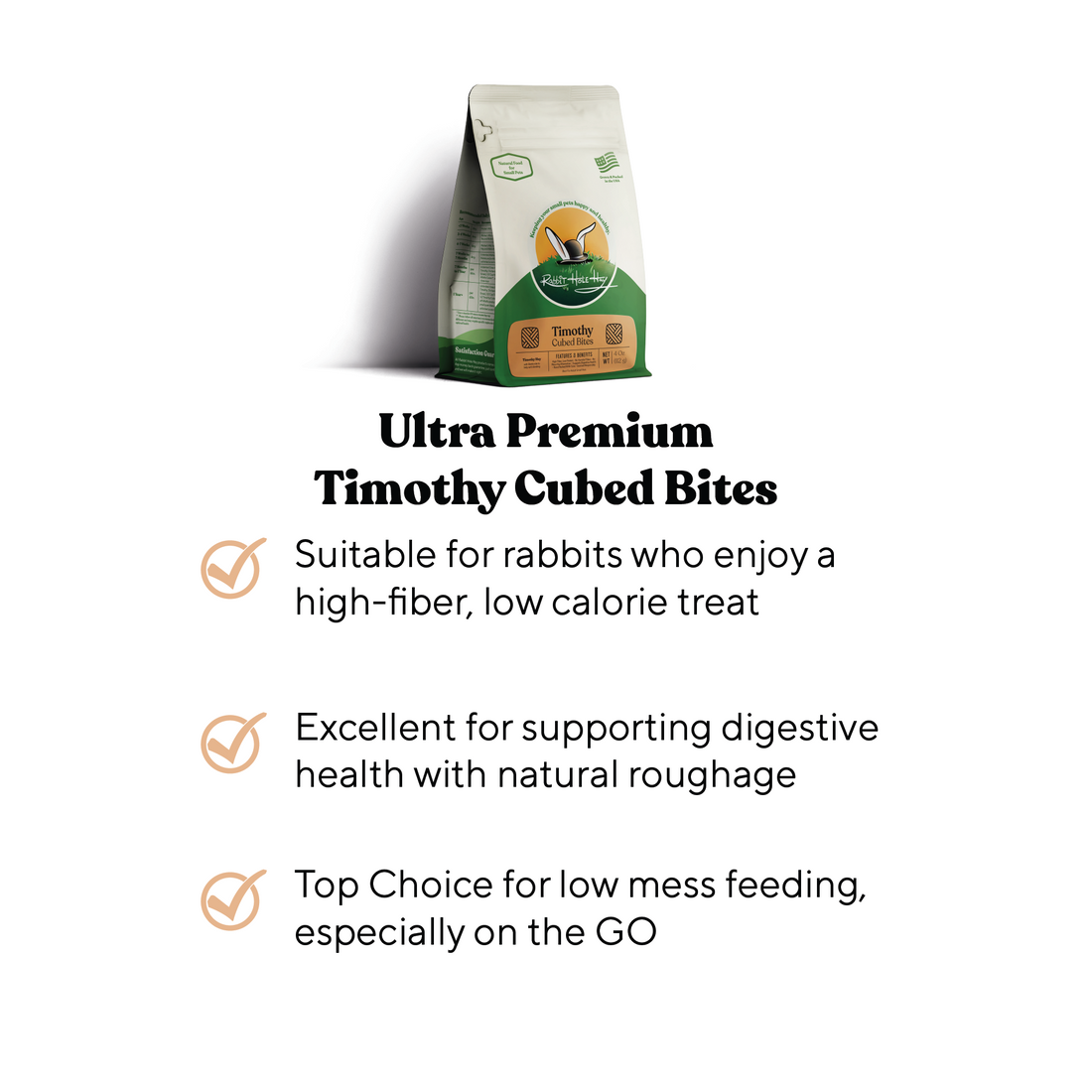
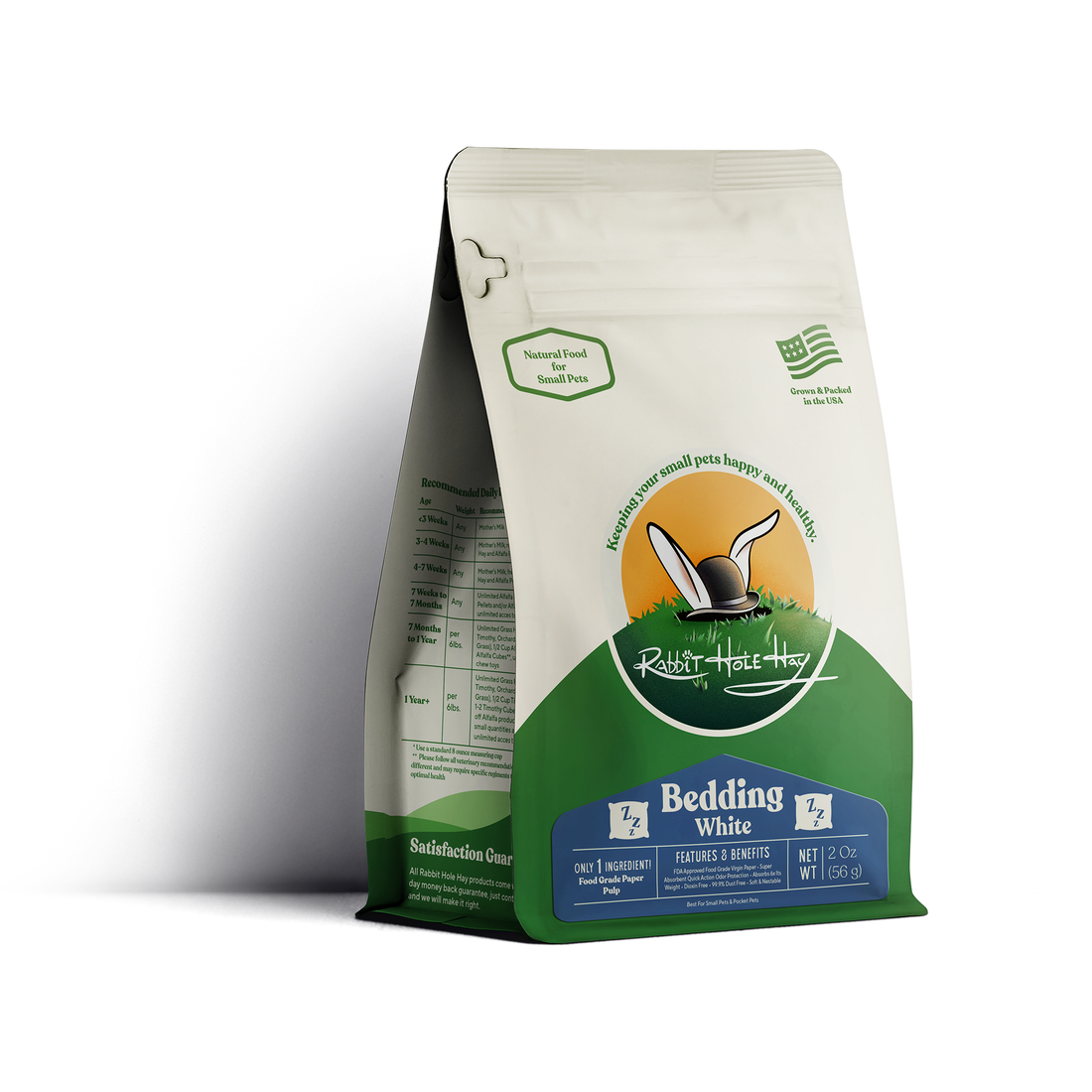
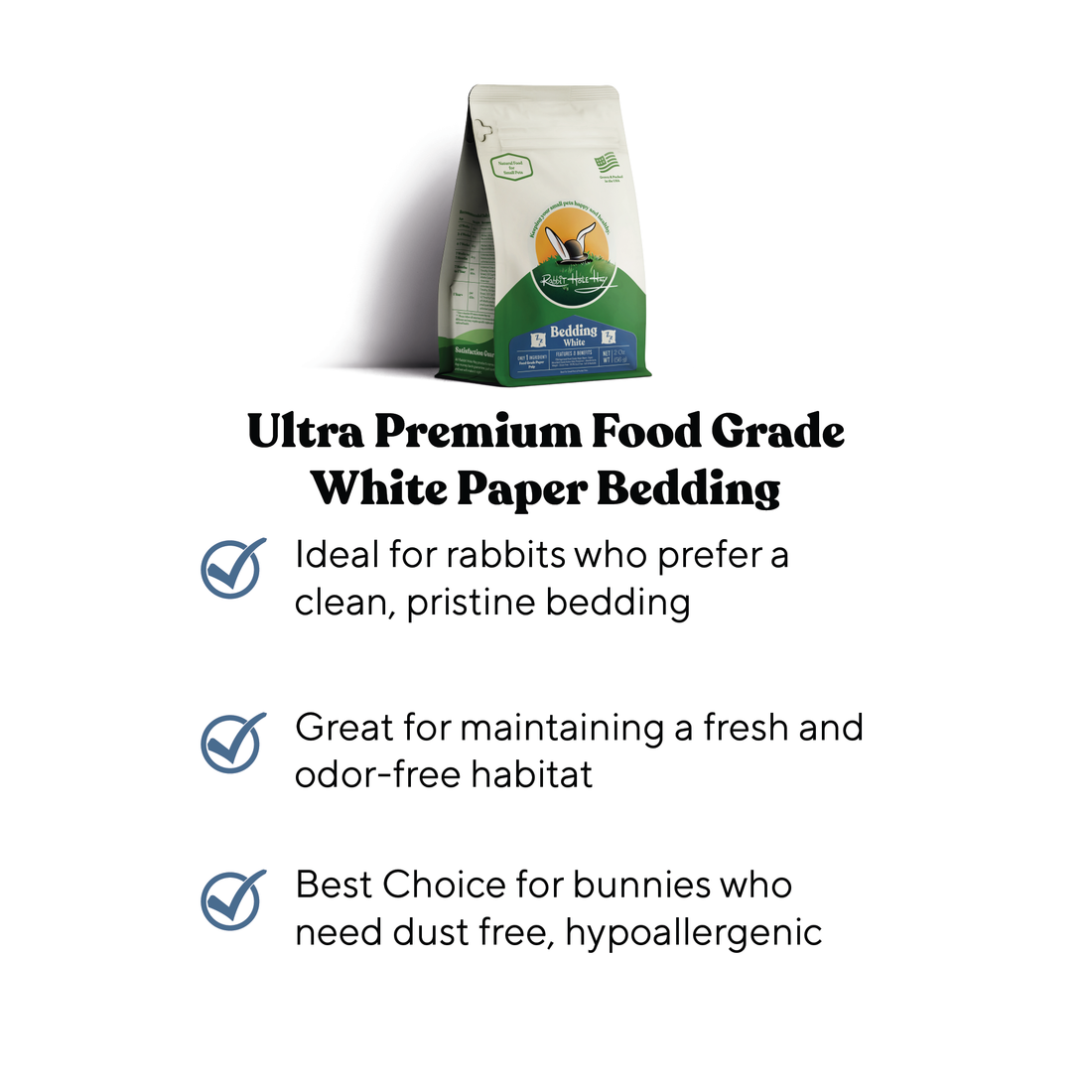
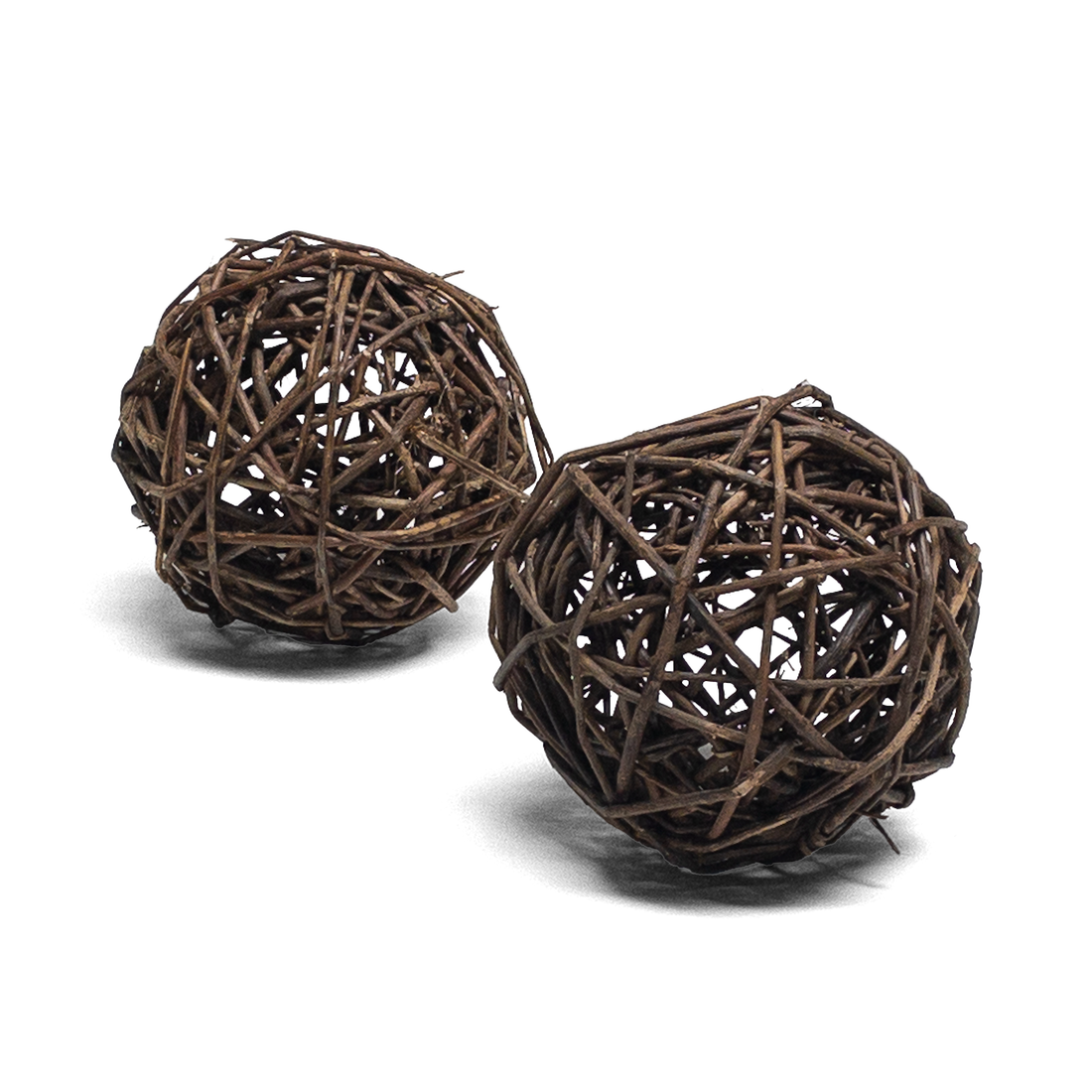
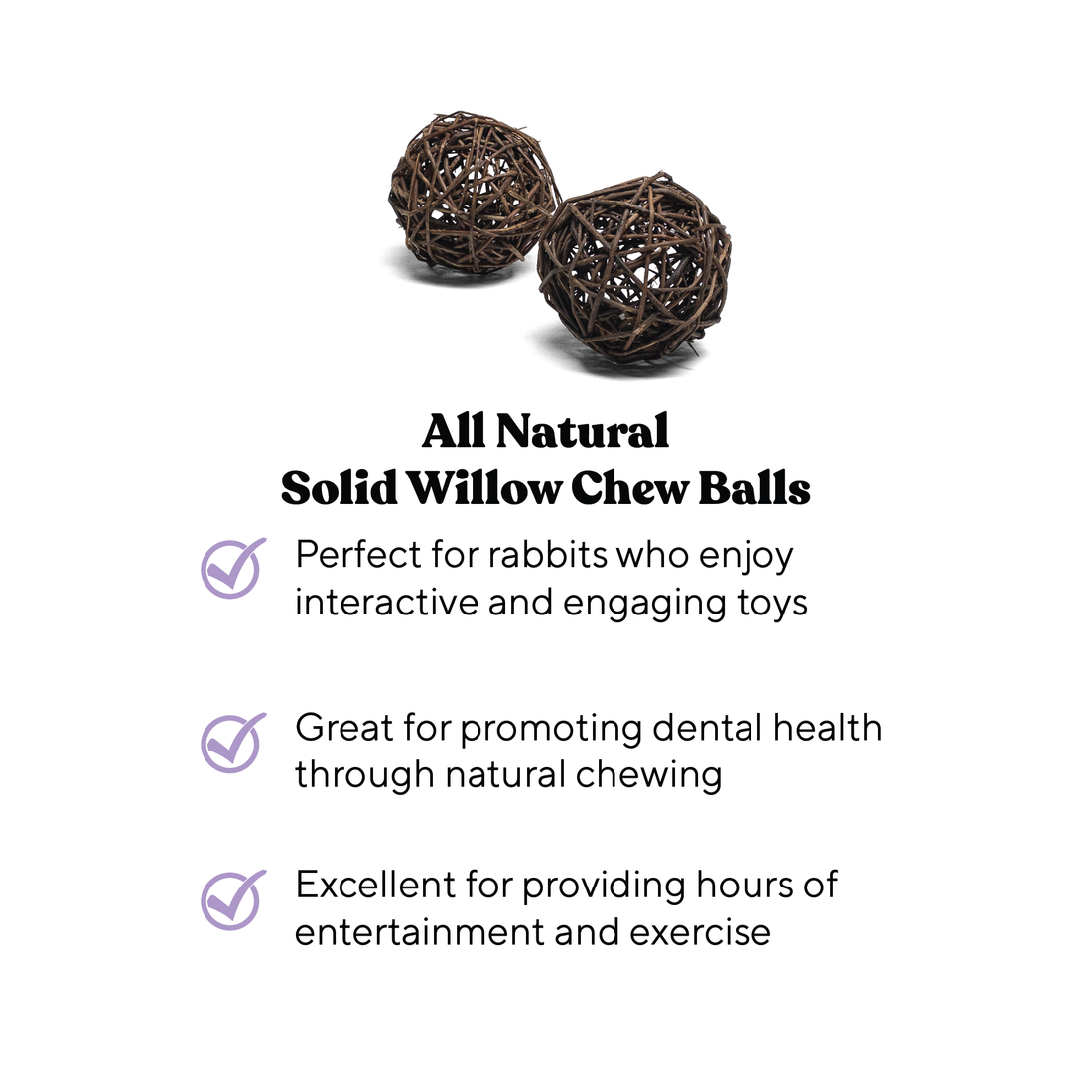
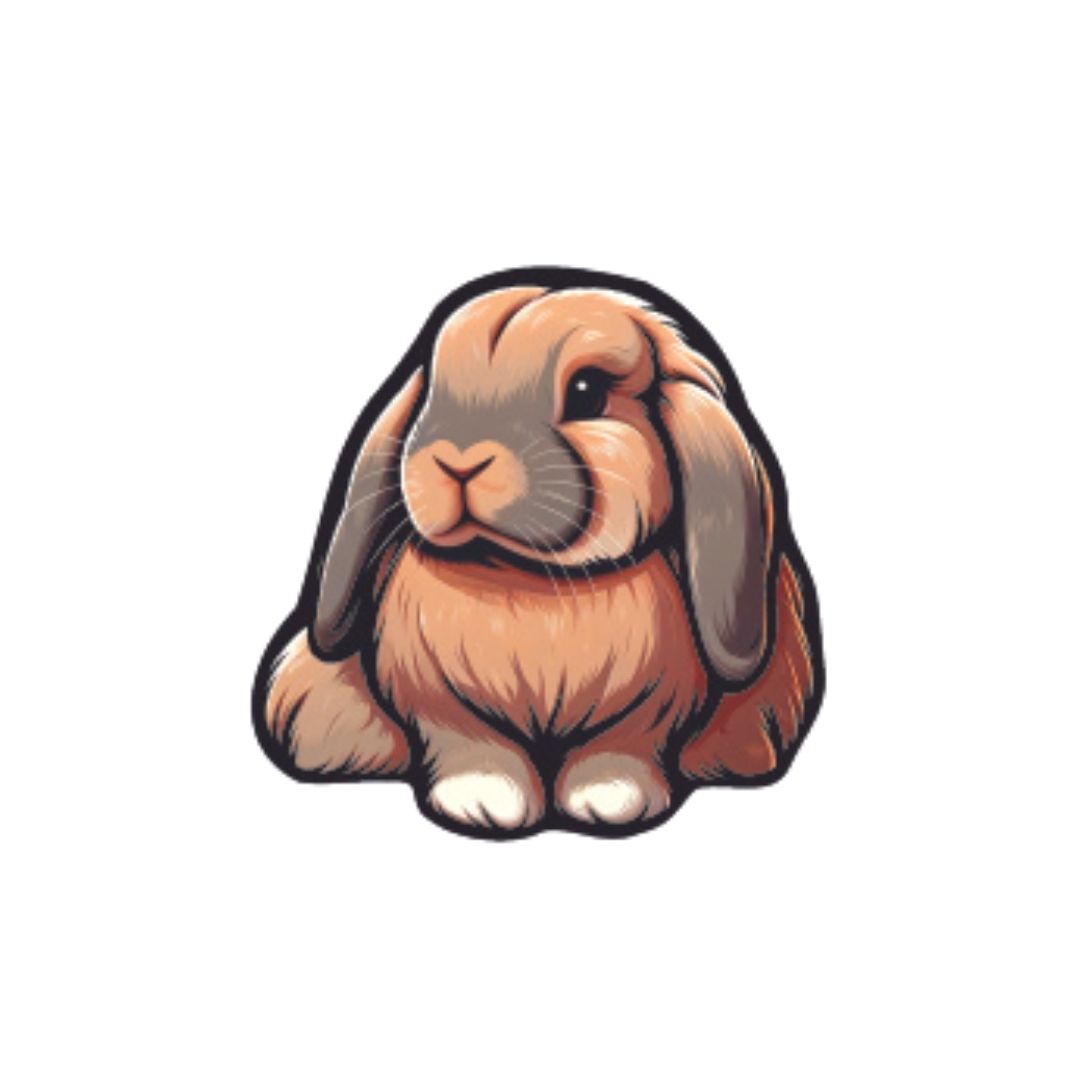
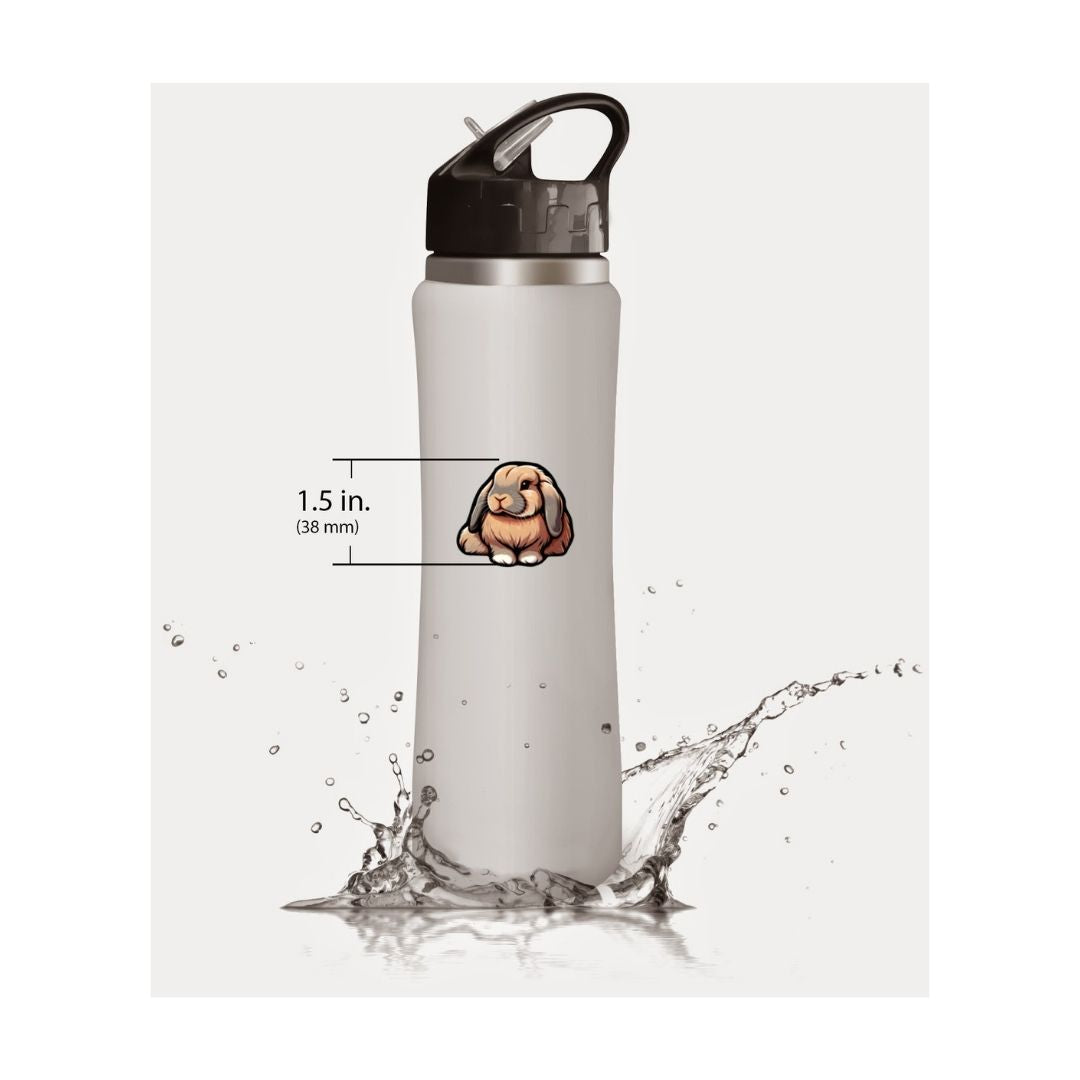
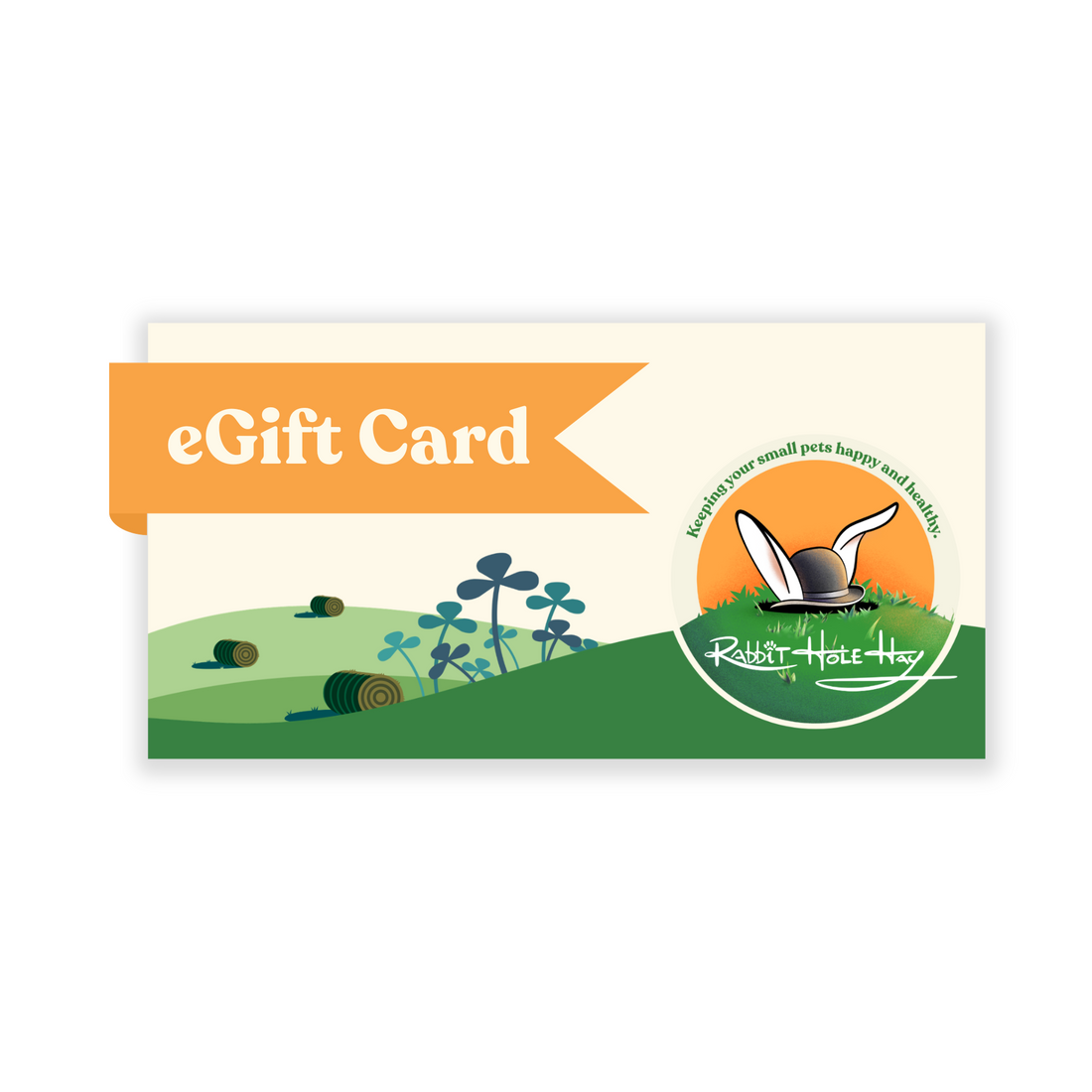
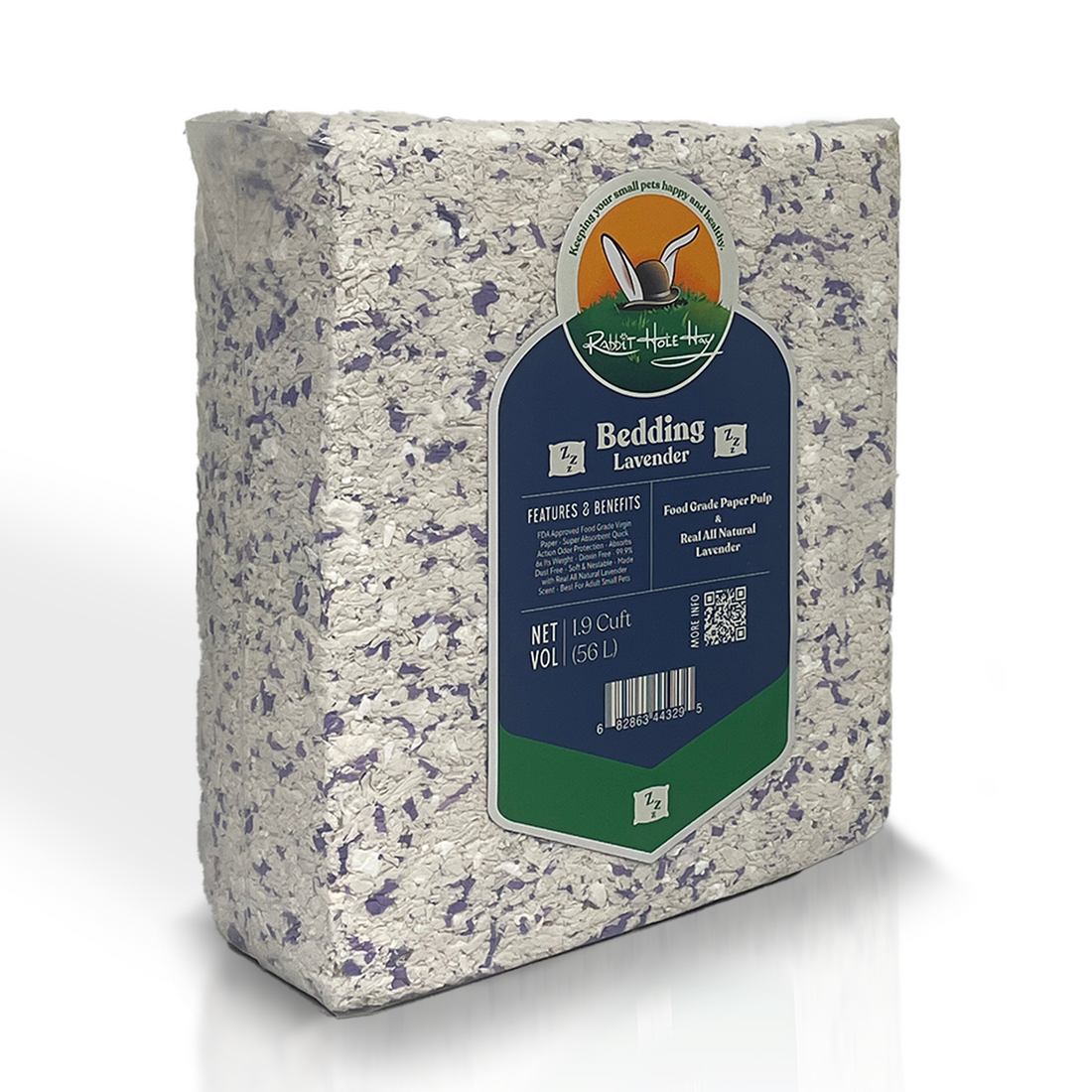

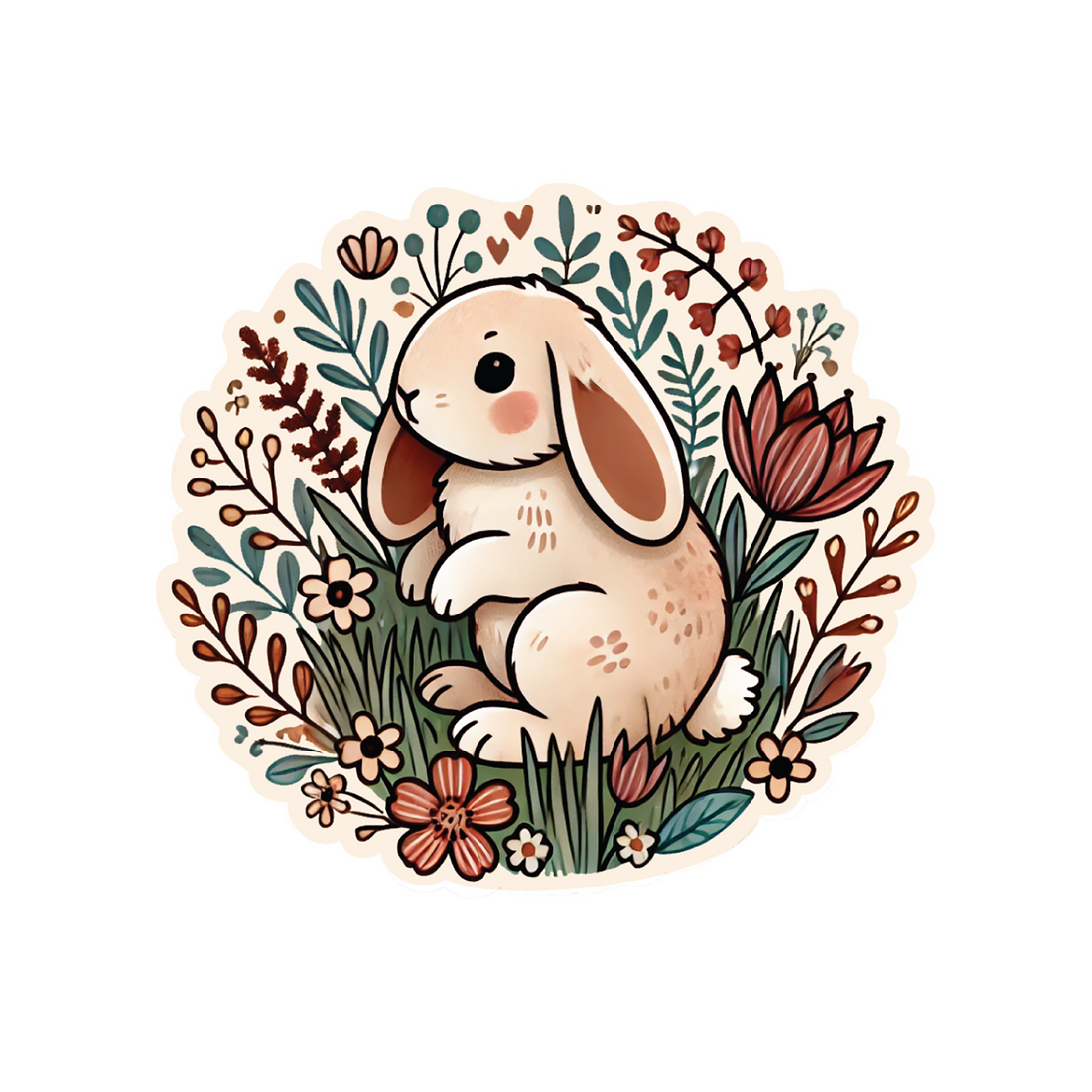
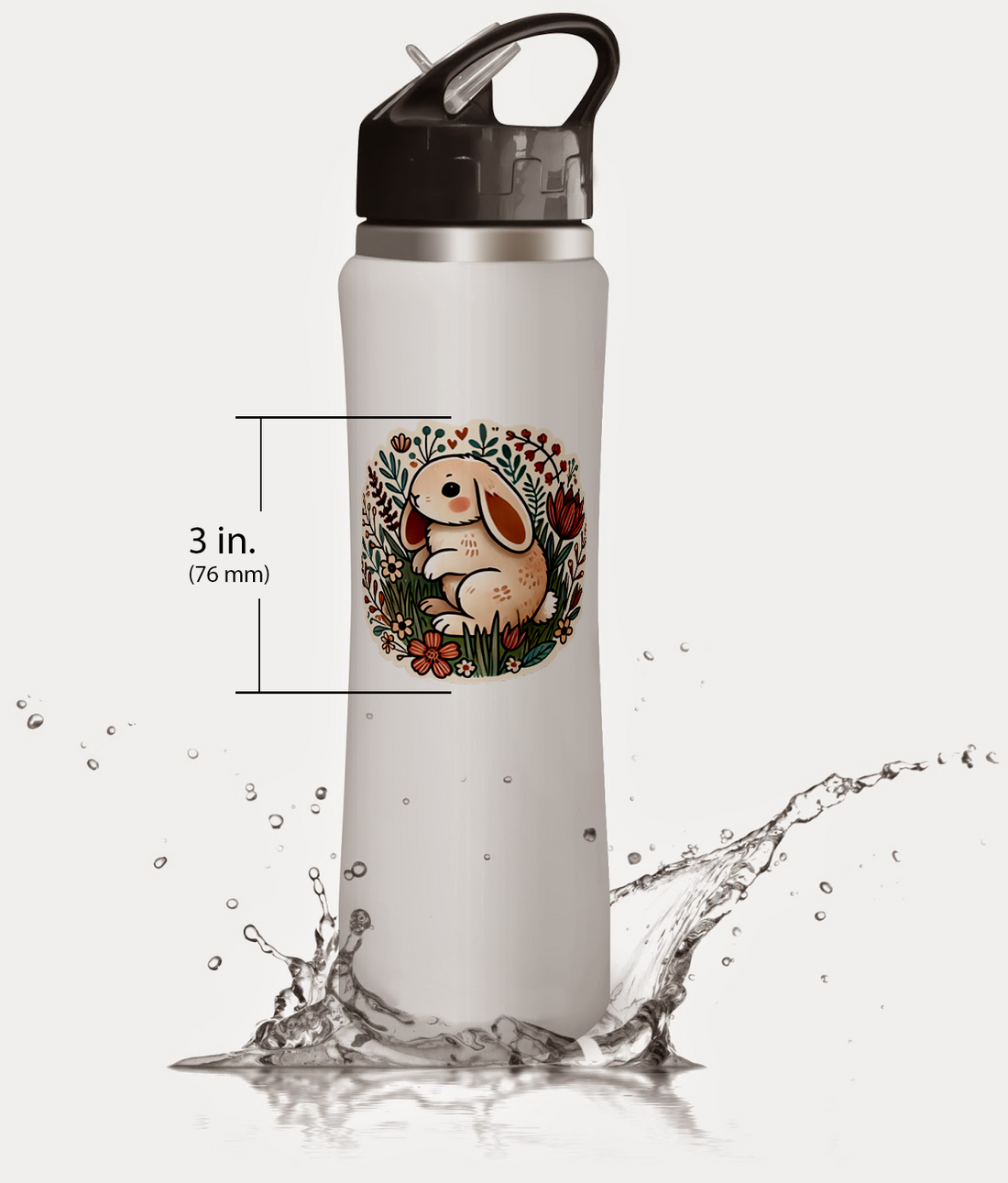
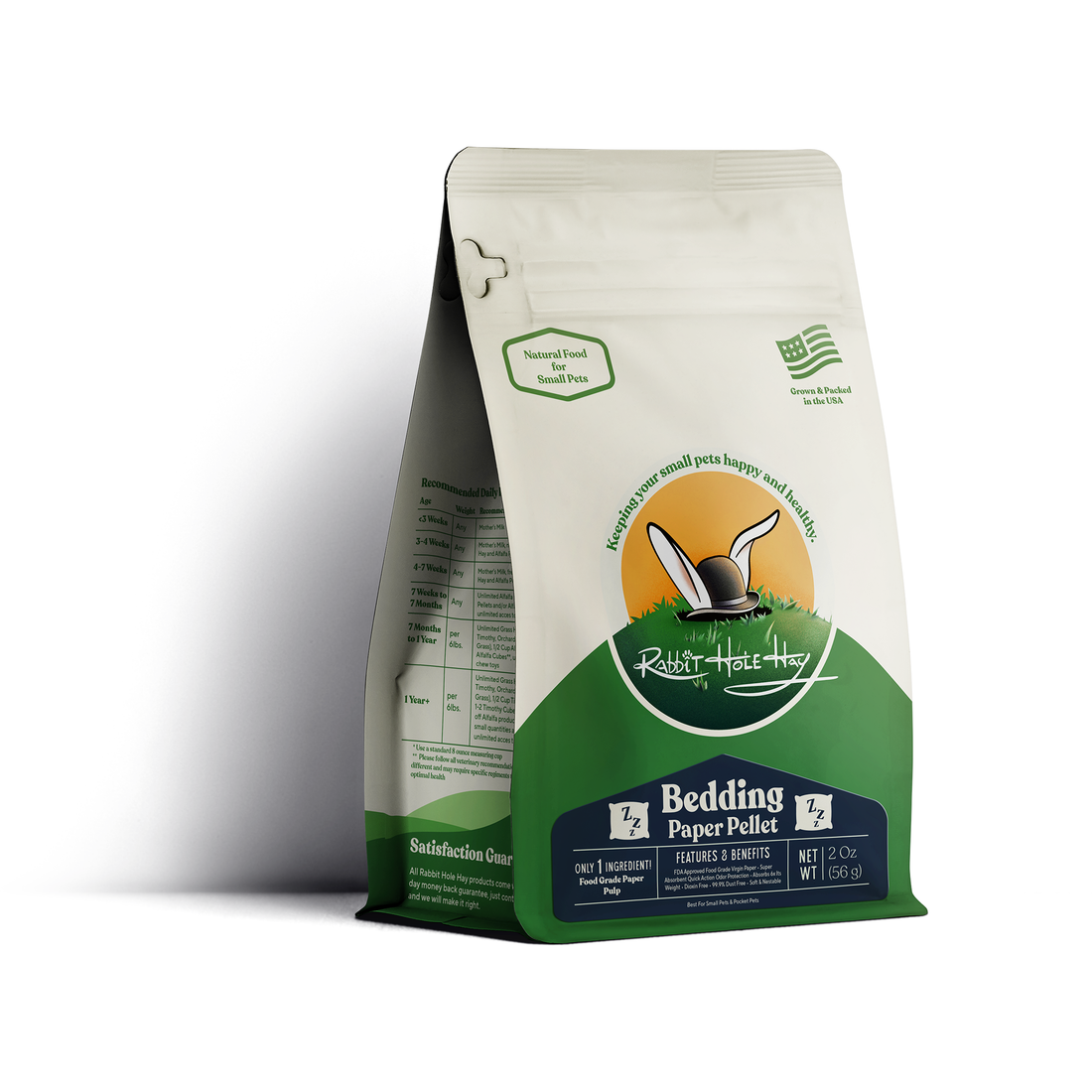
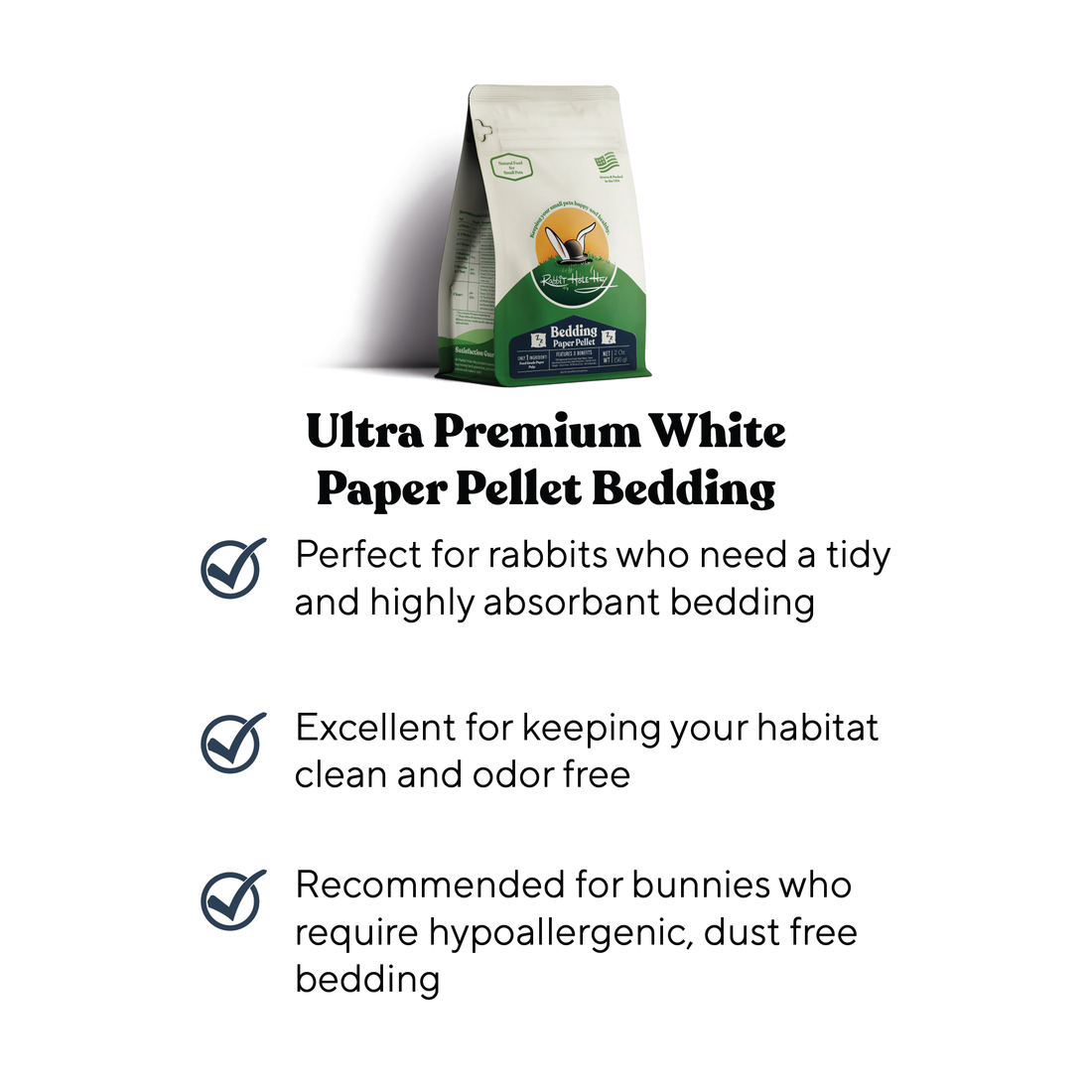
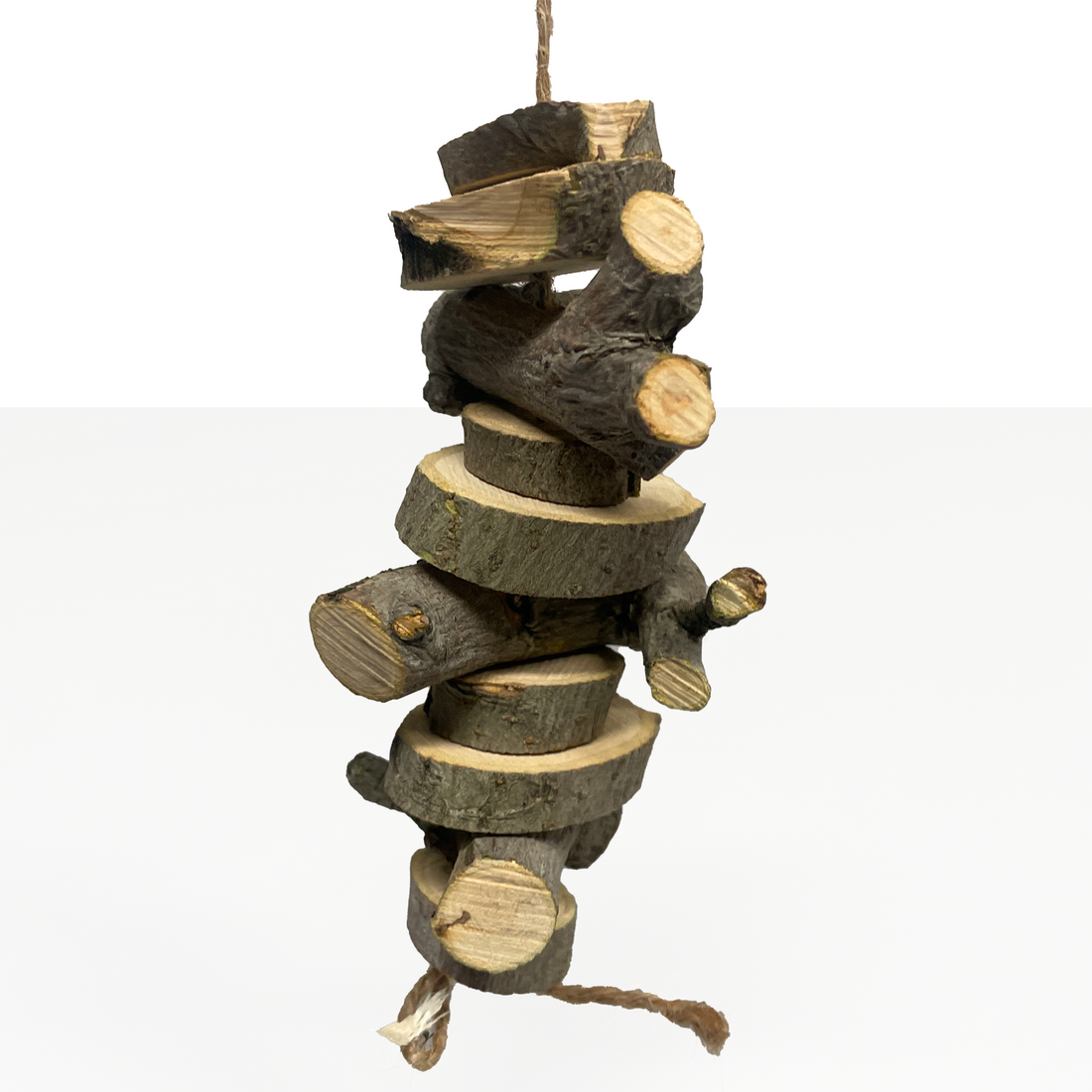
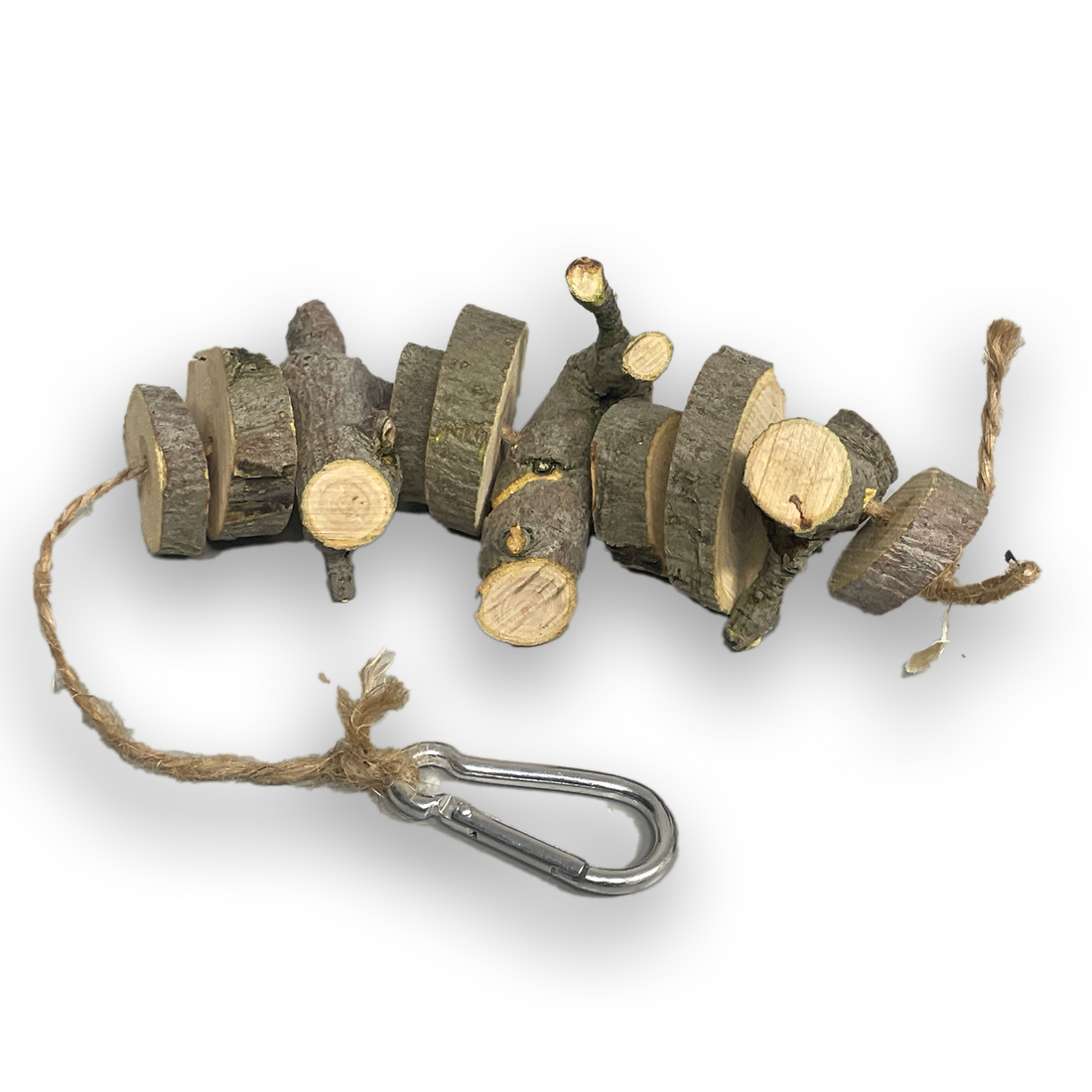

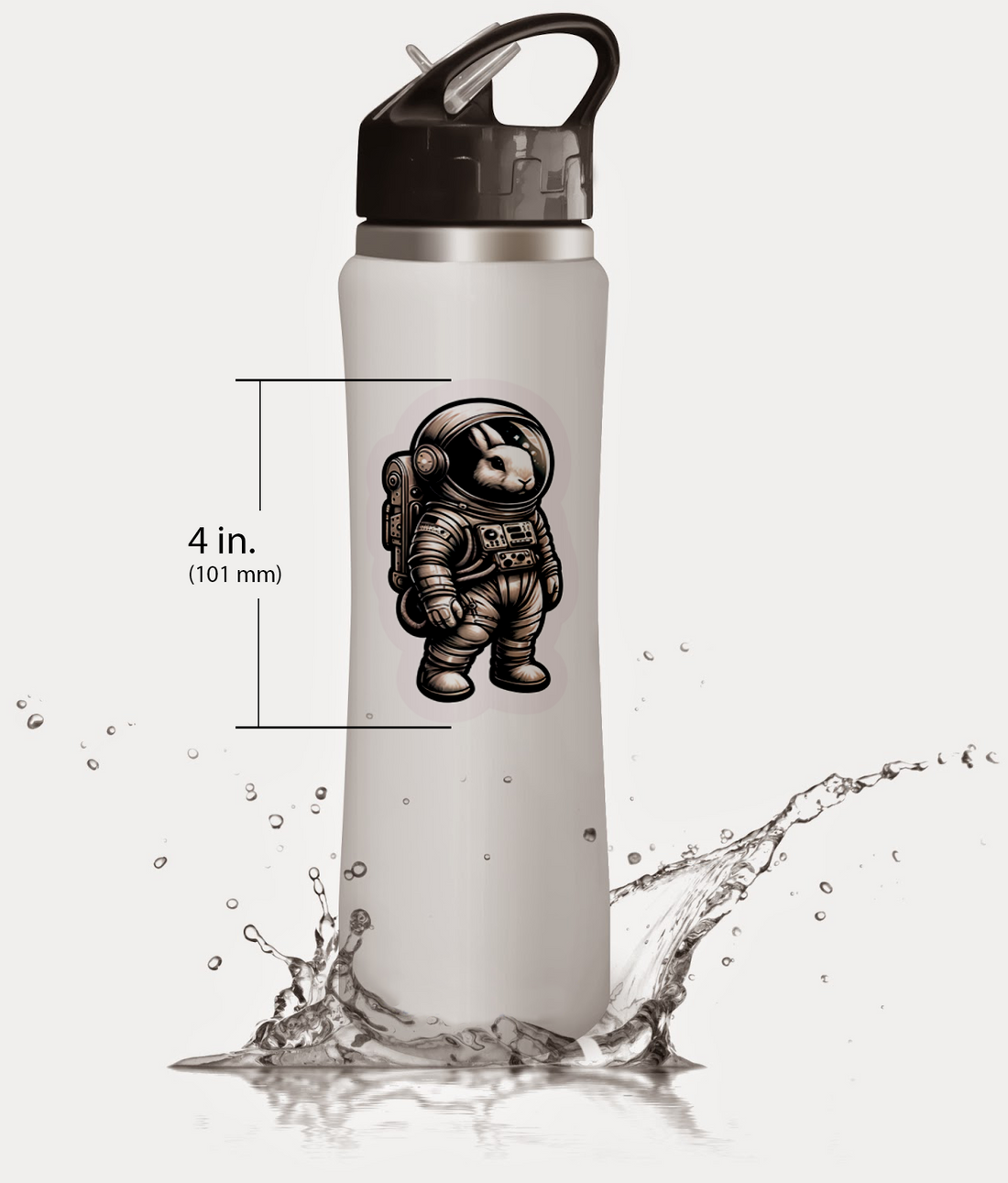
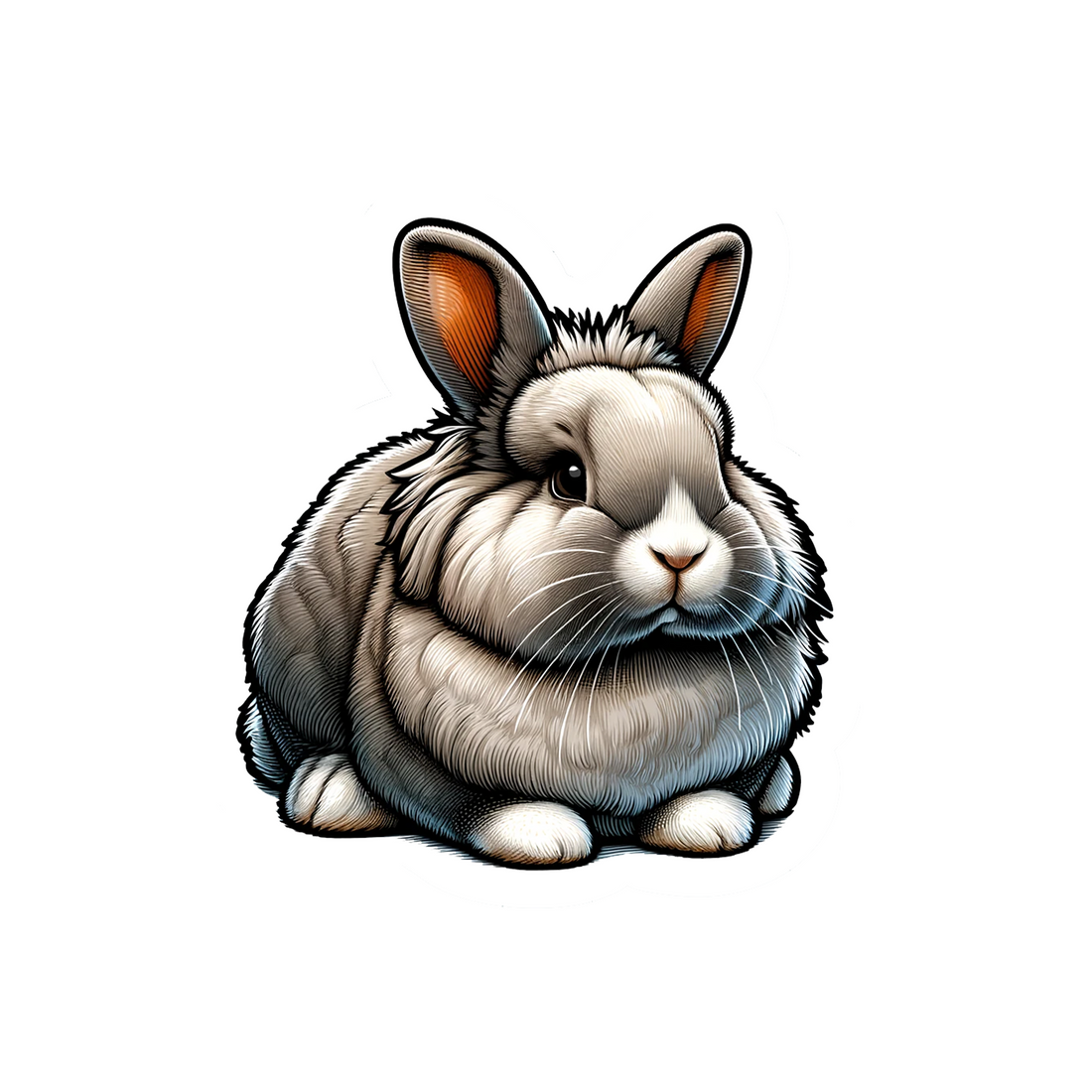
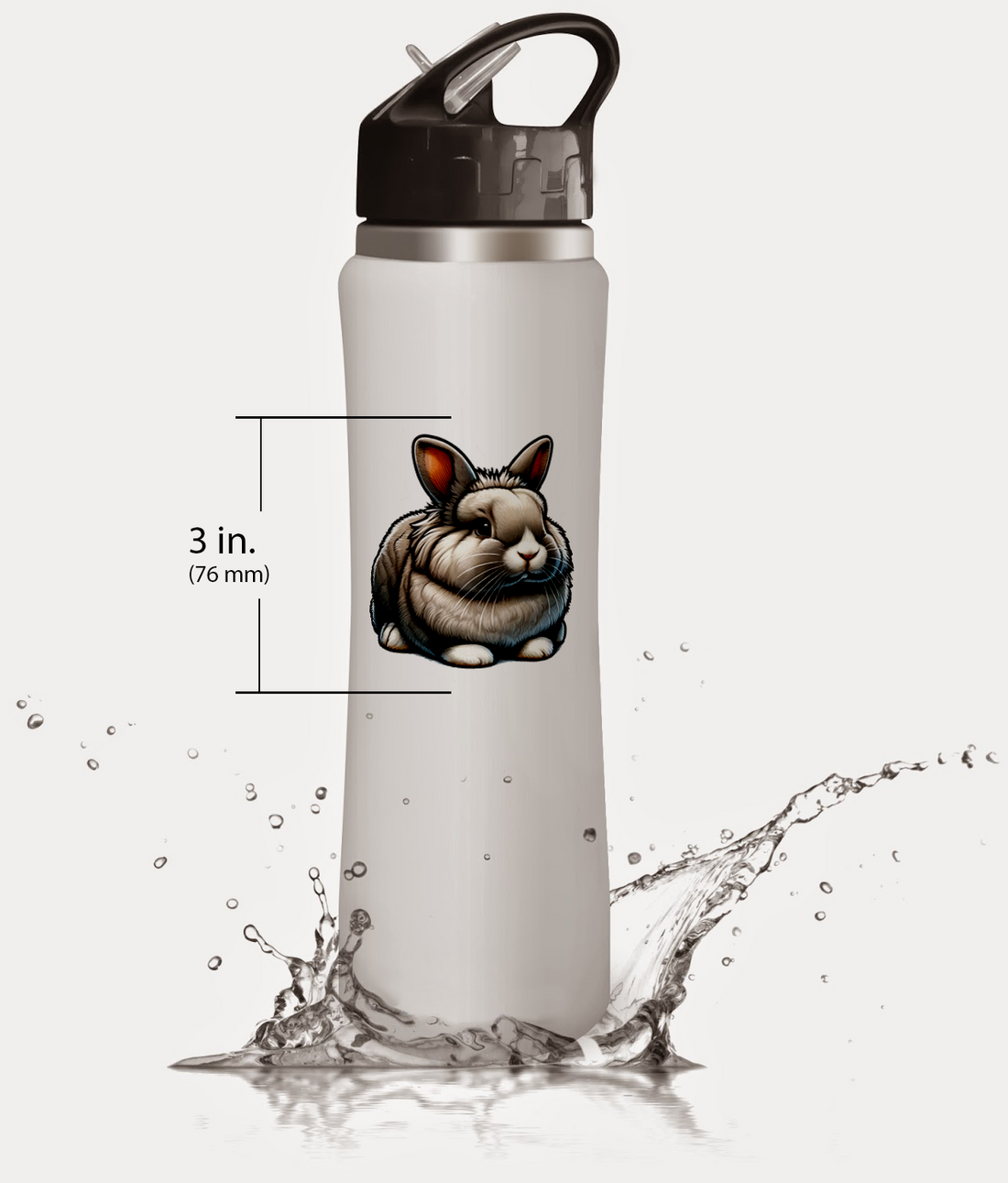
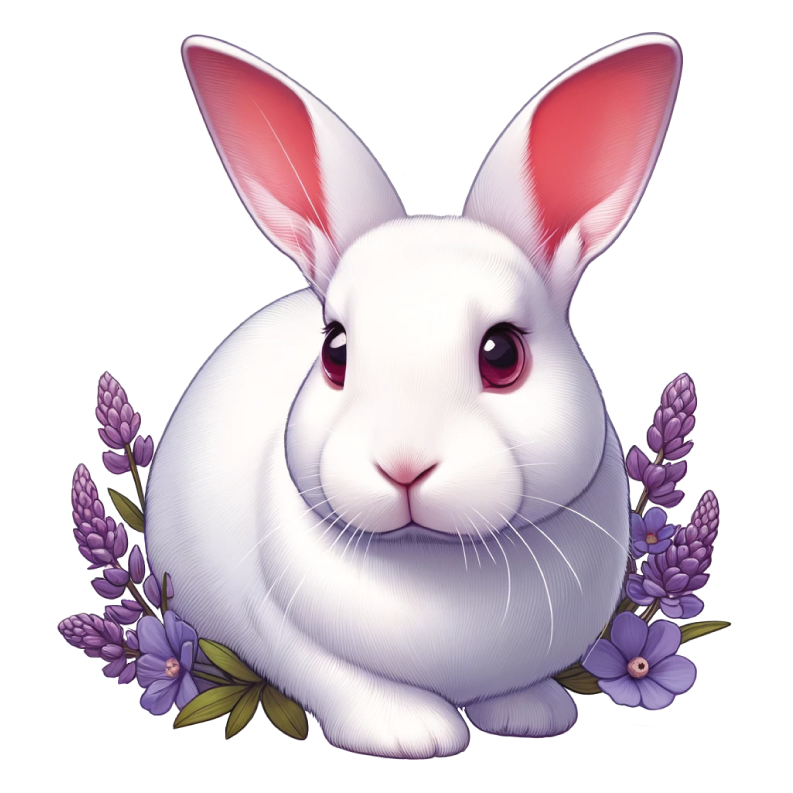
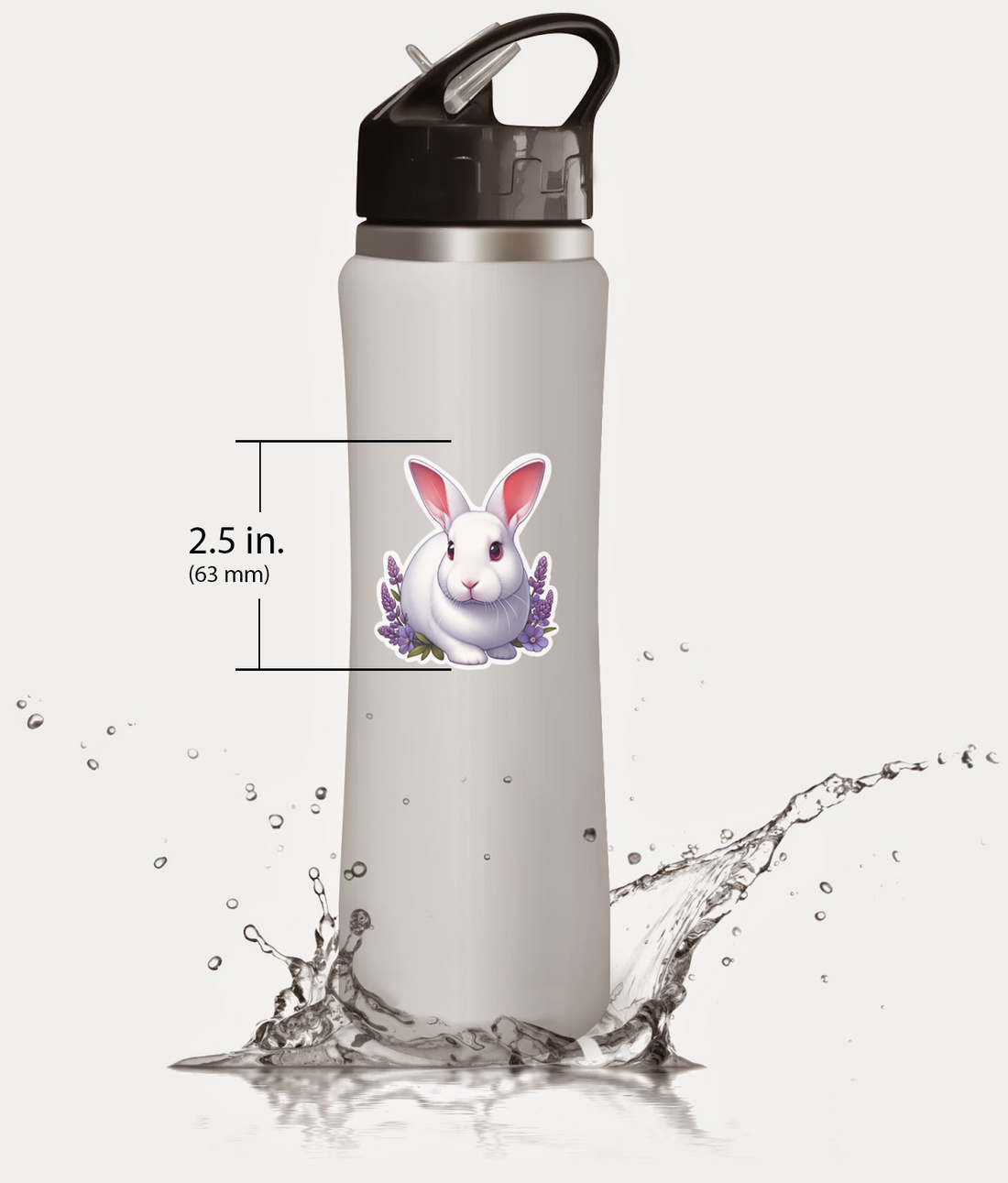
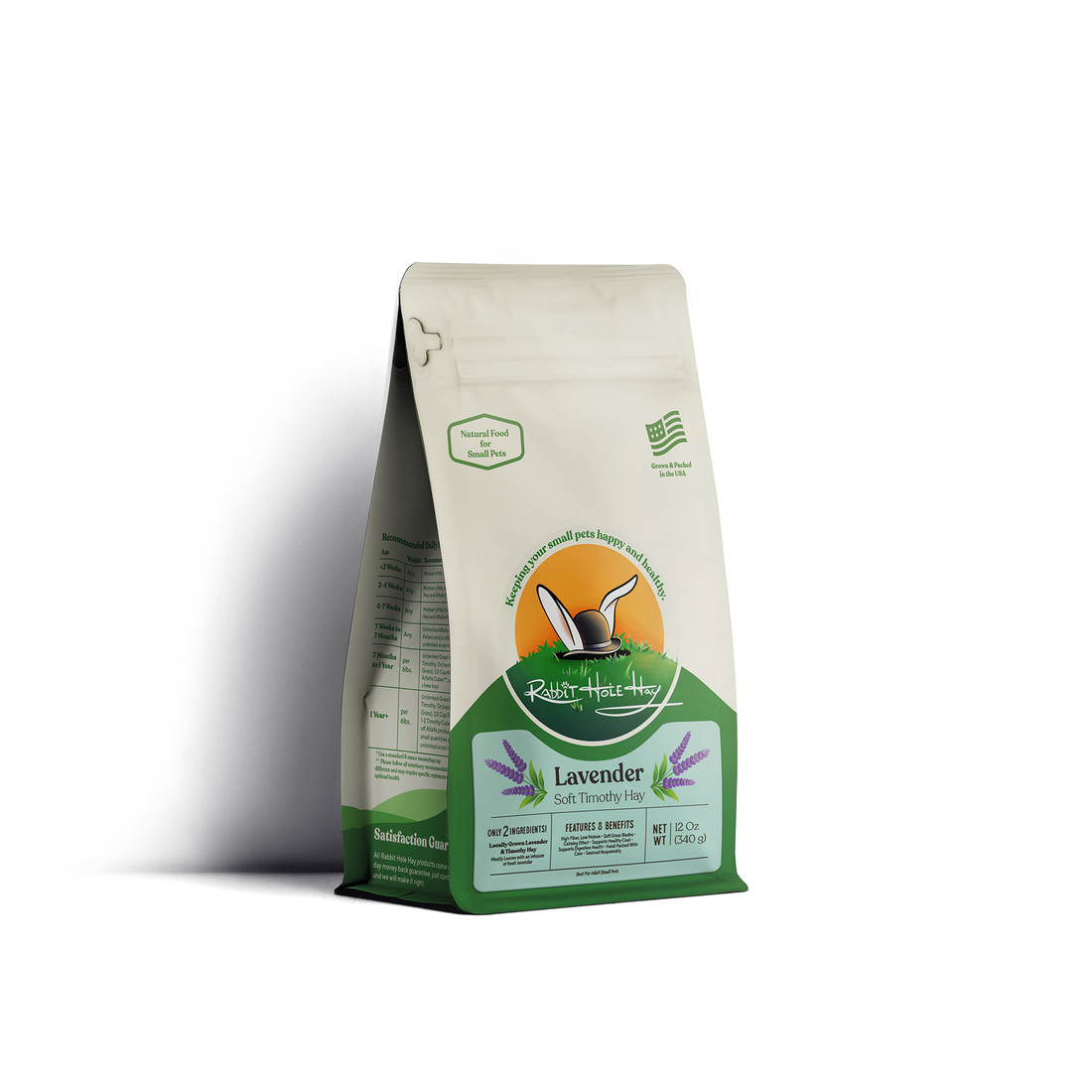
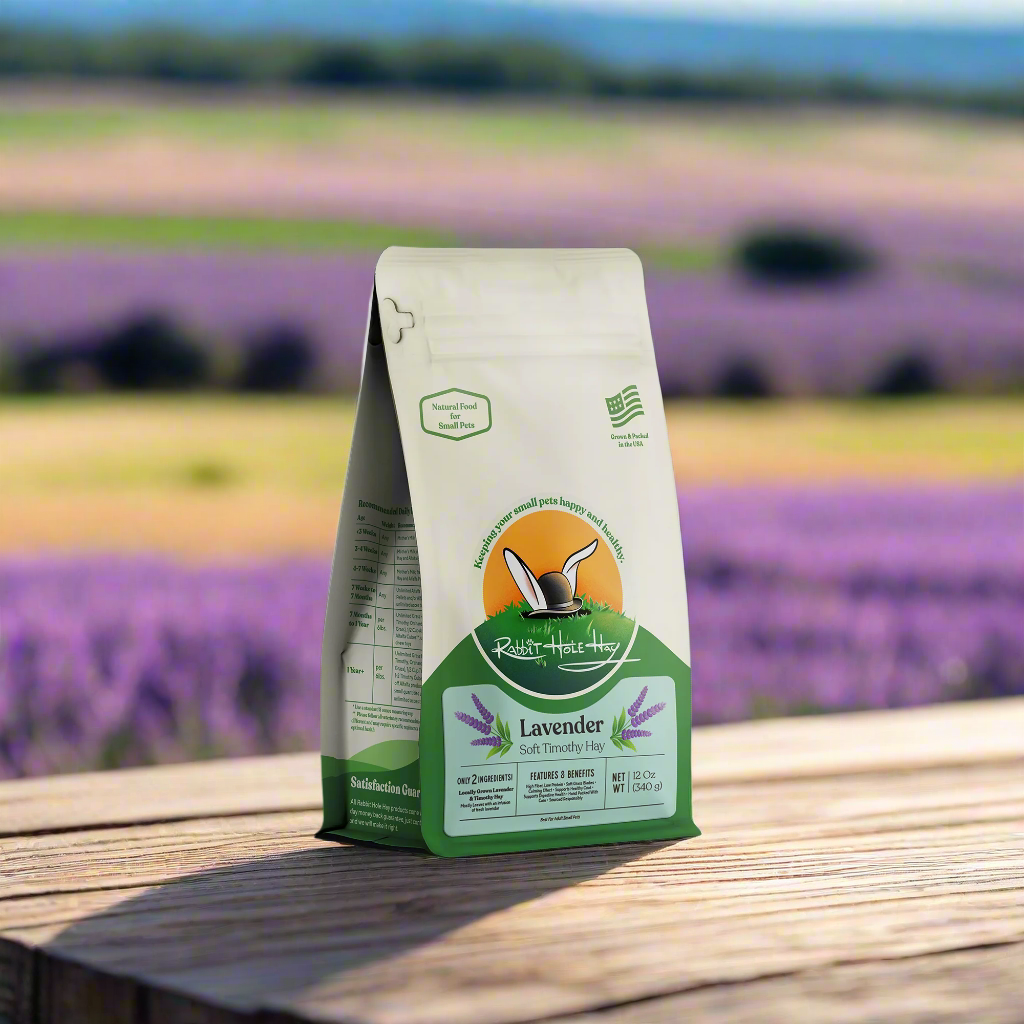


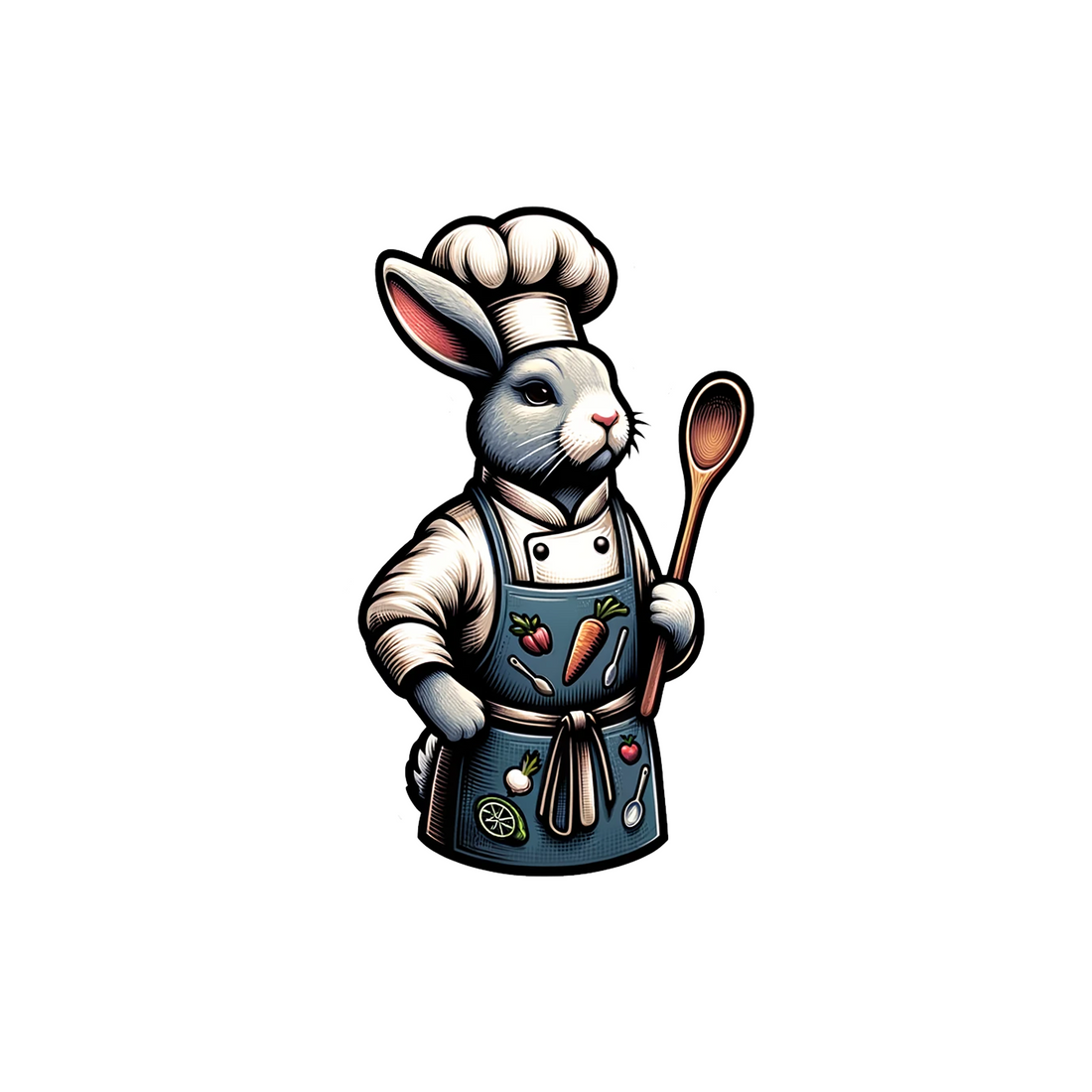
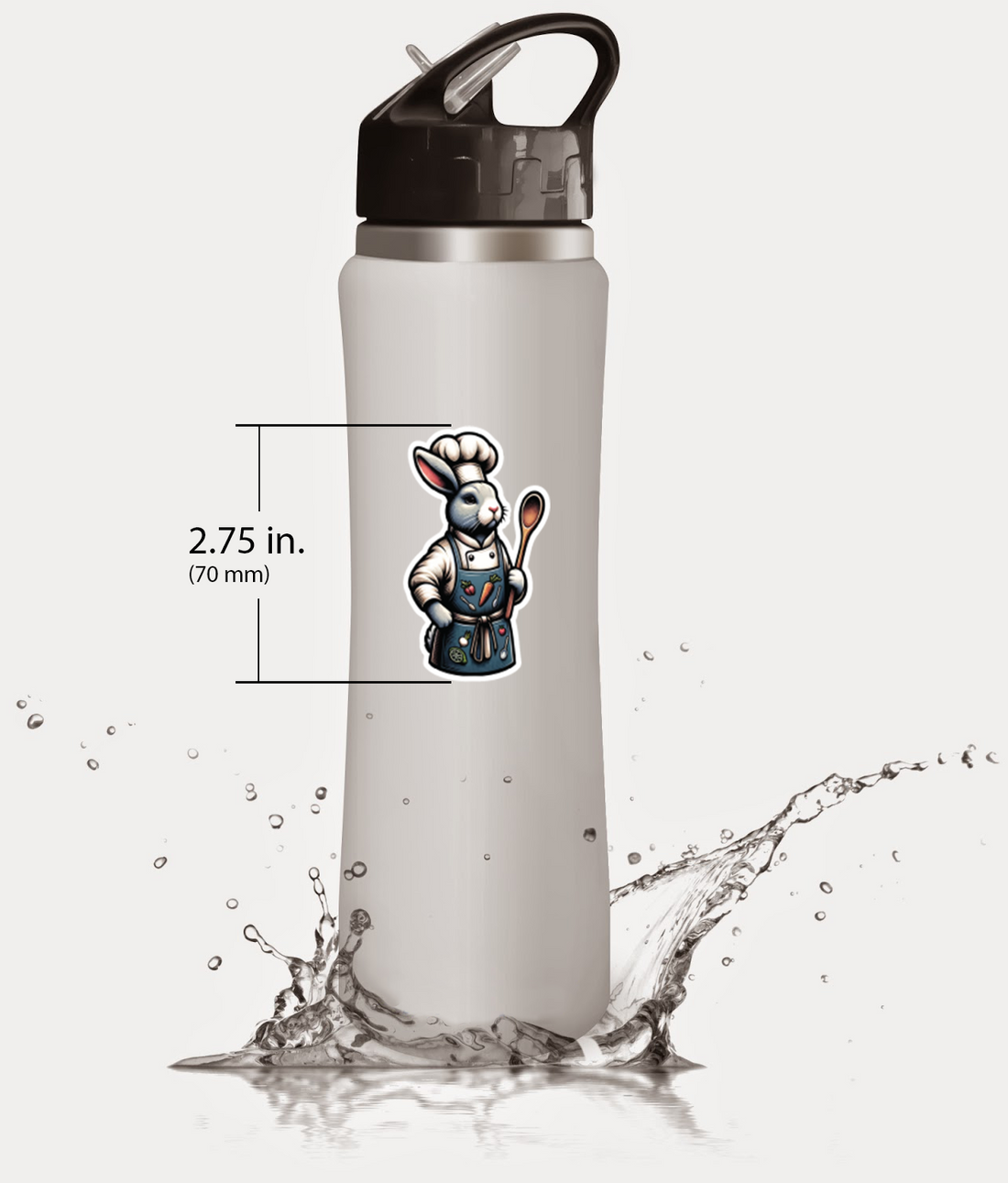
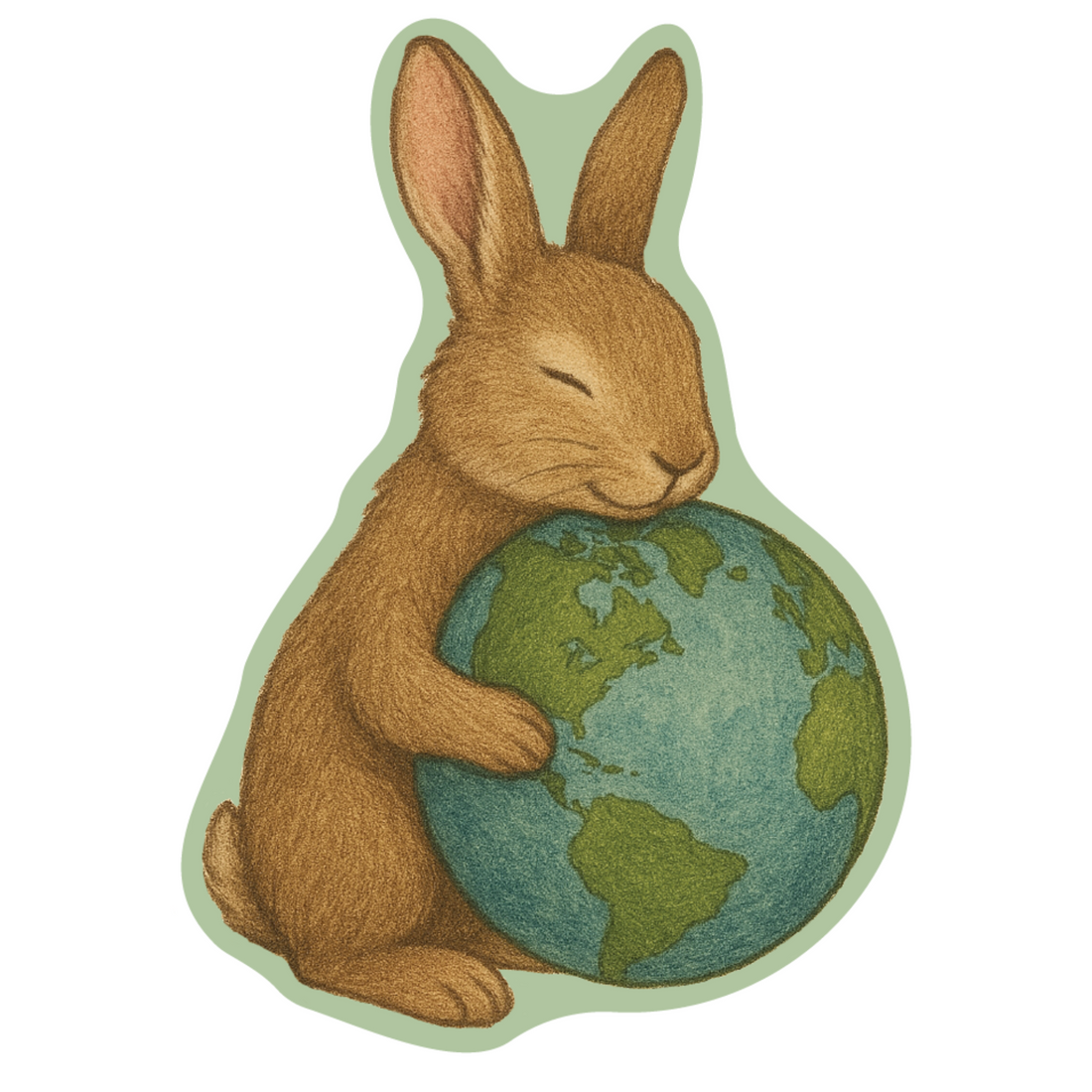
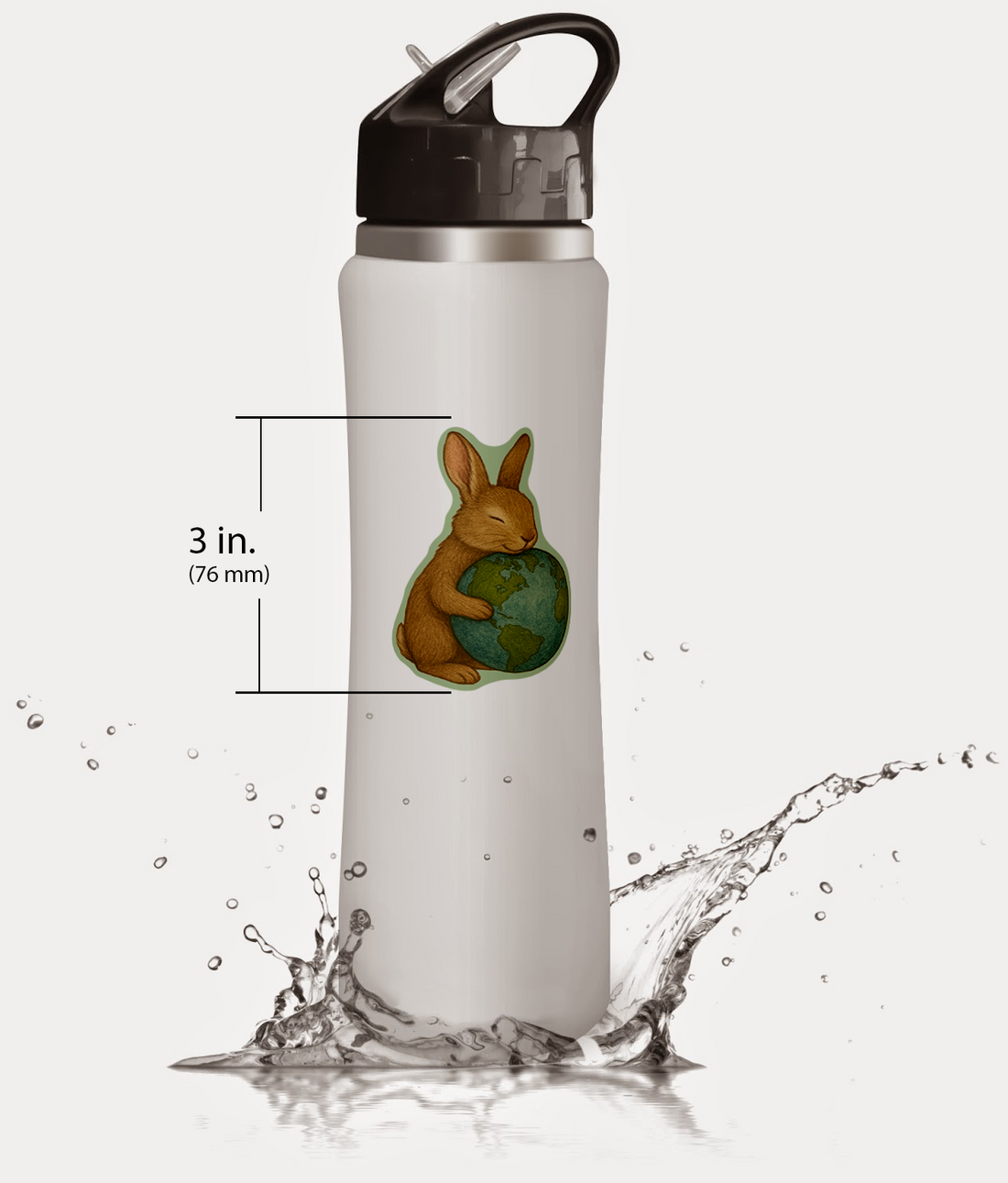
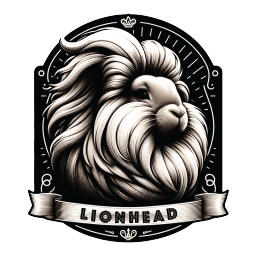

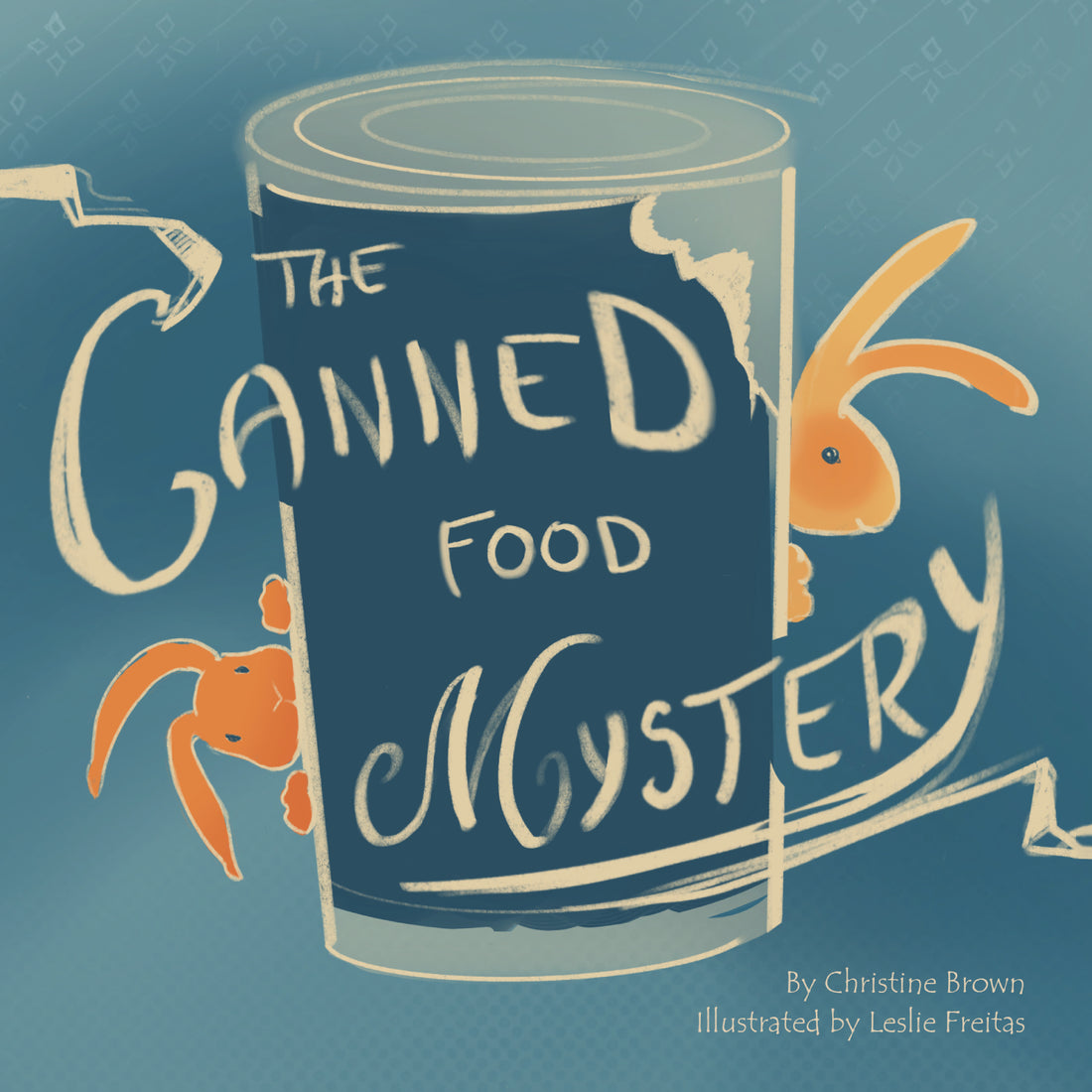
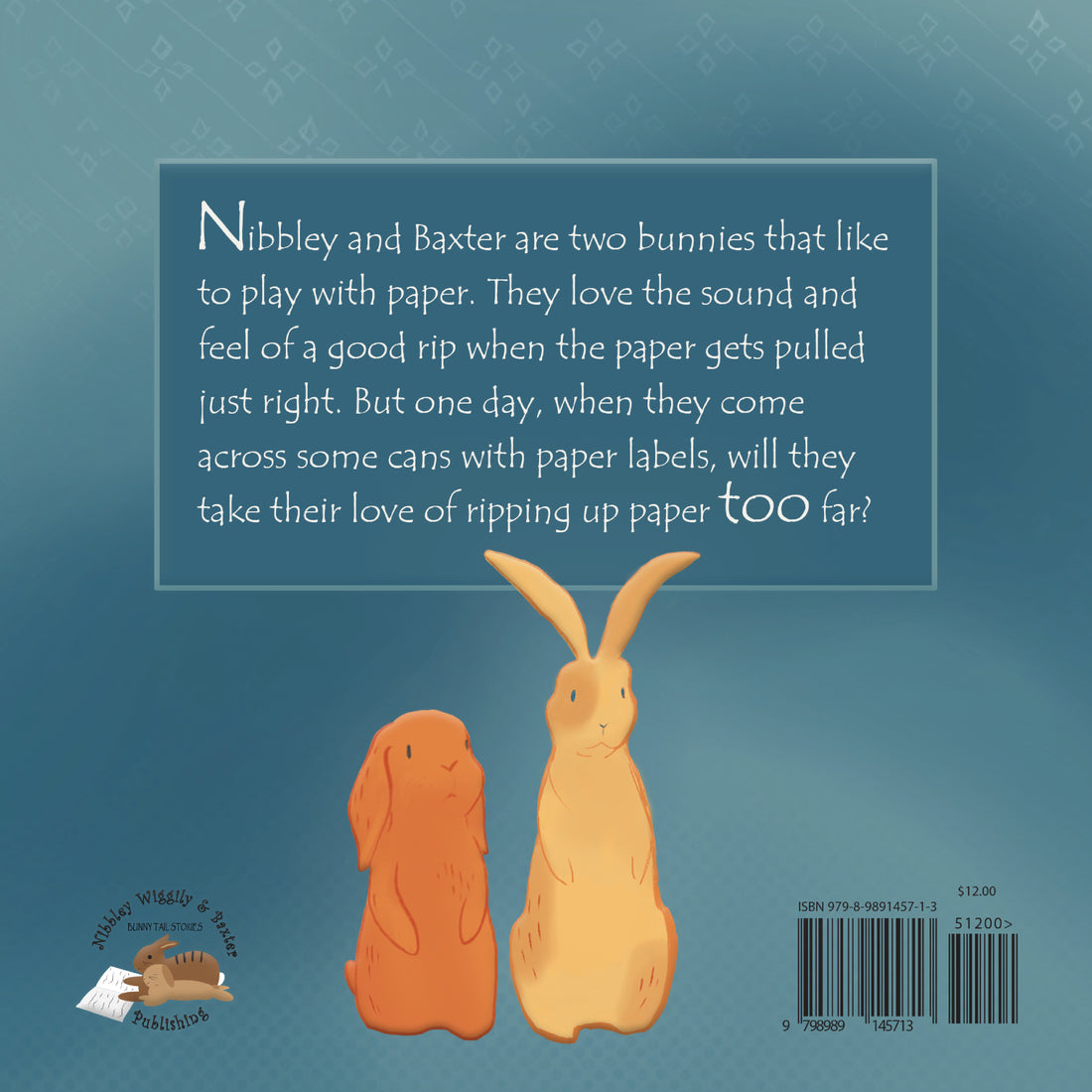
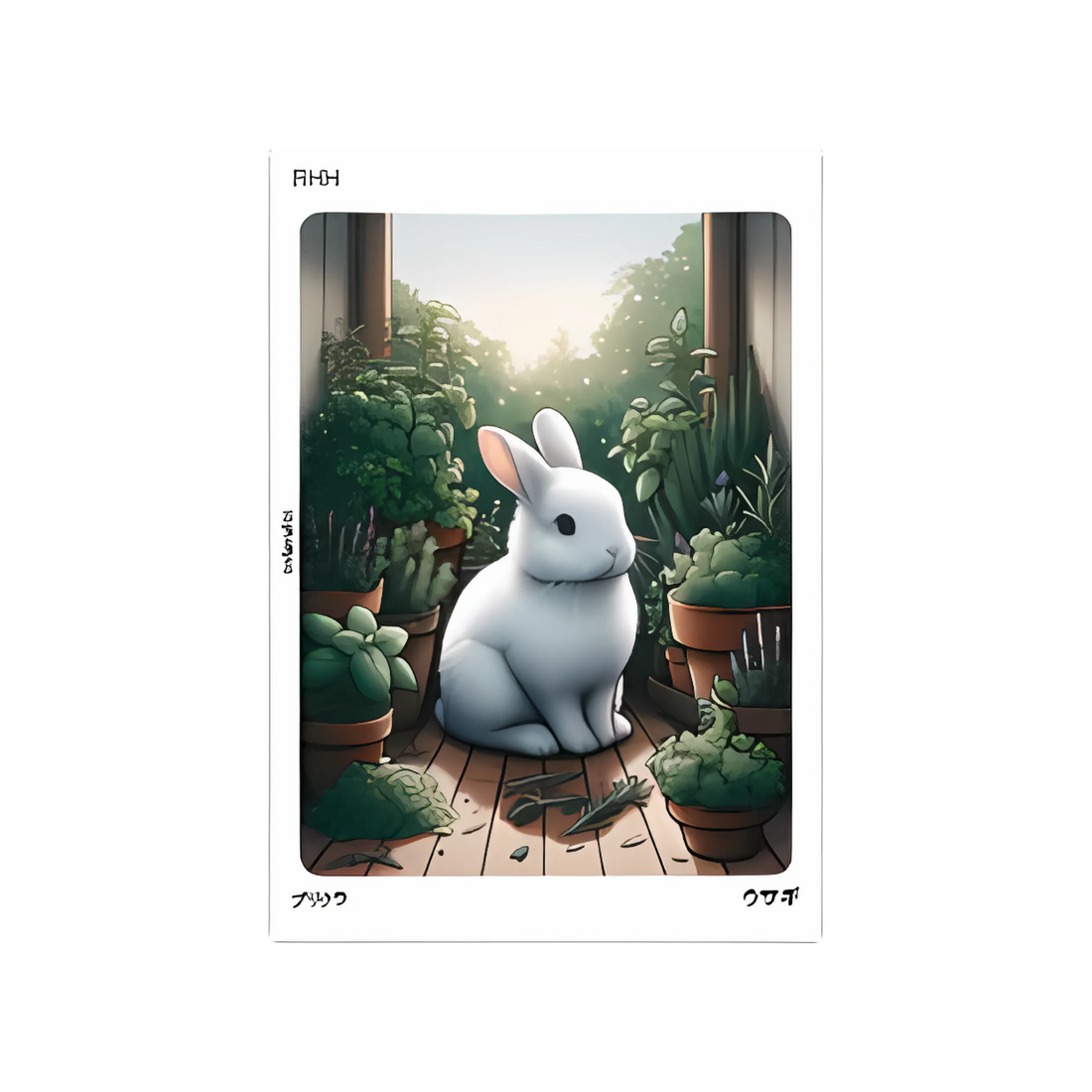

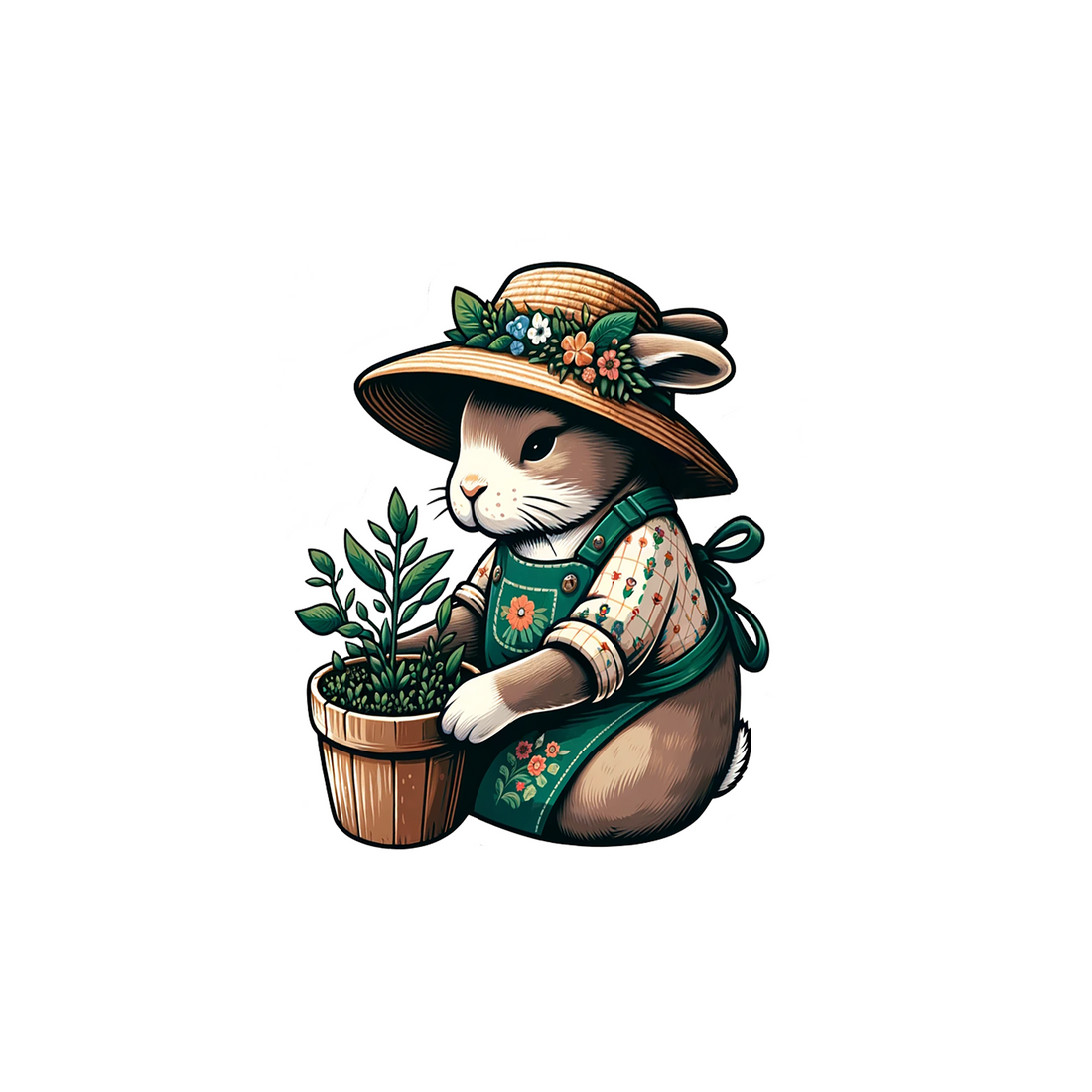
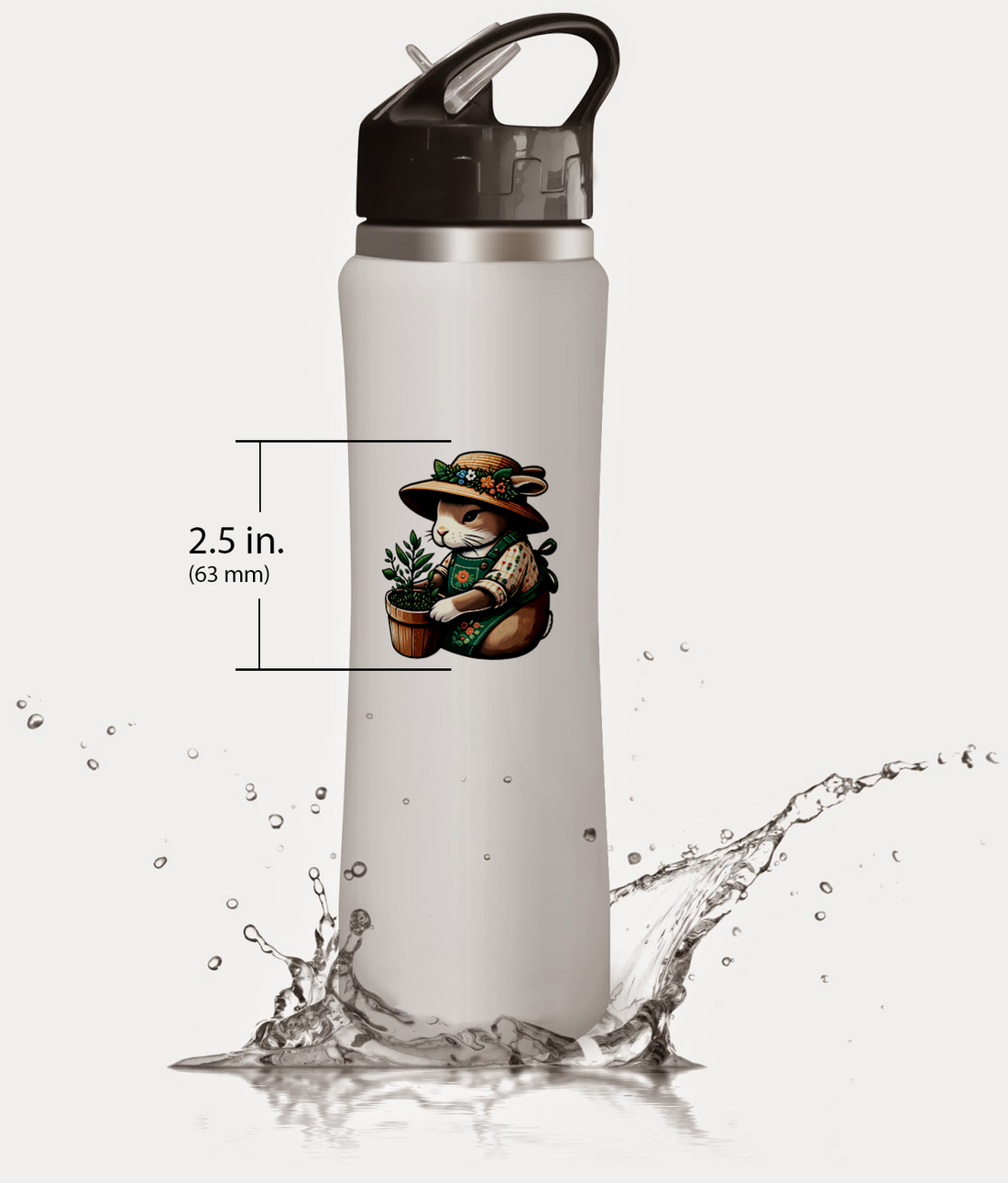






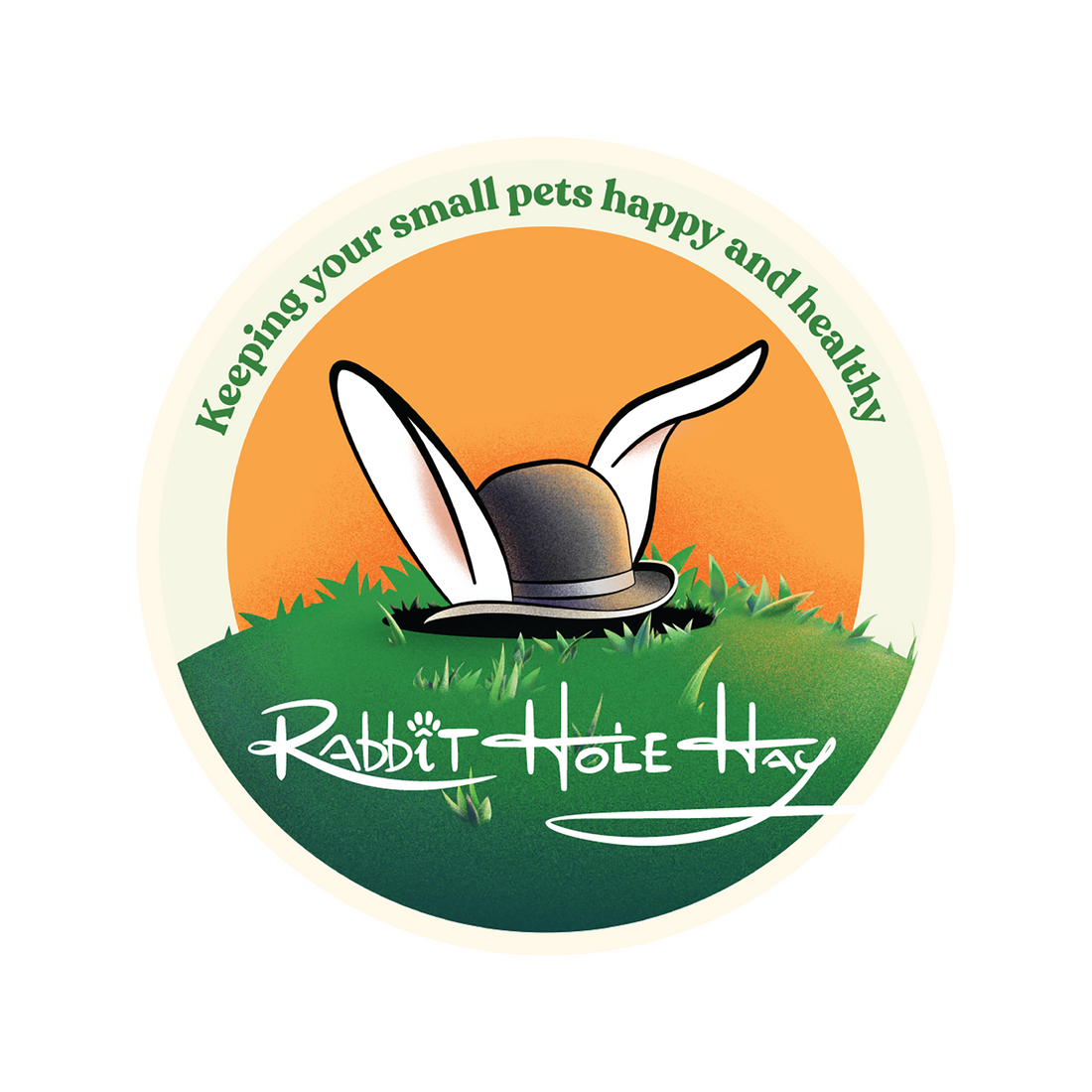
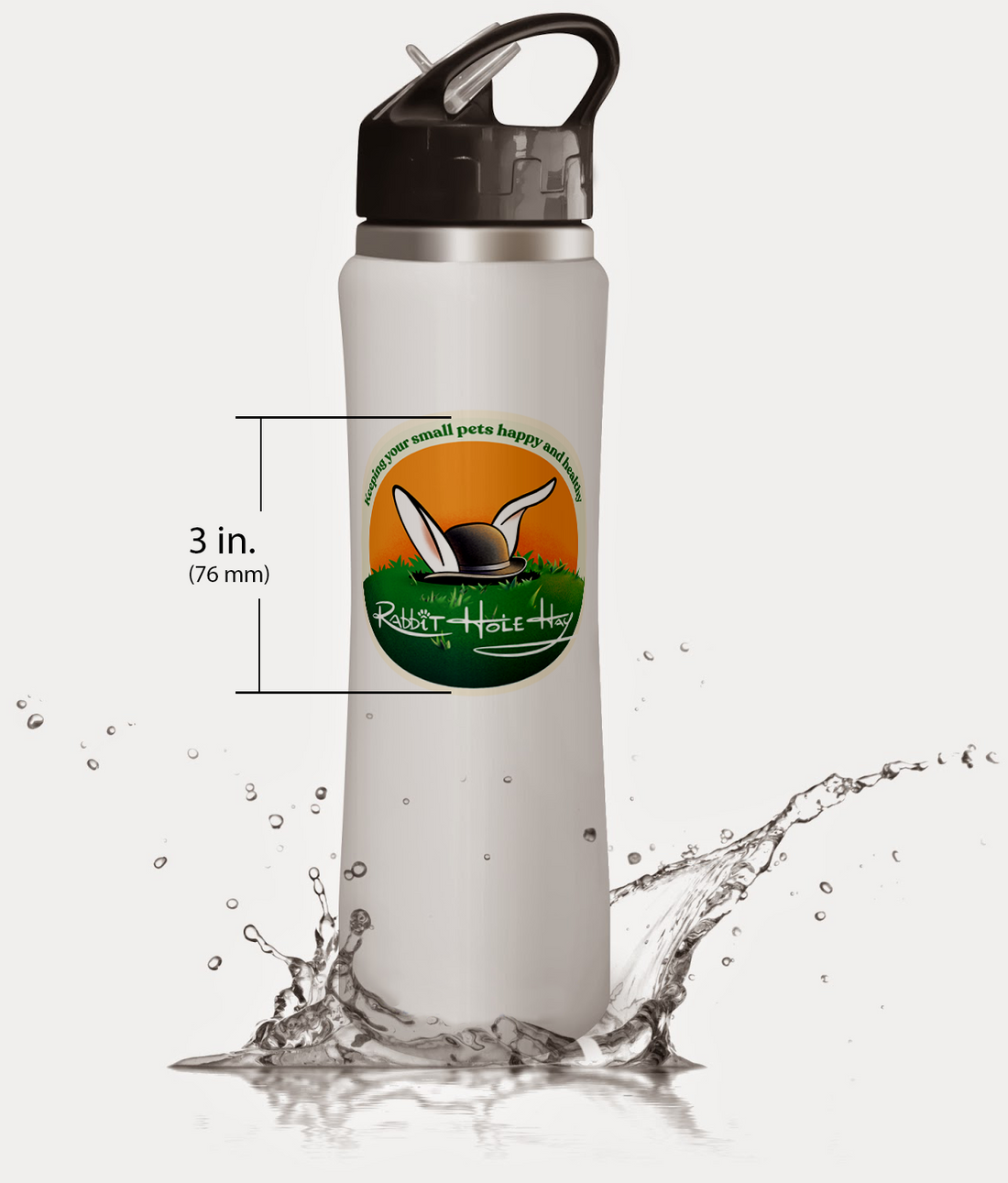
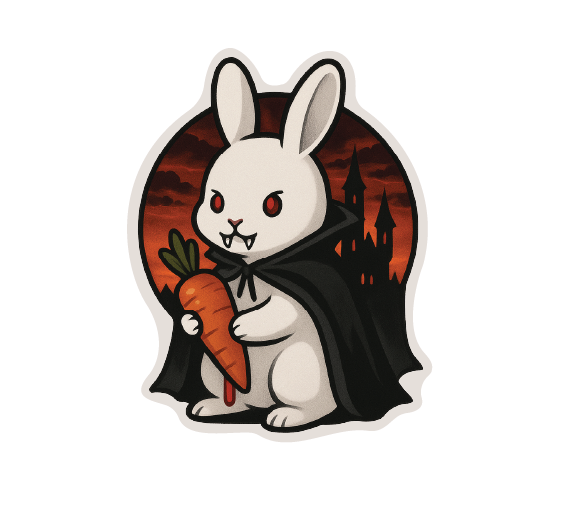





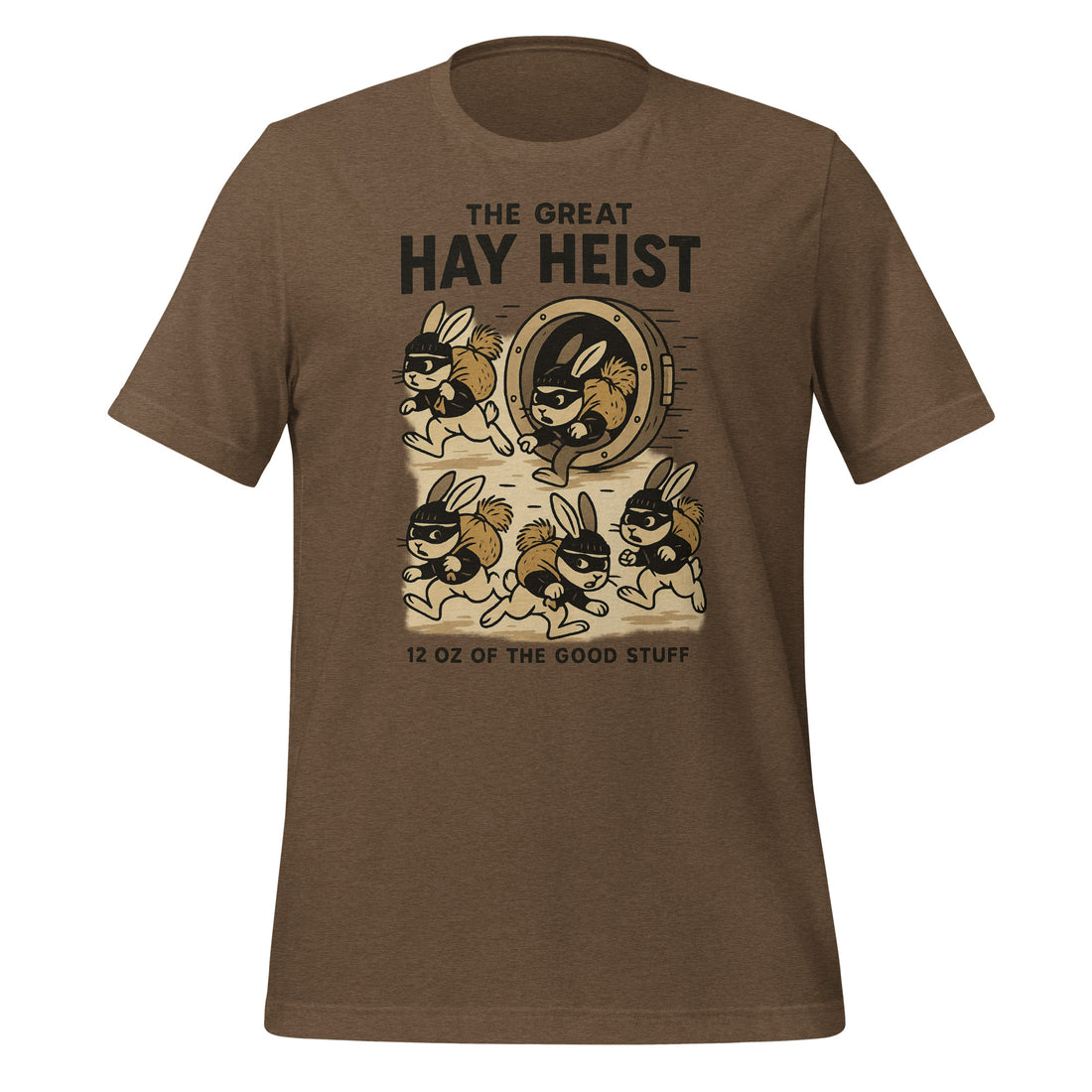

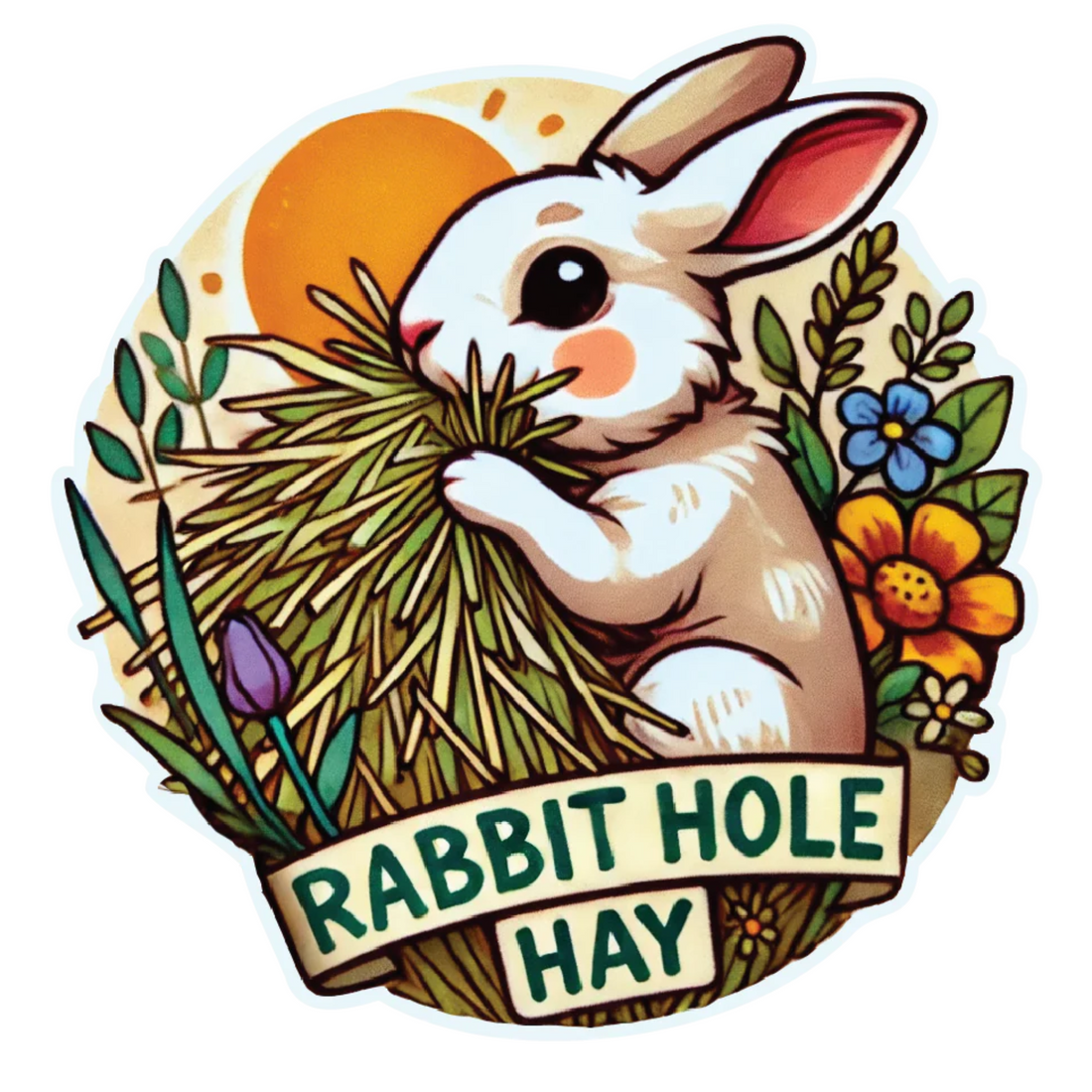
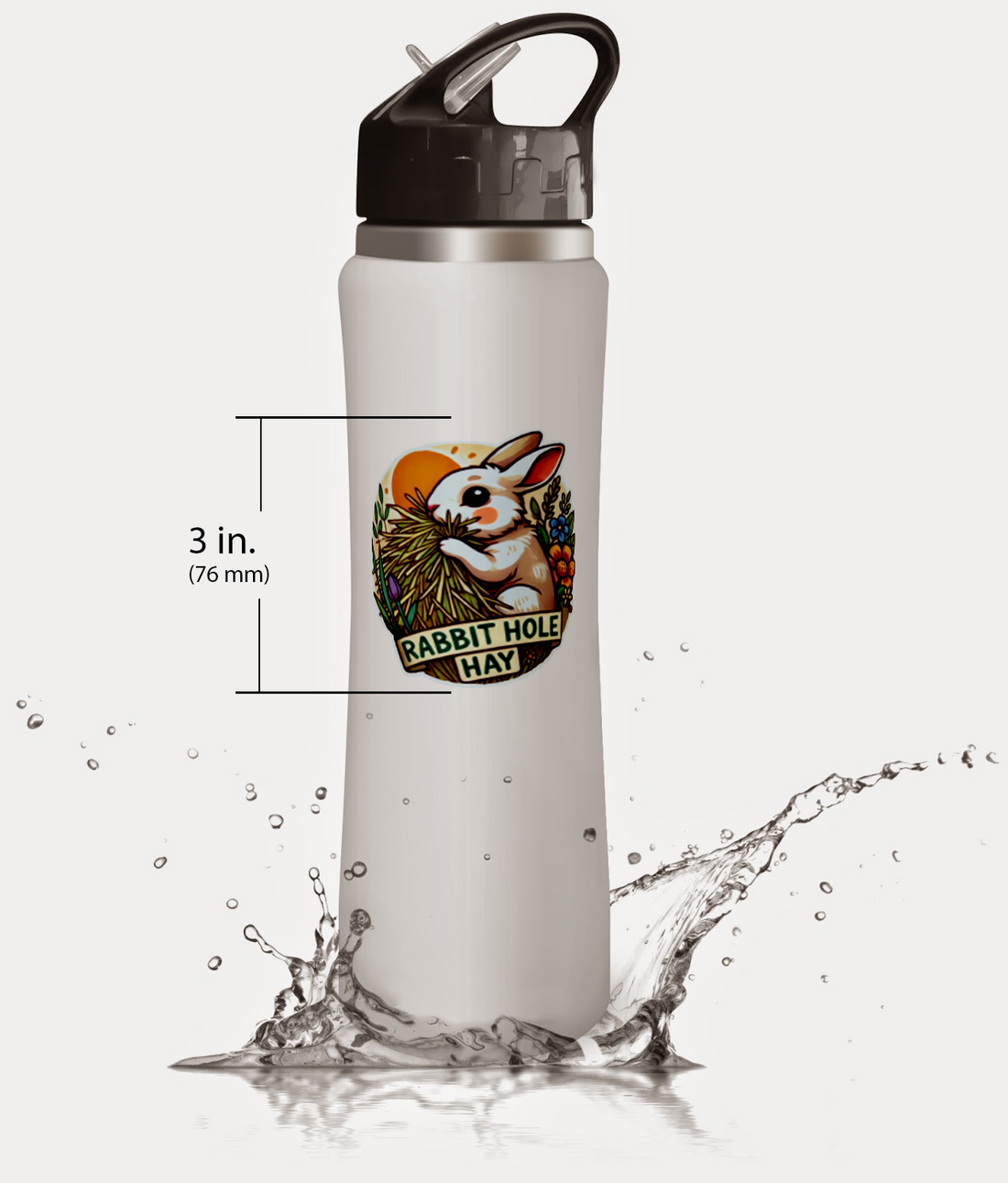
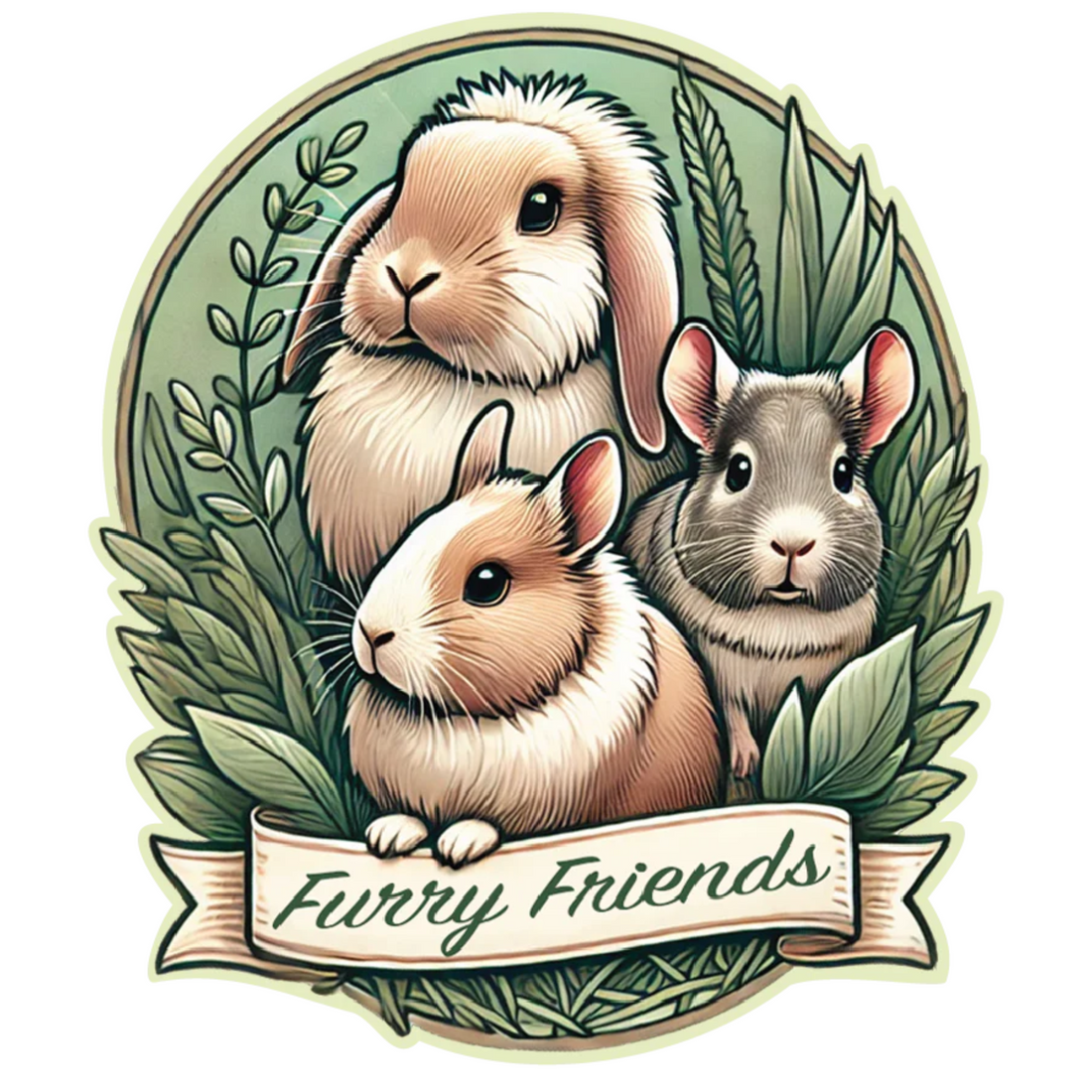
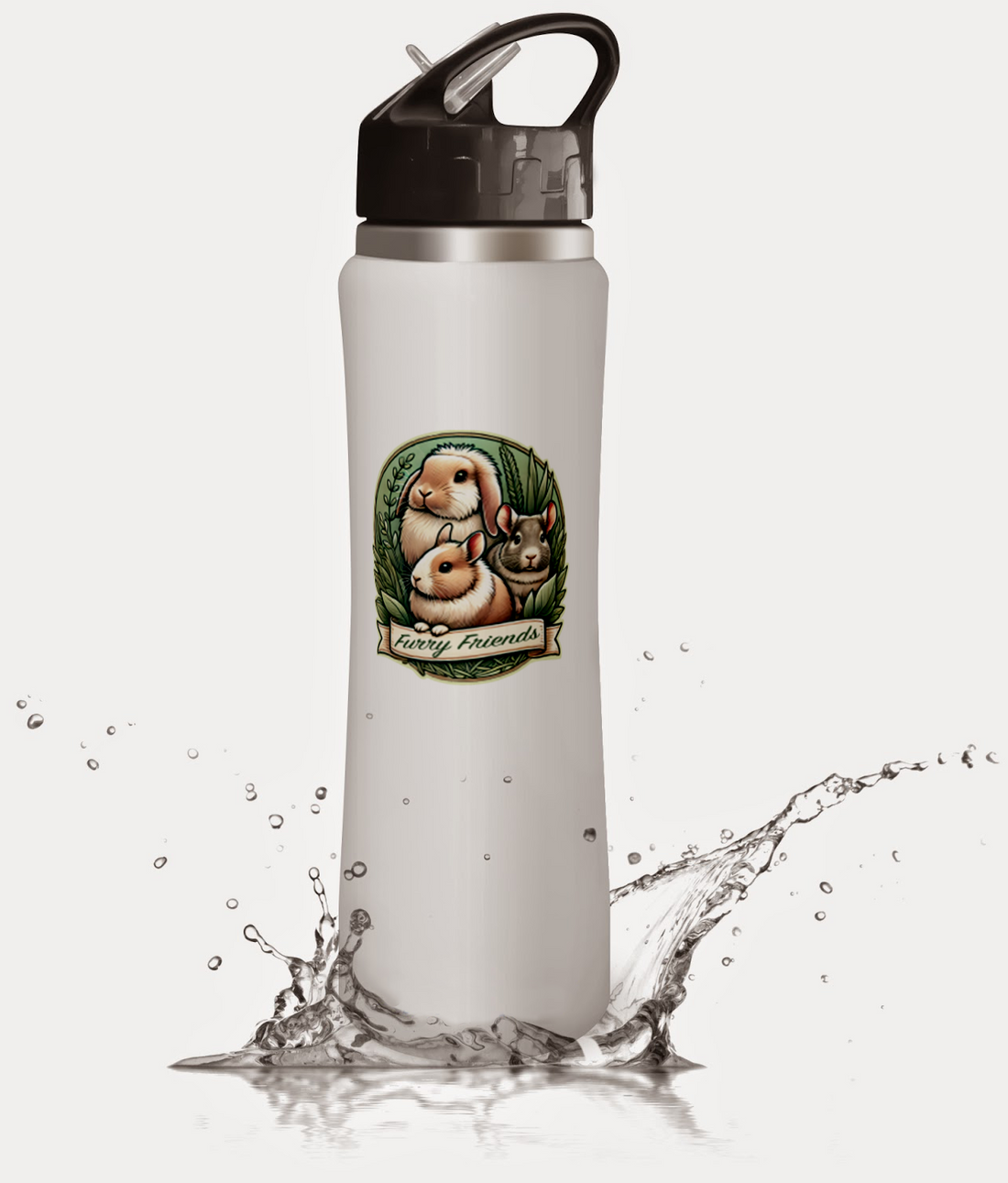

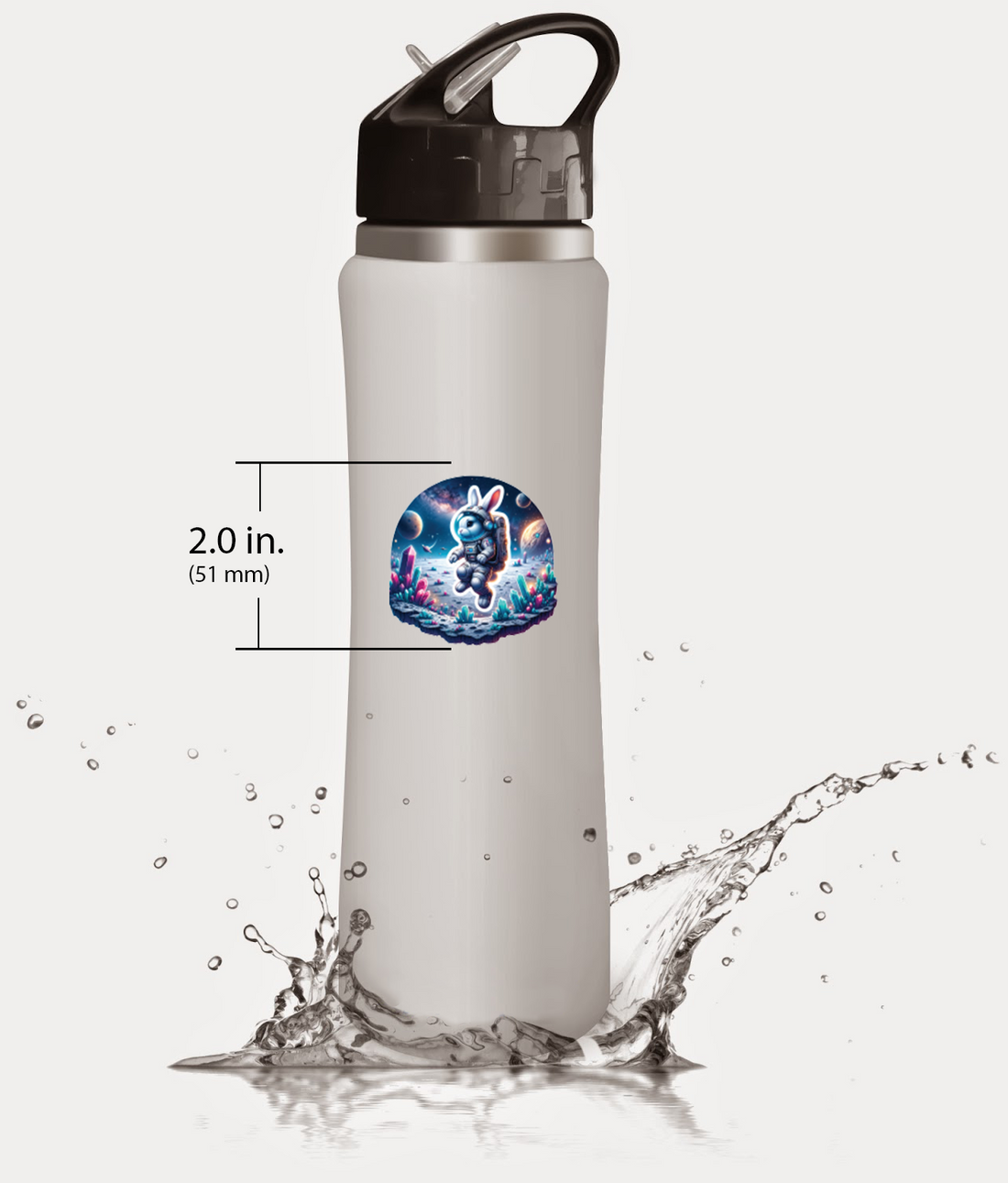


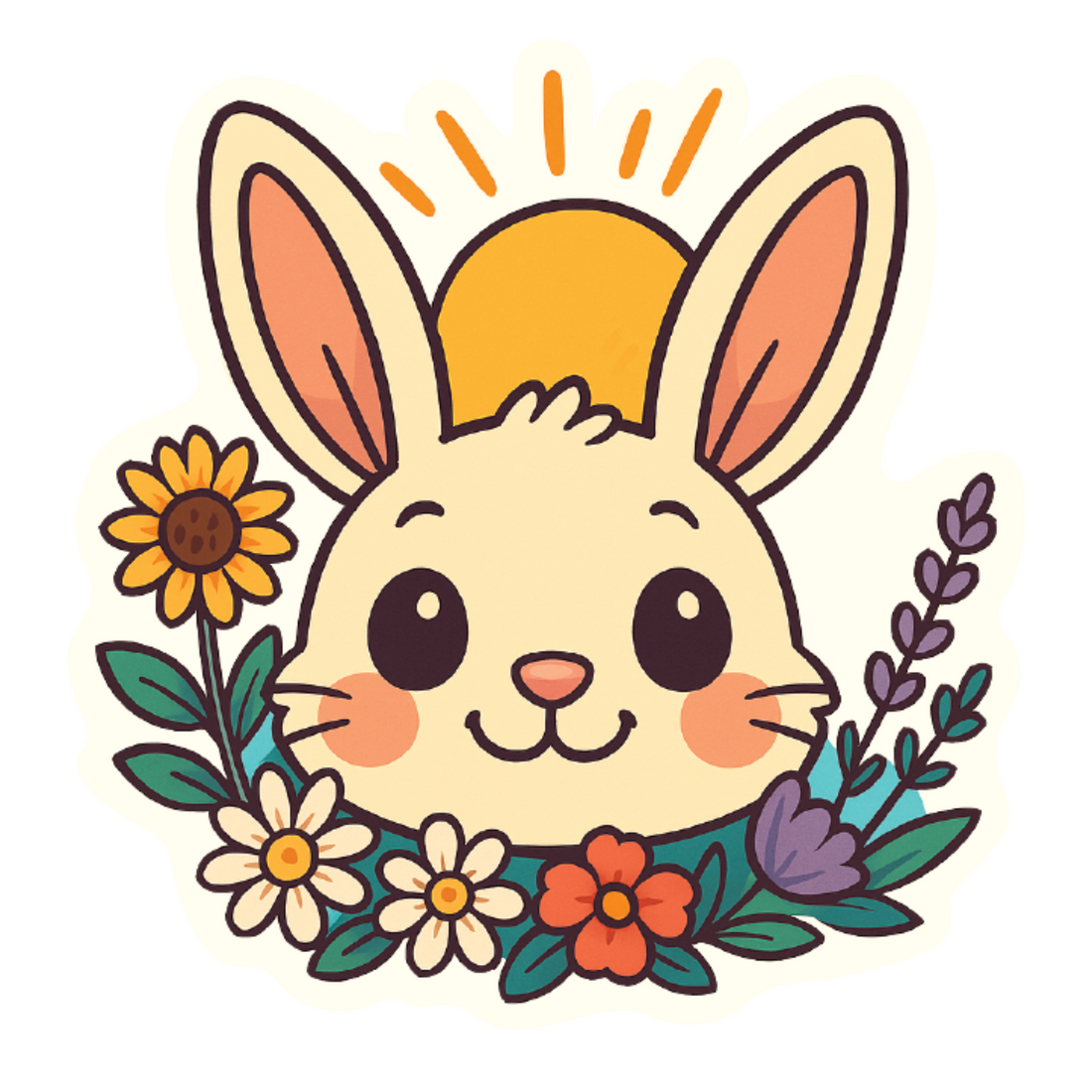
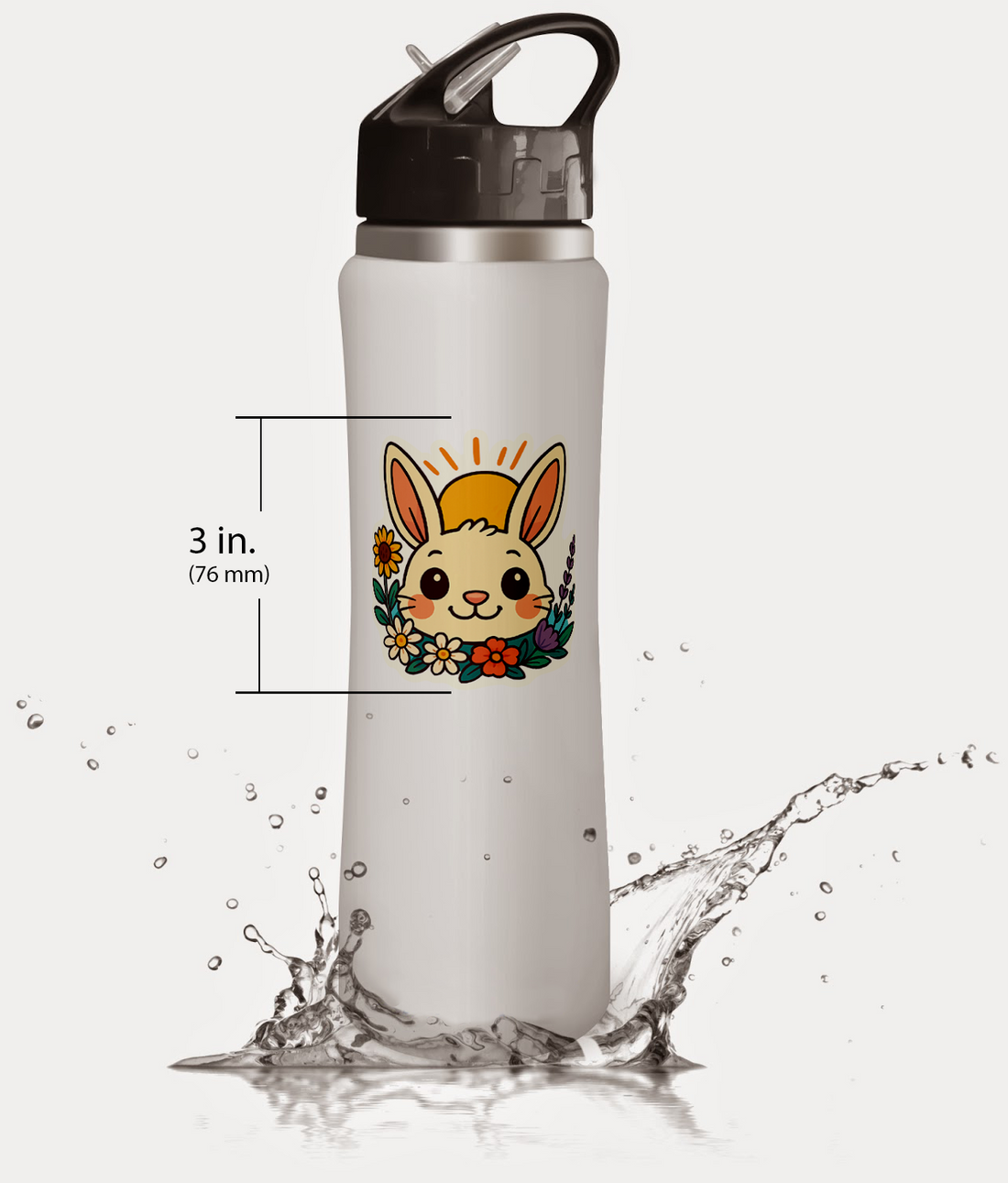


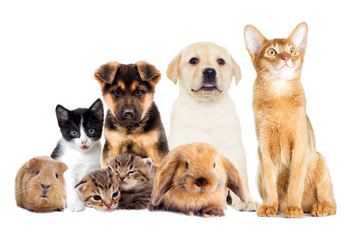




Comments